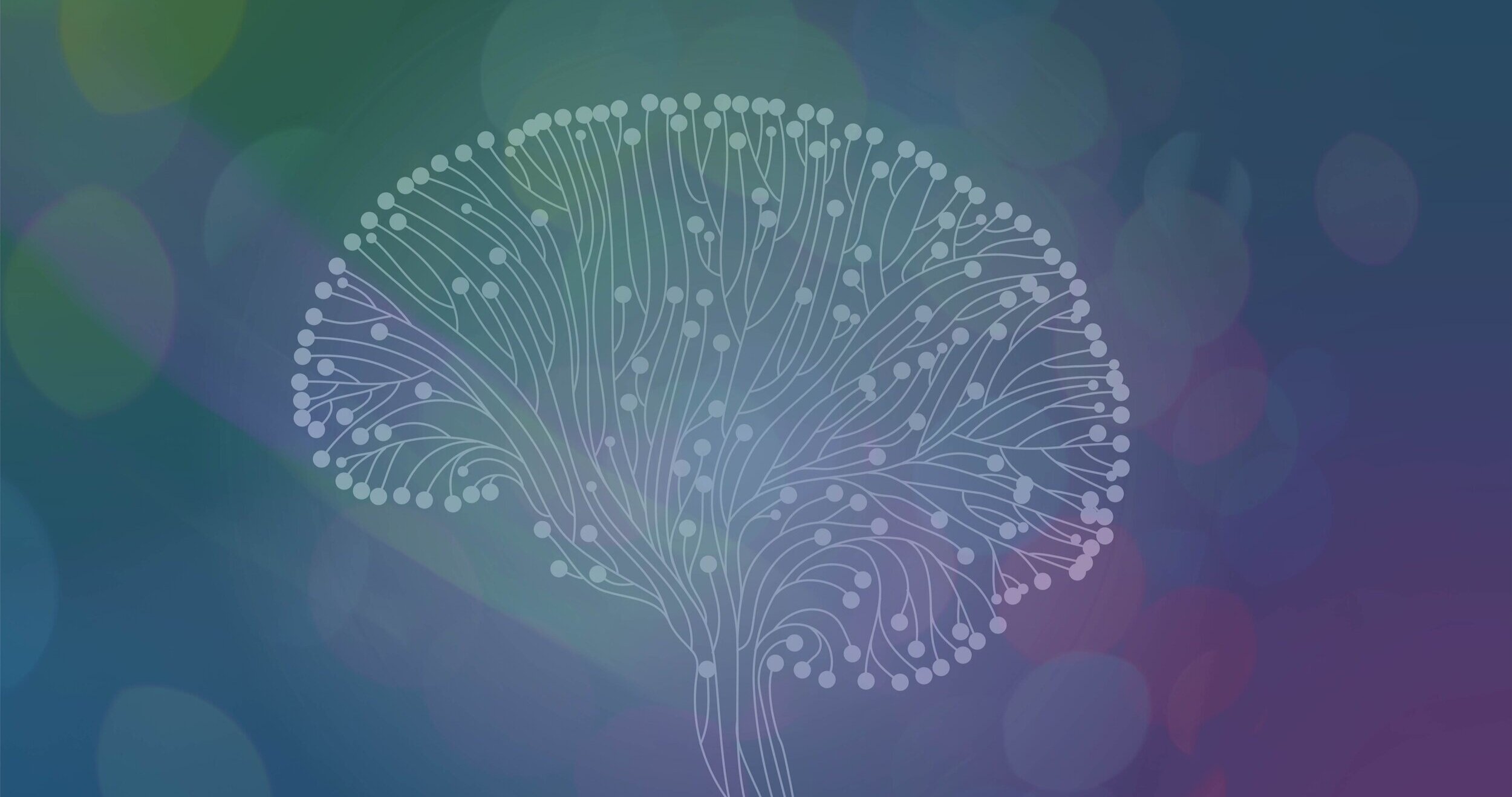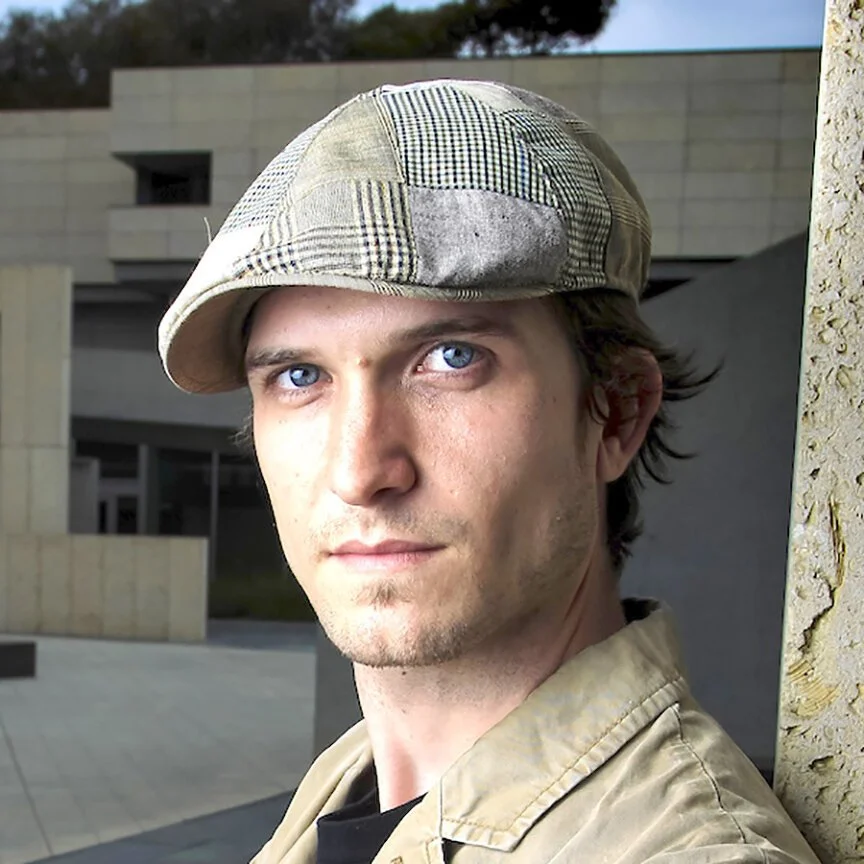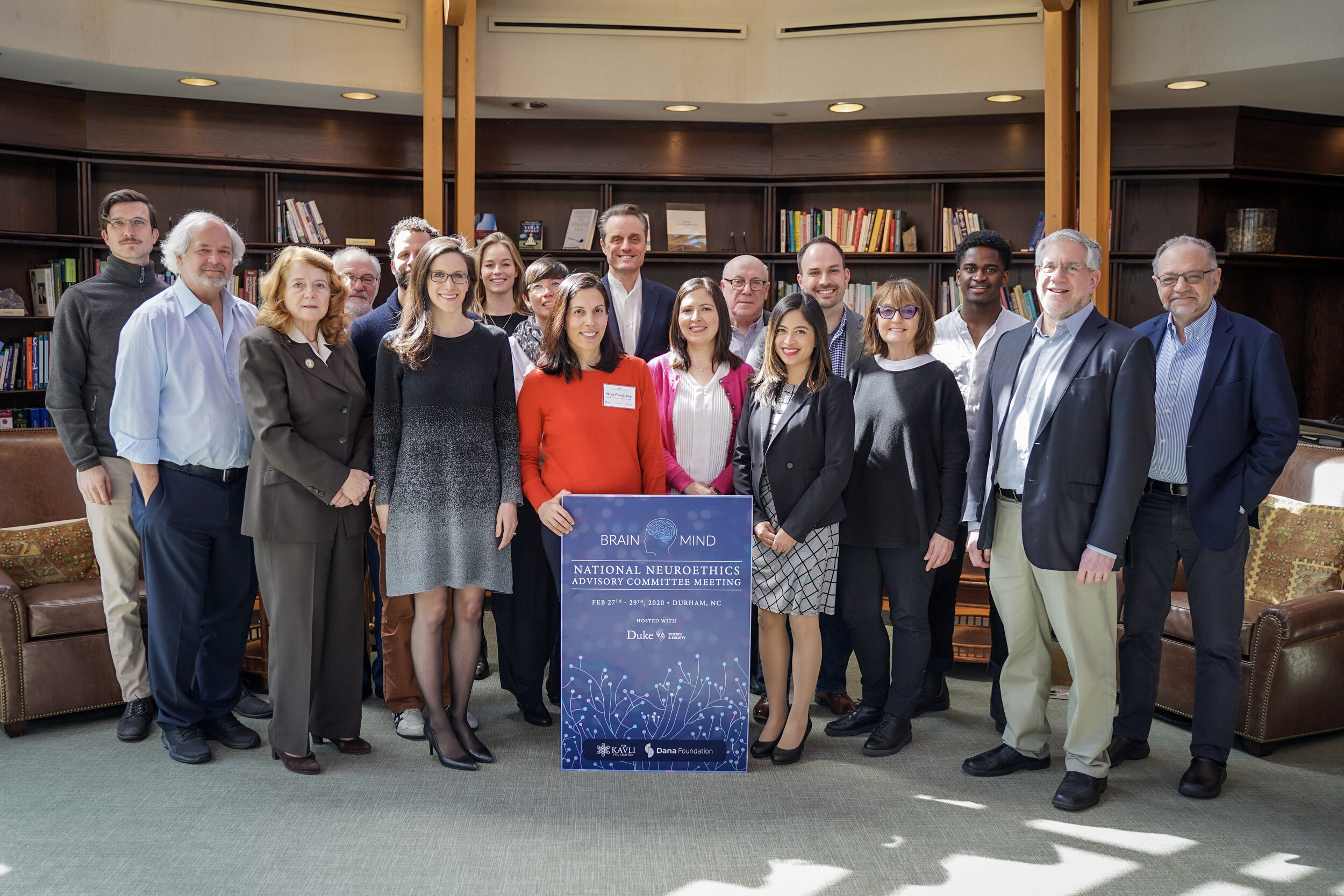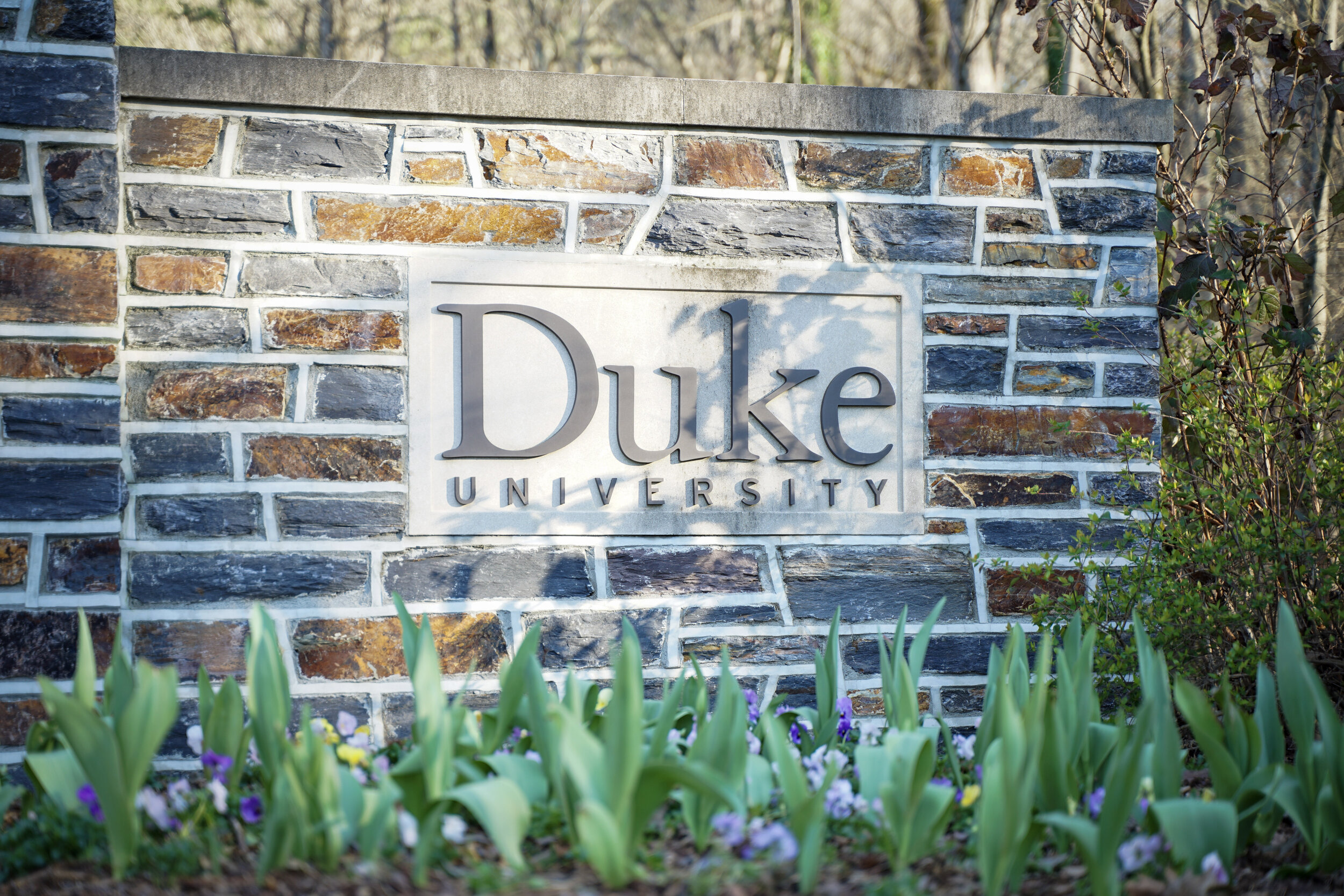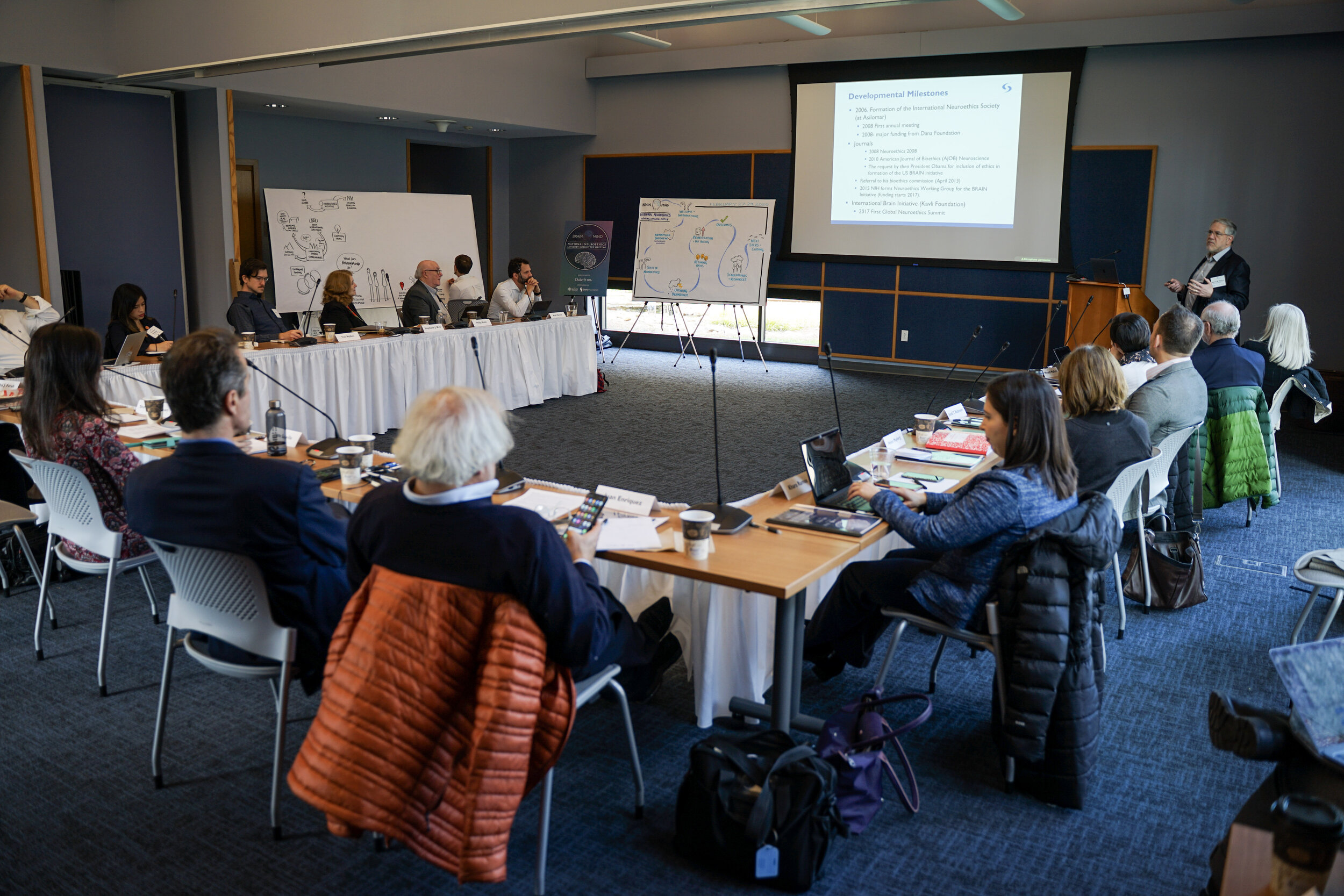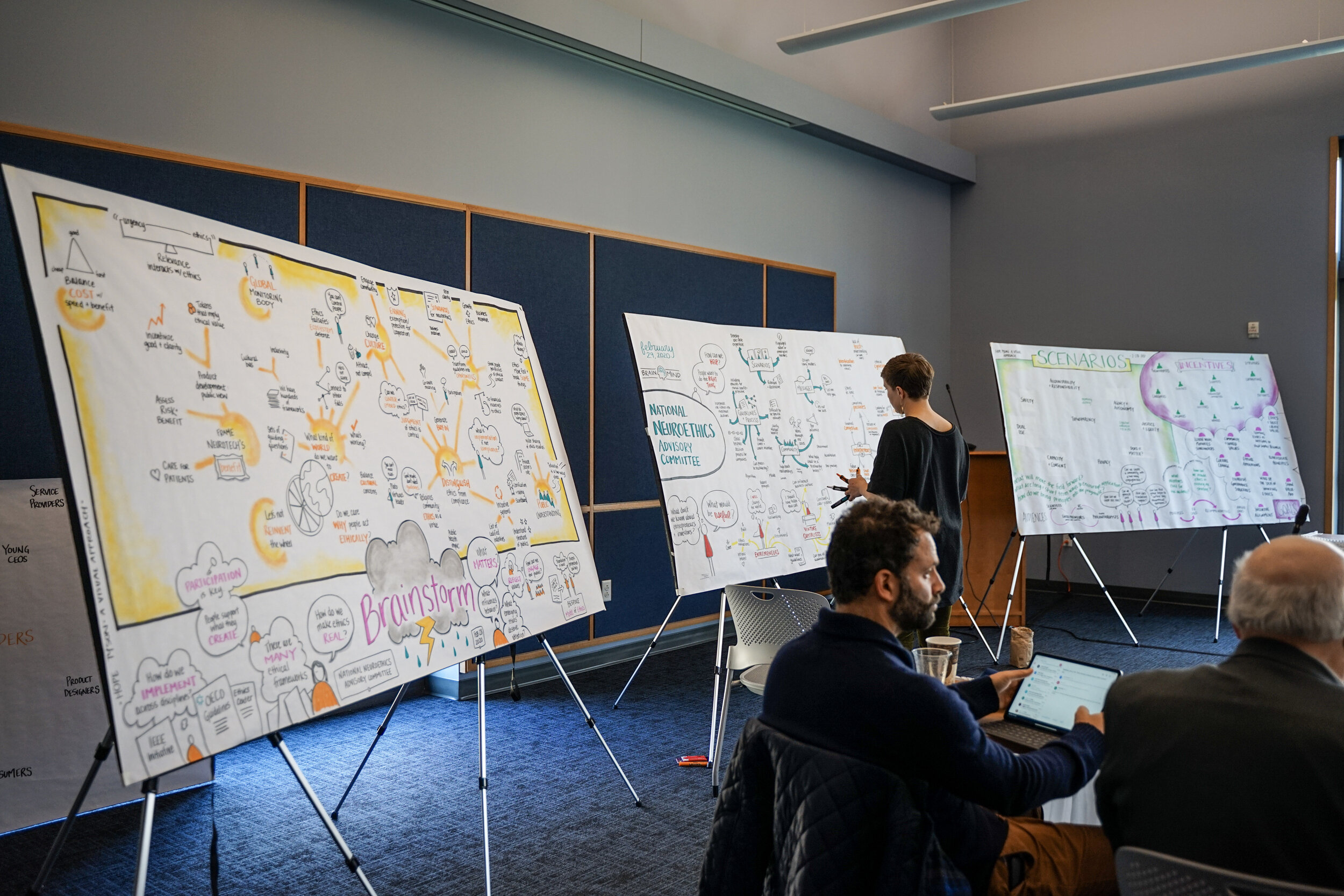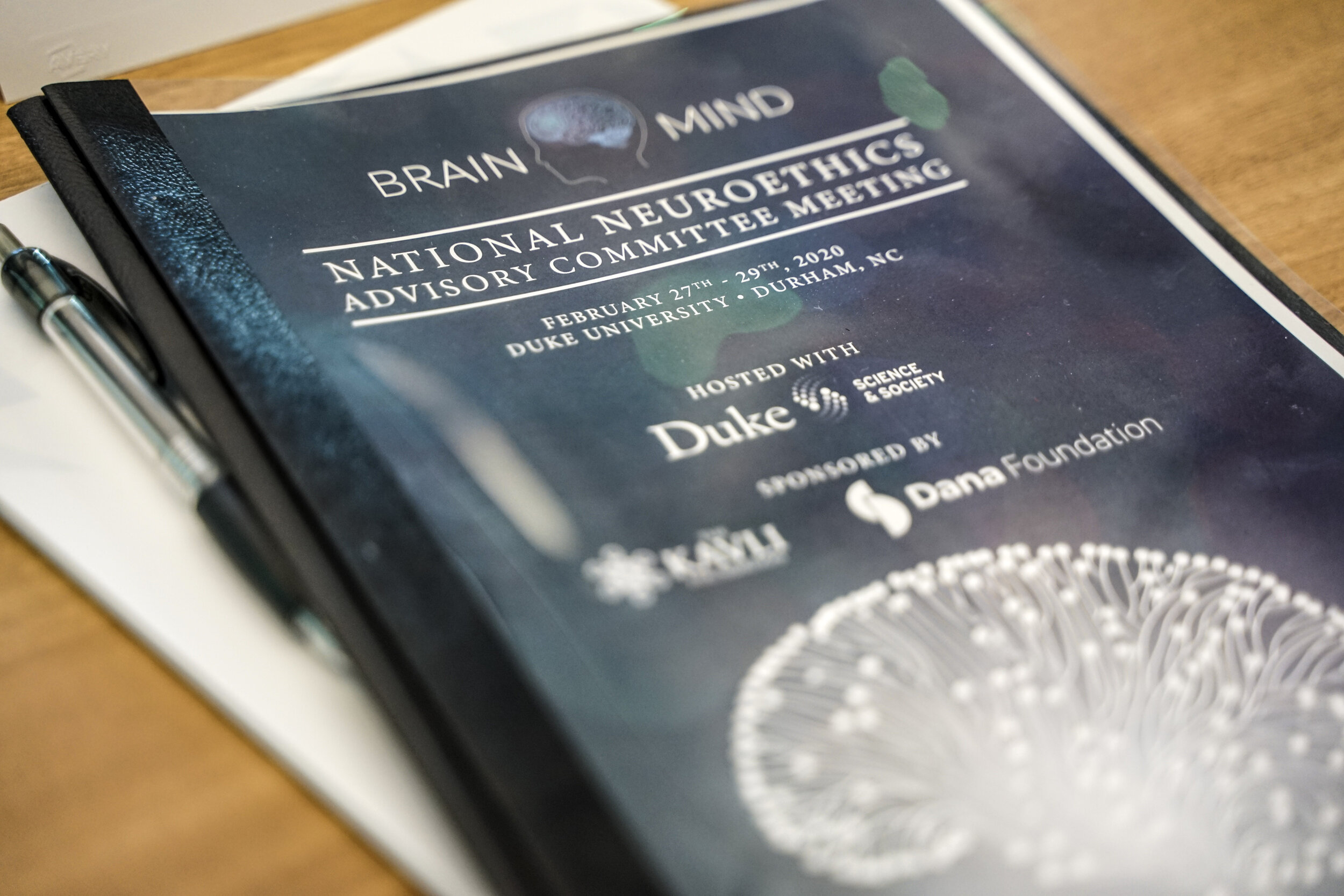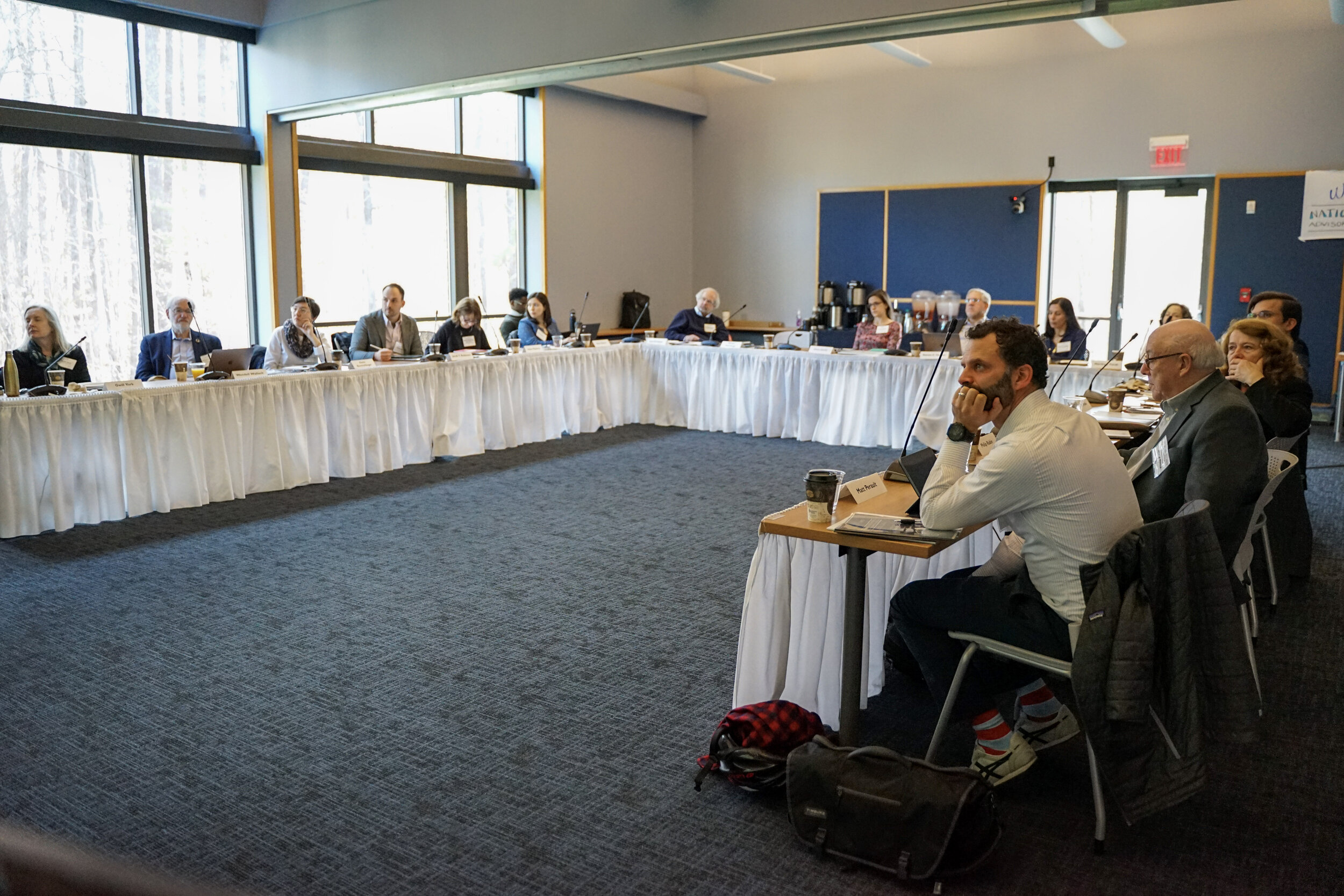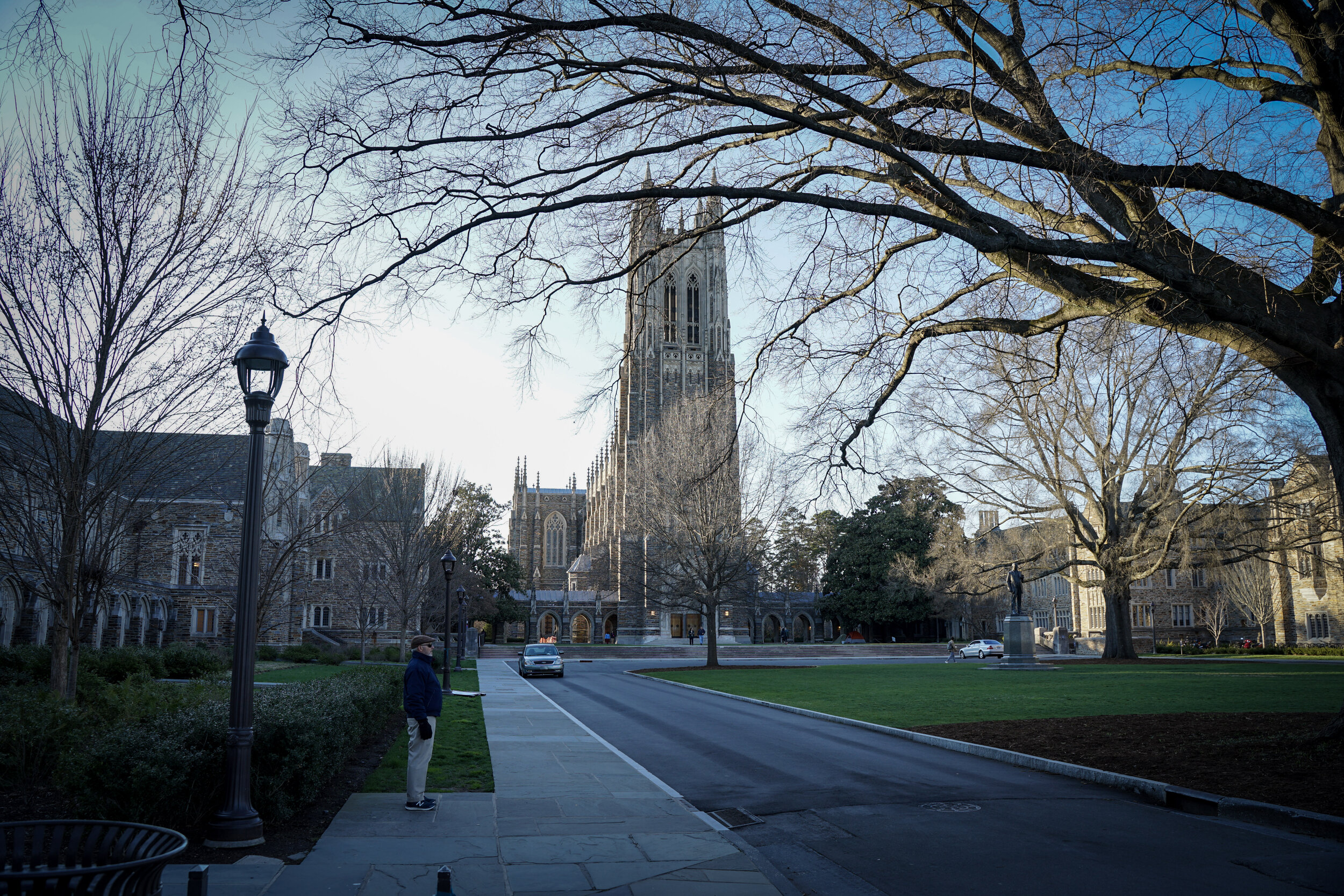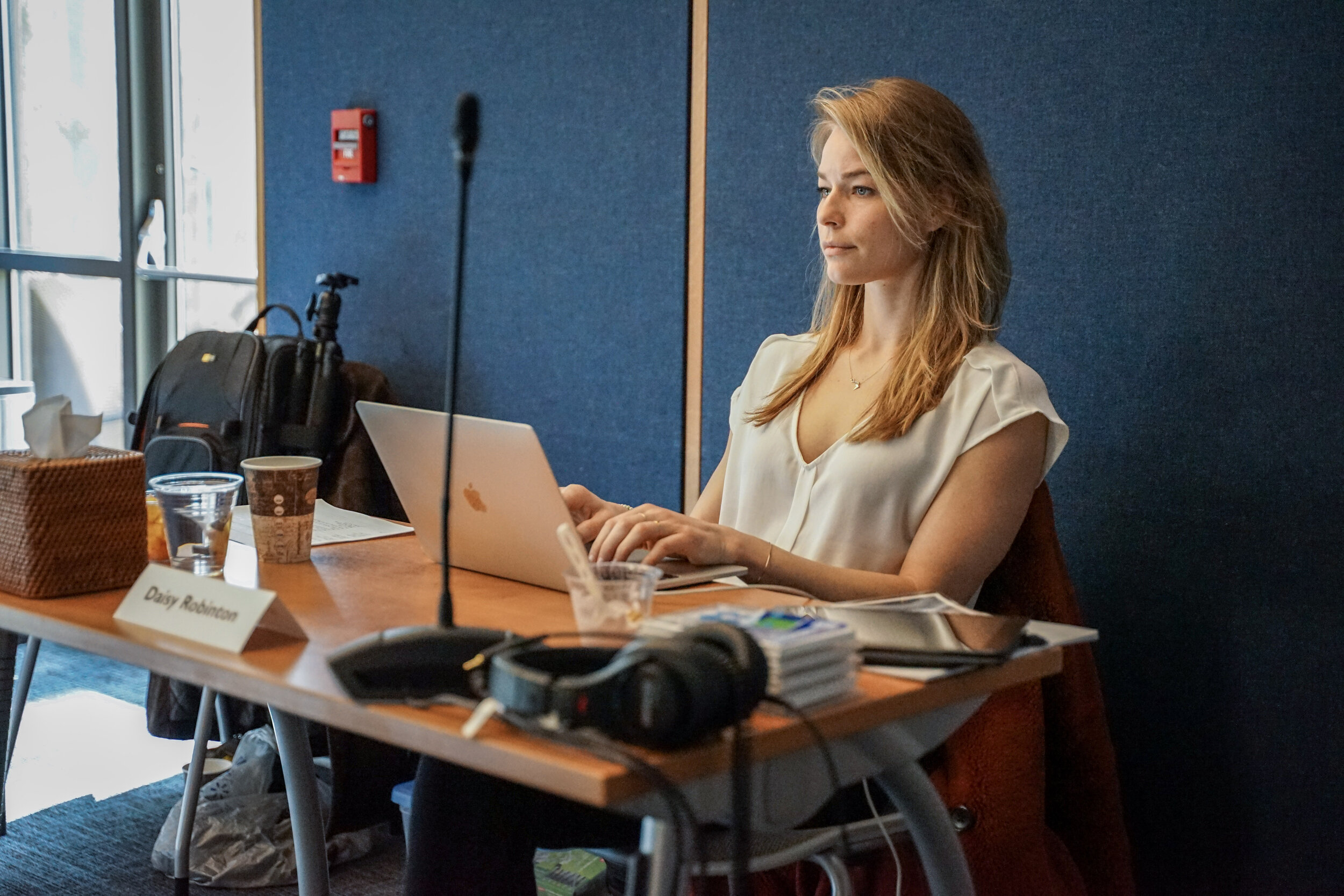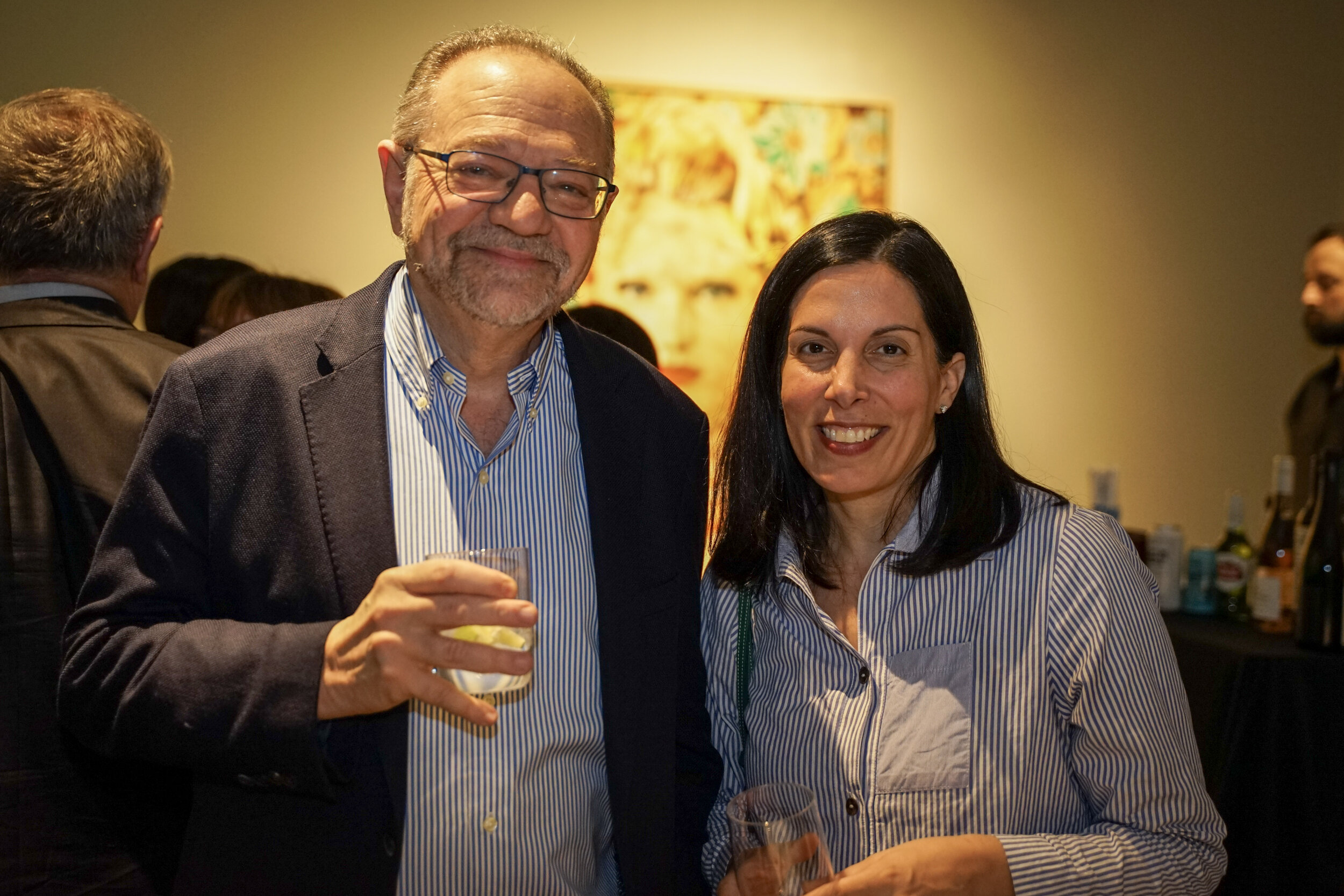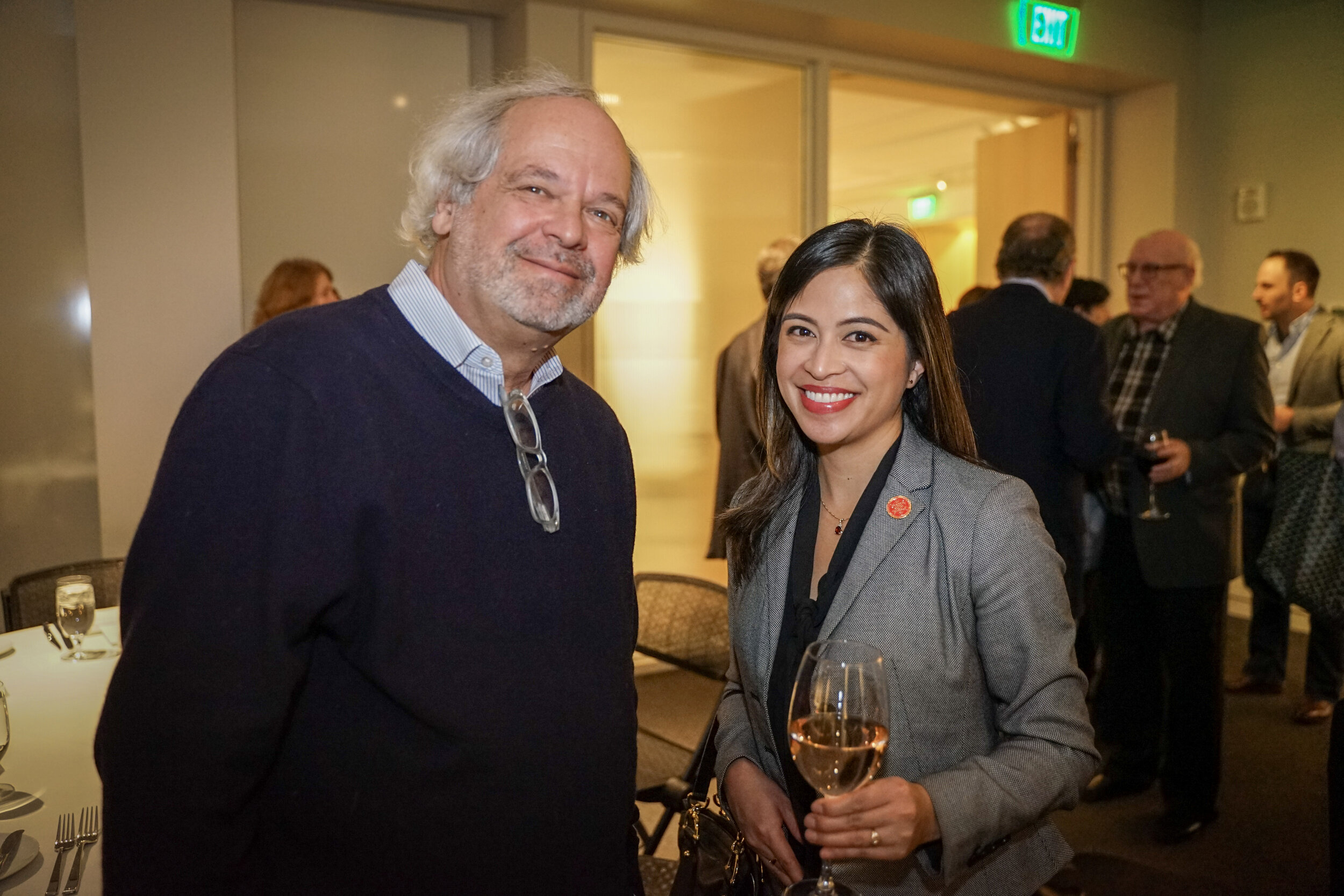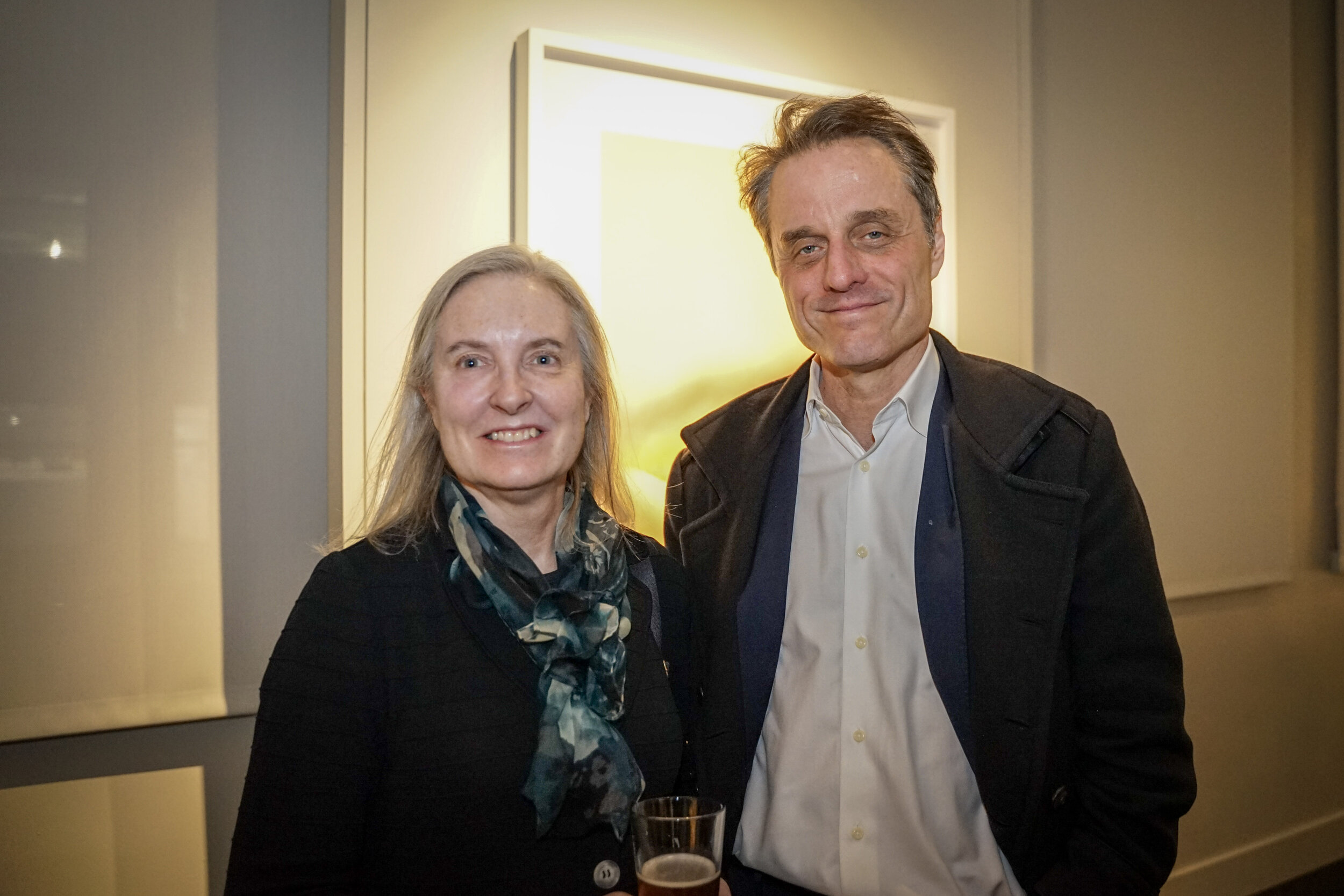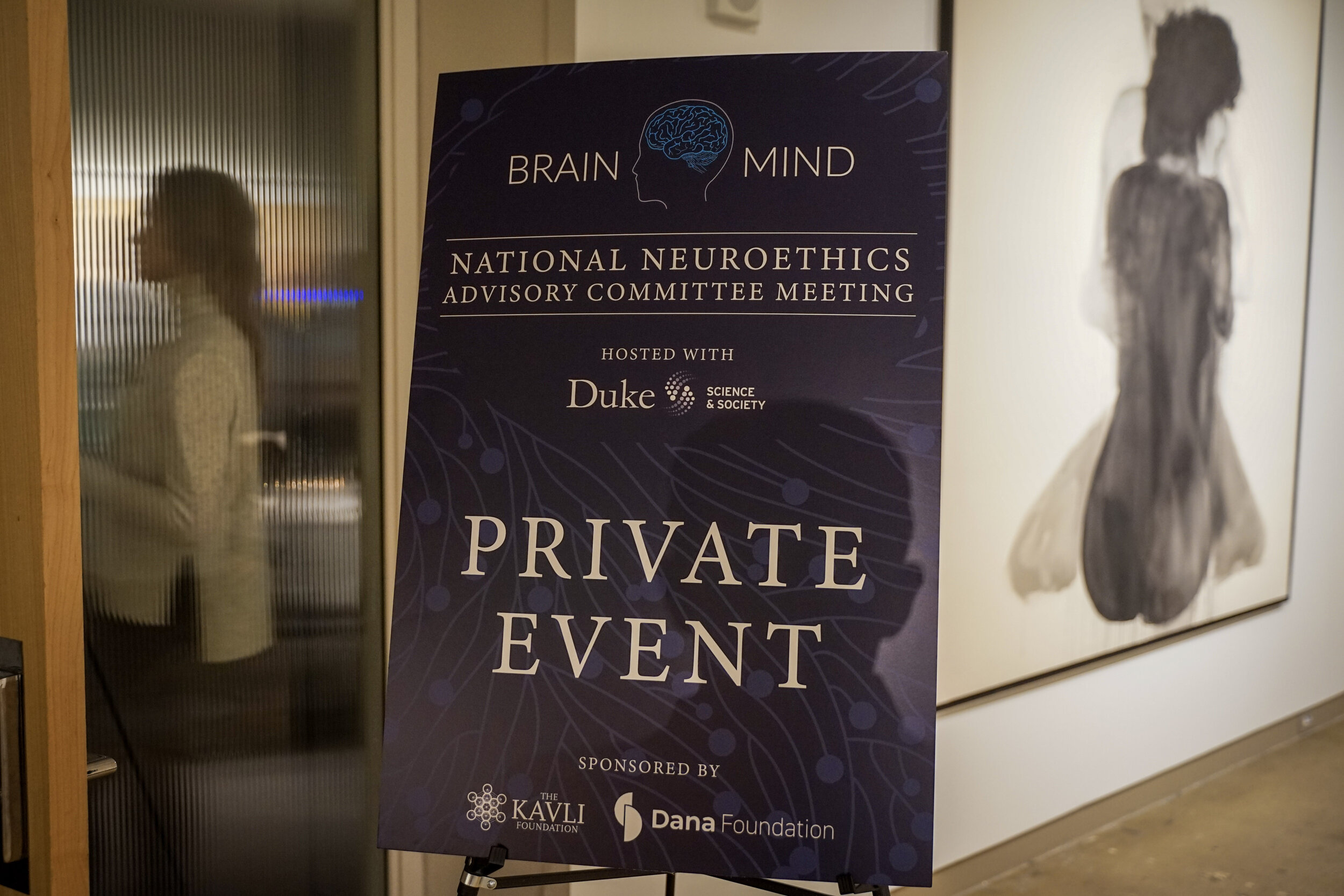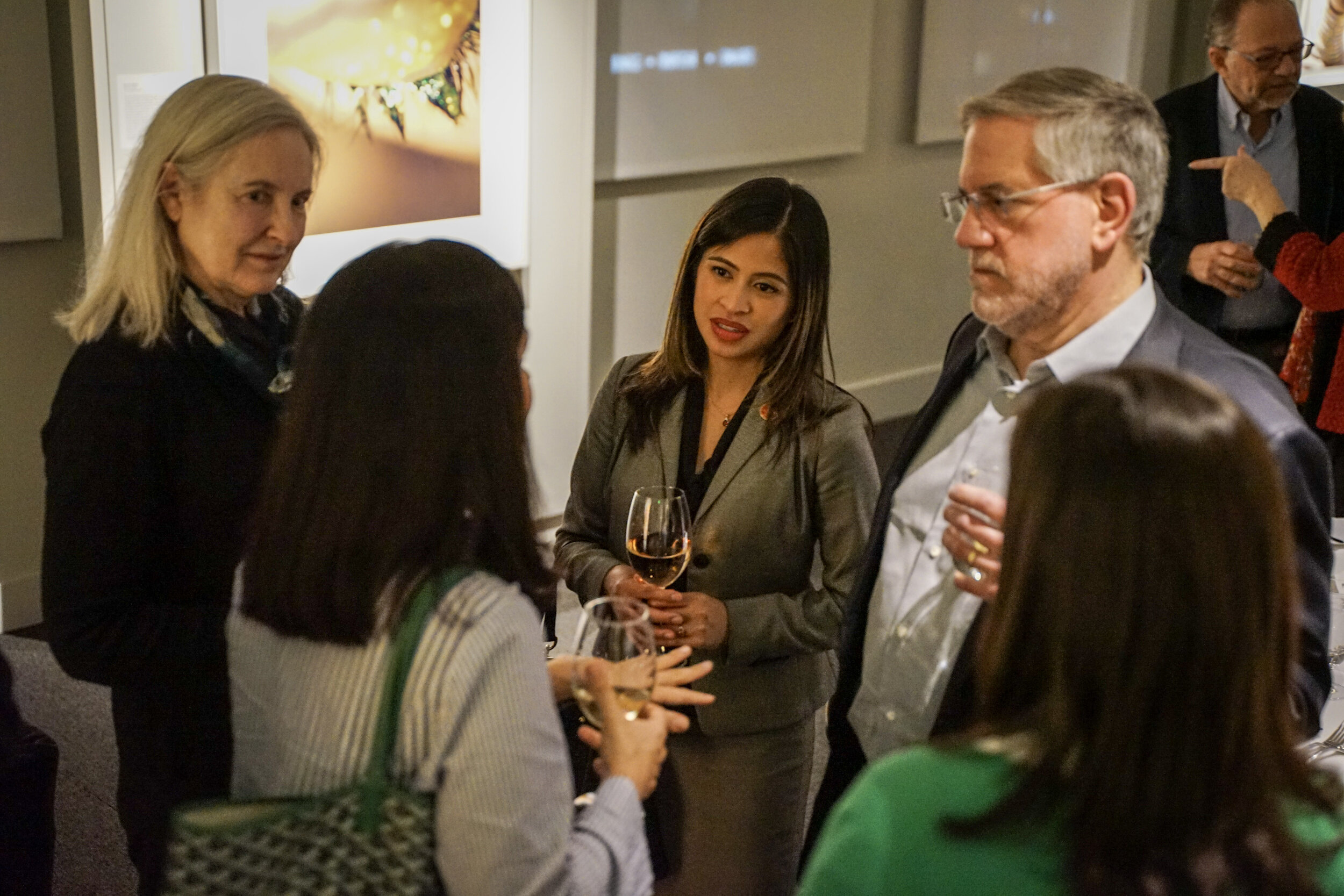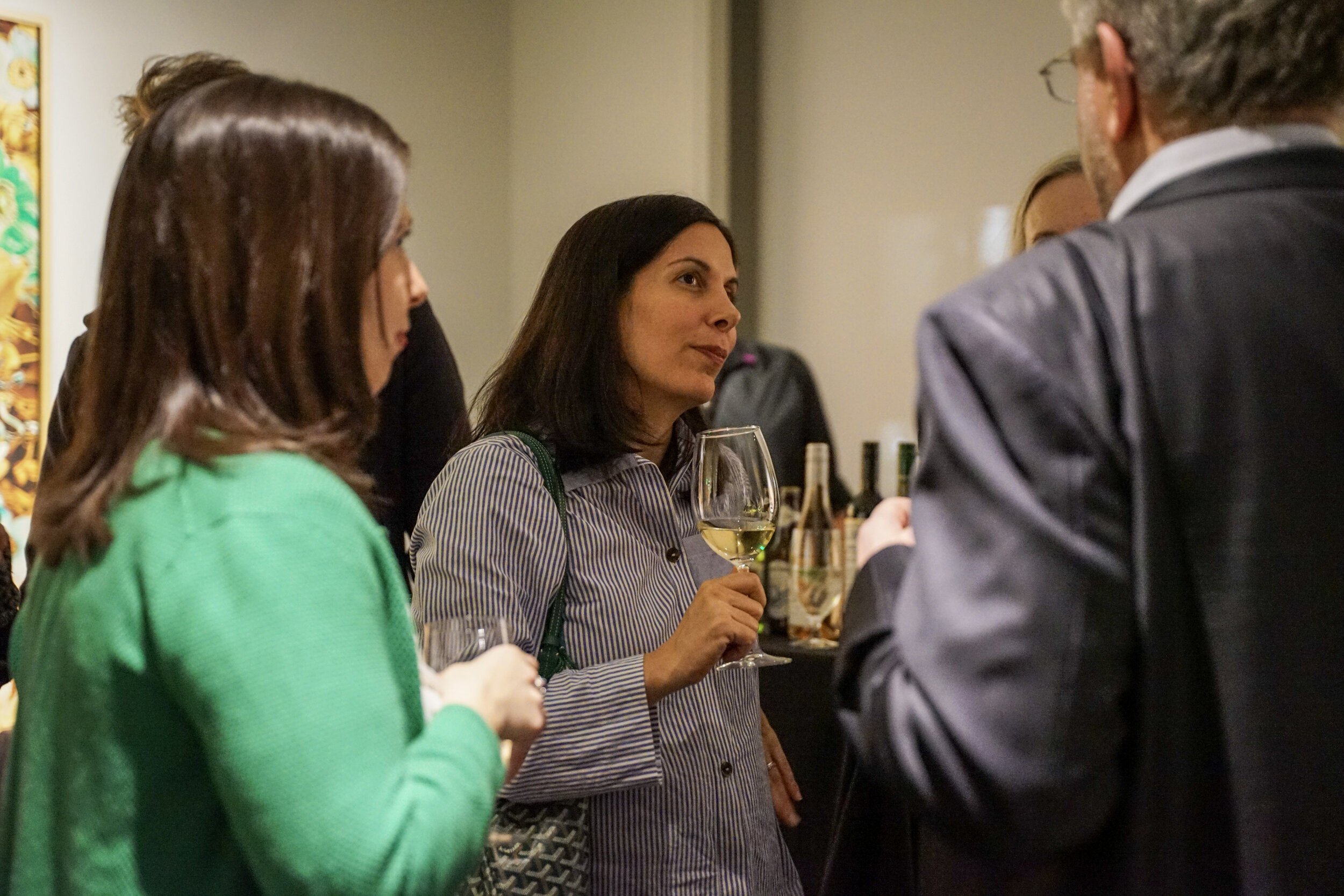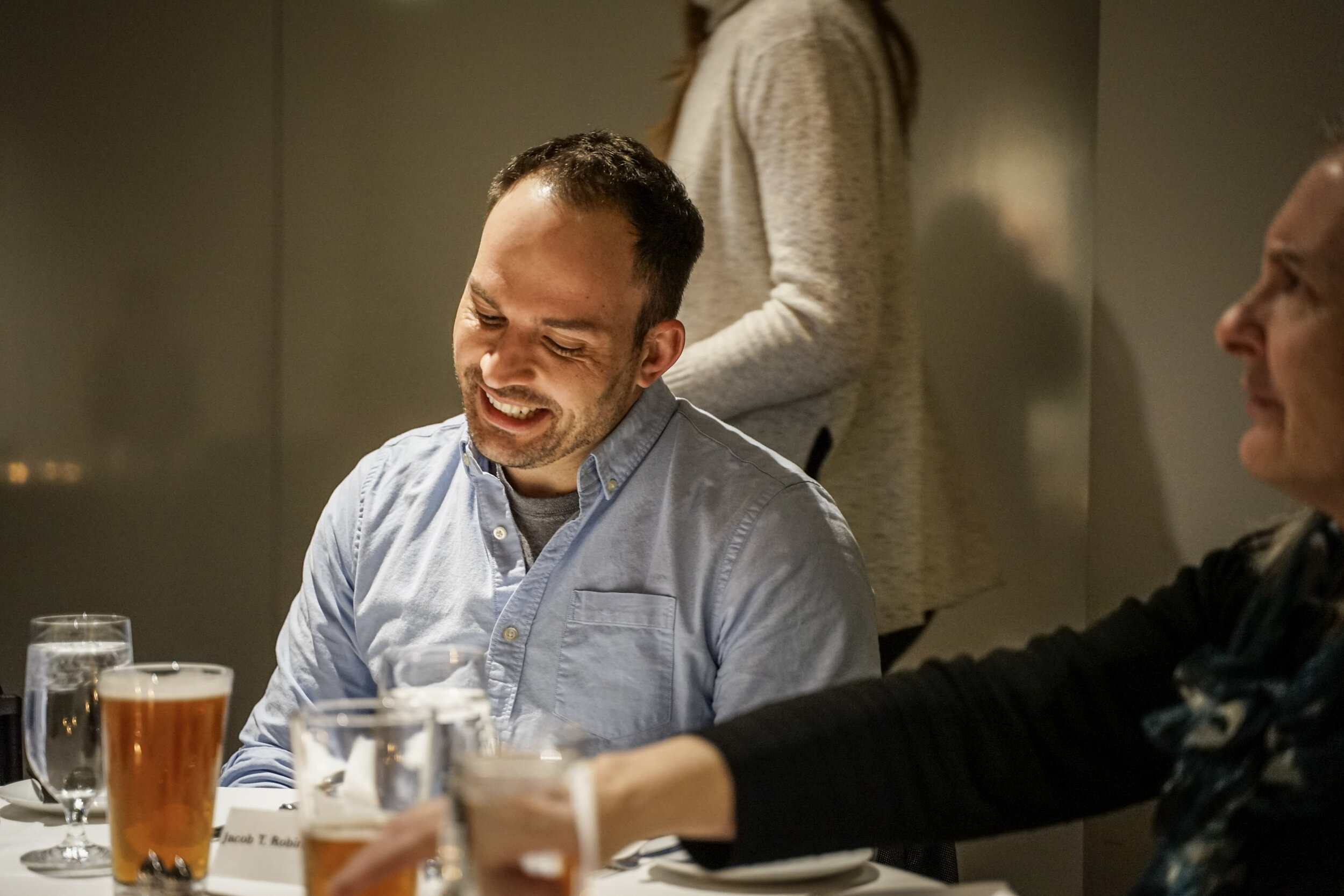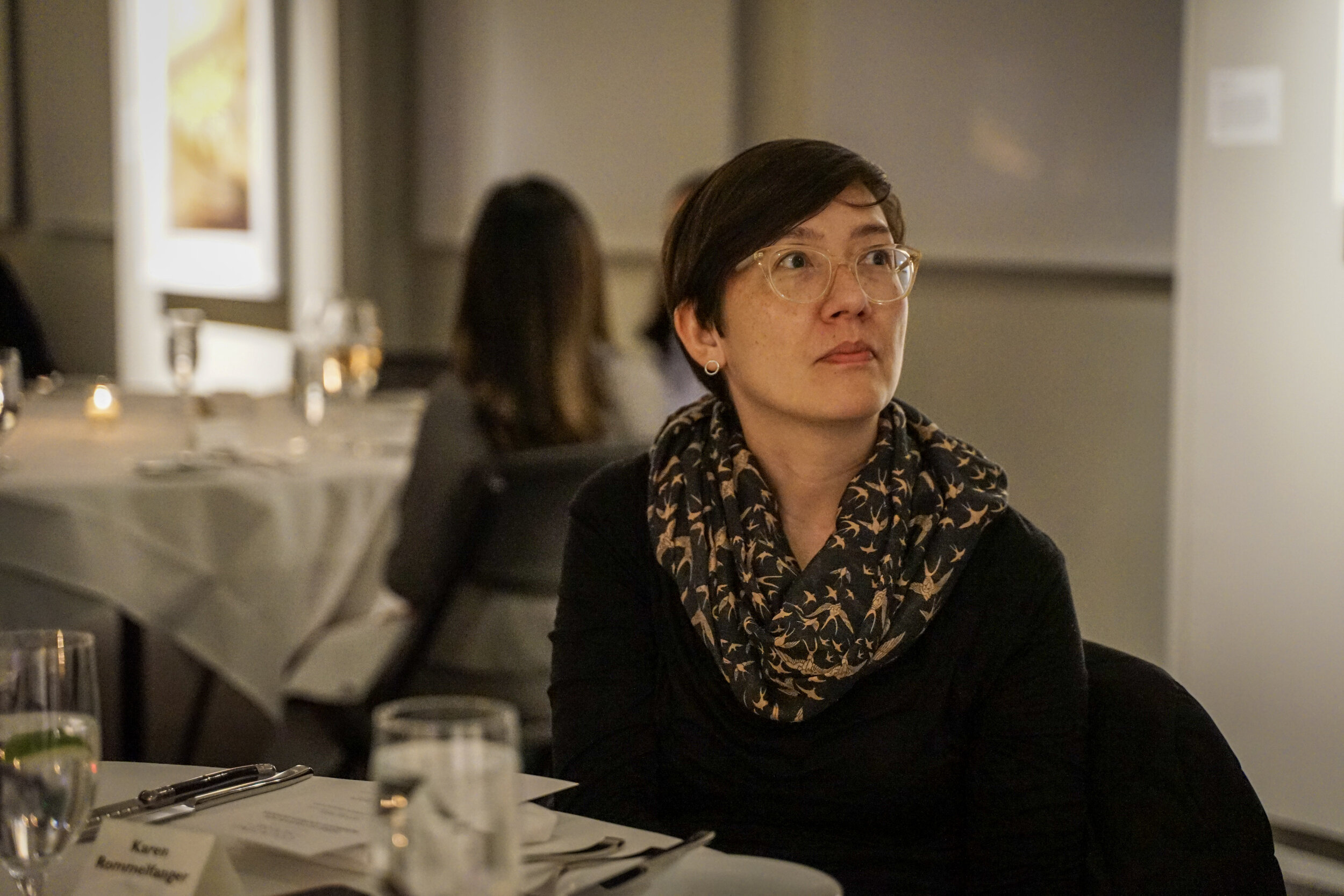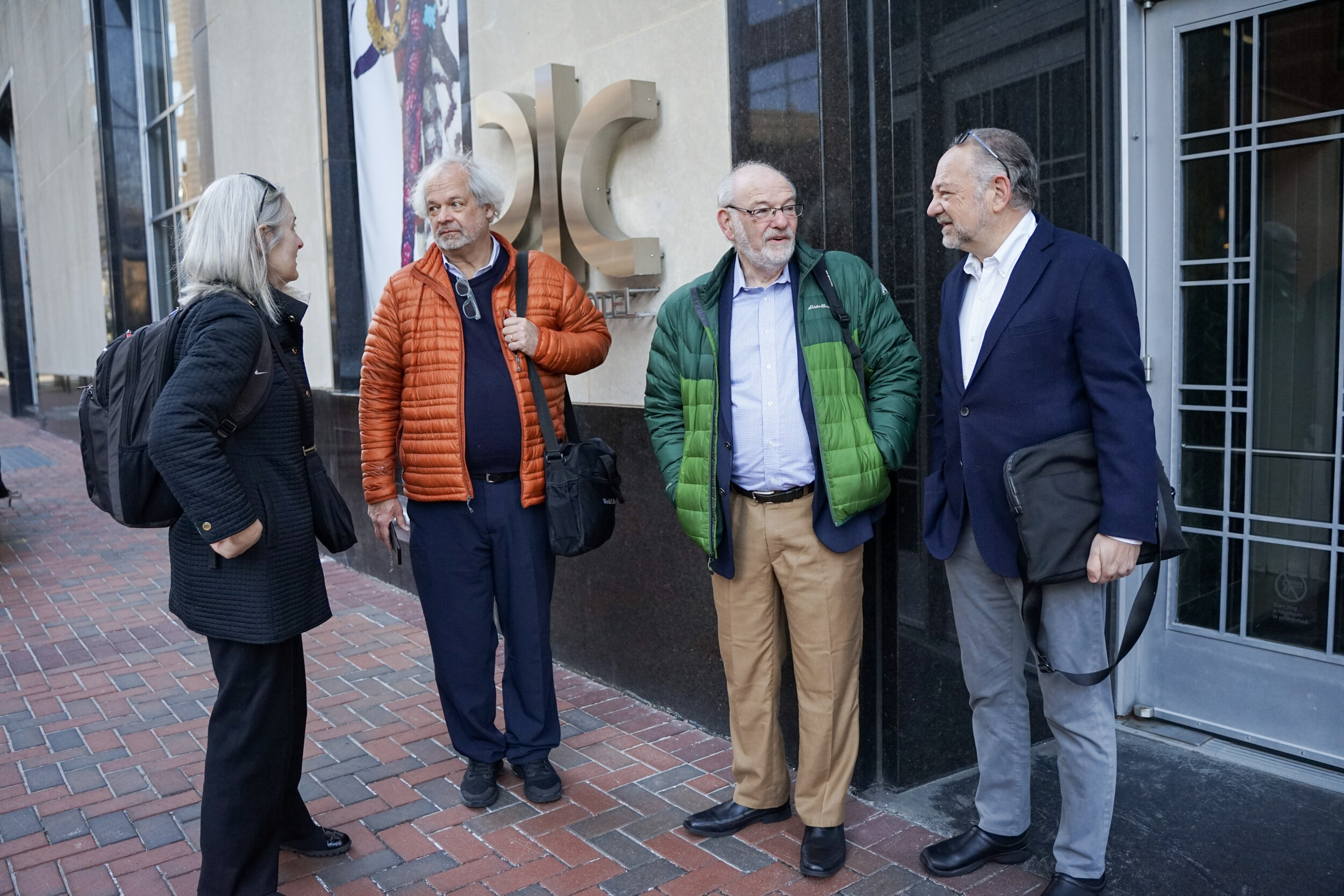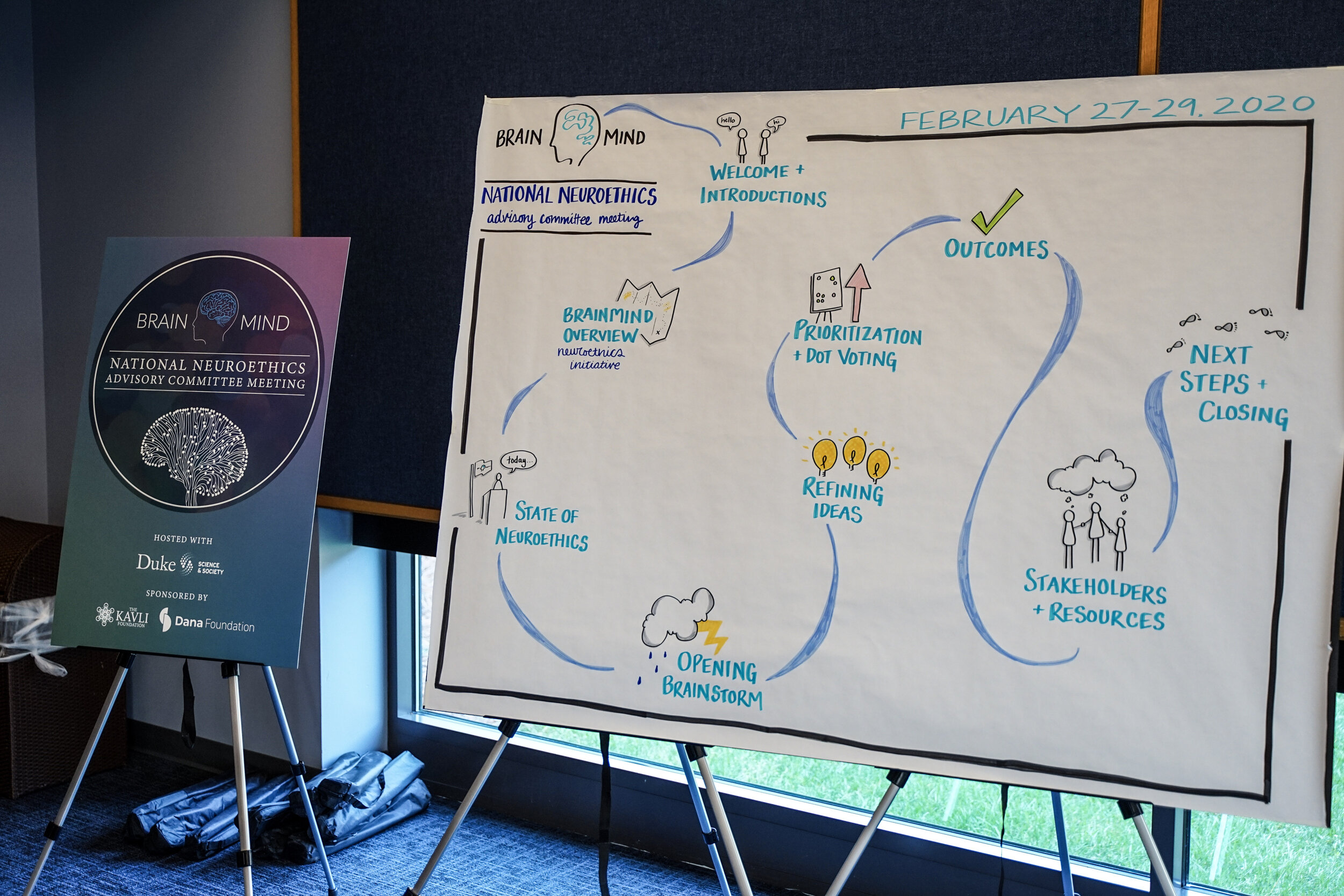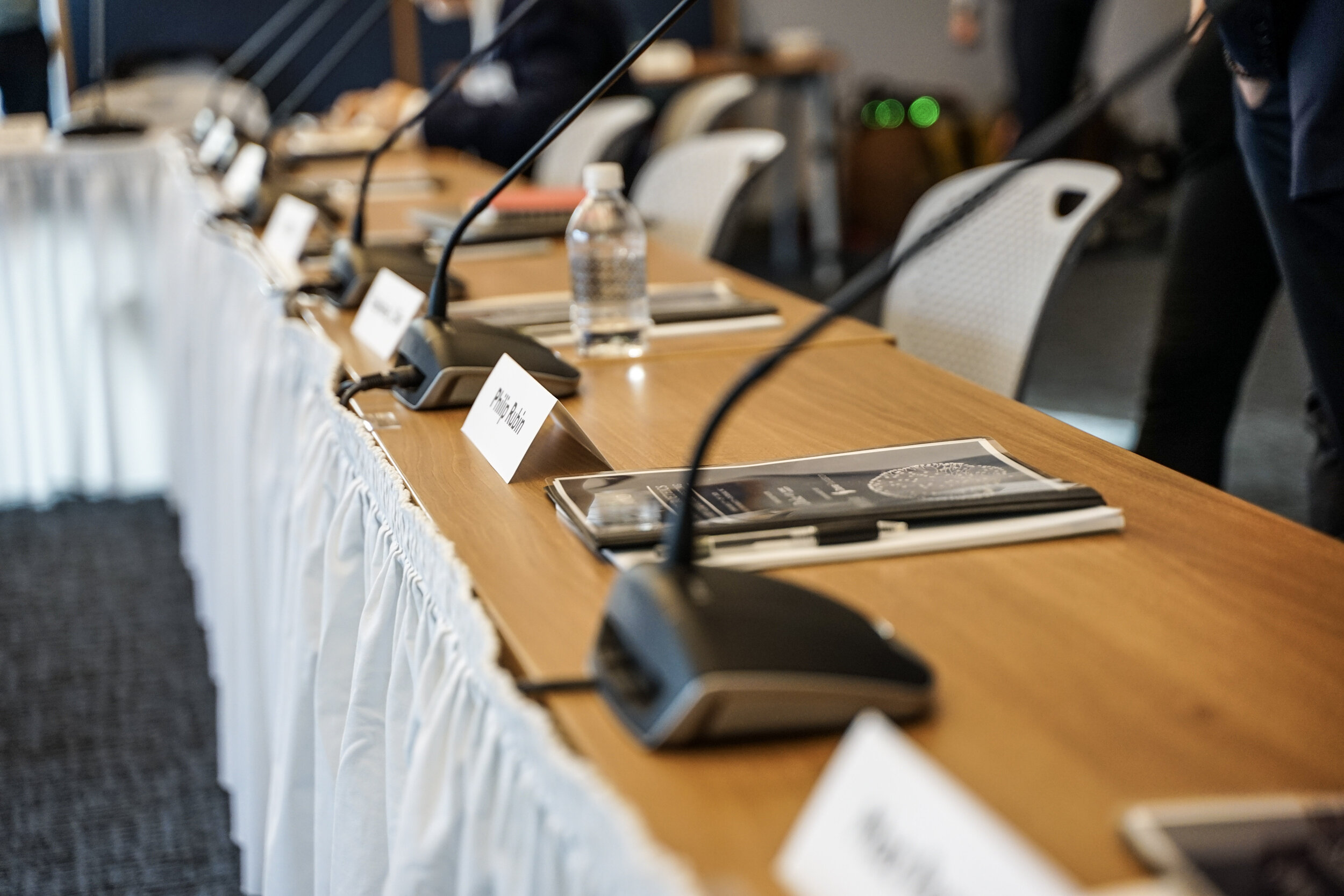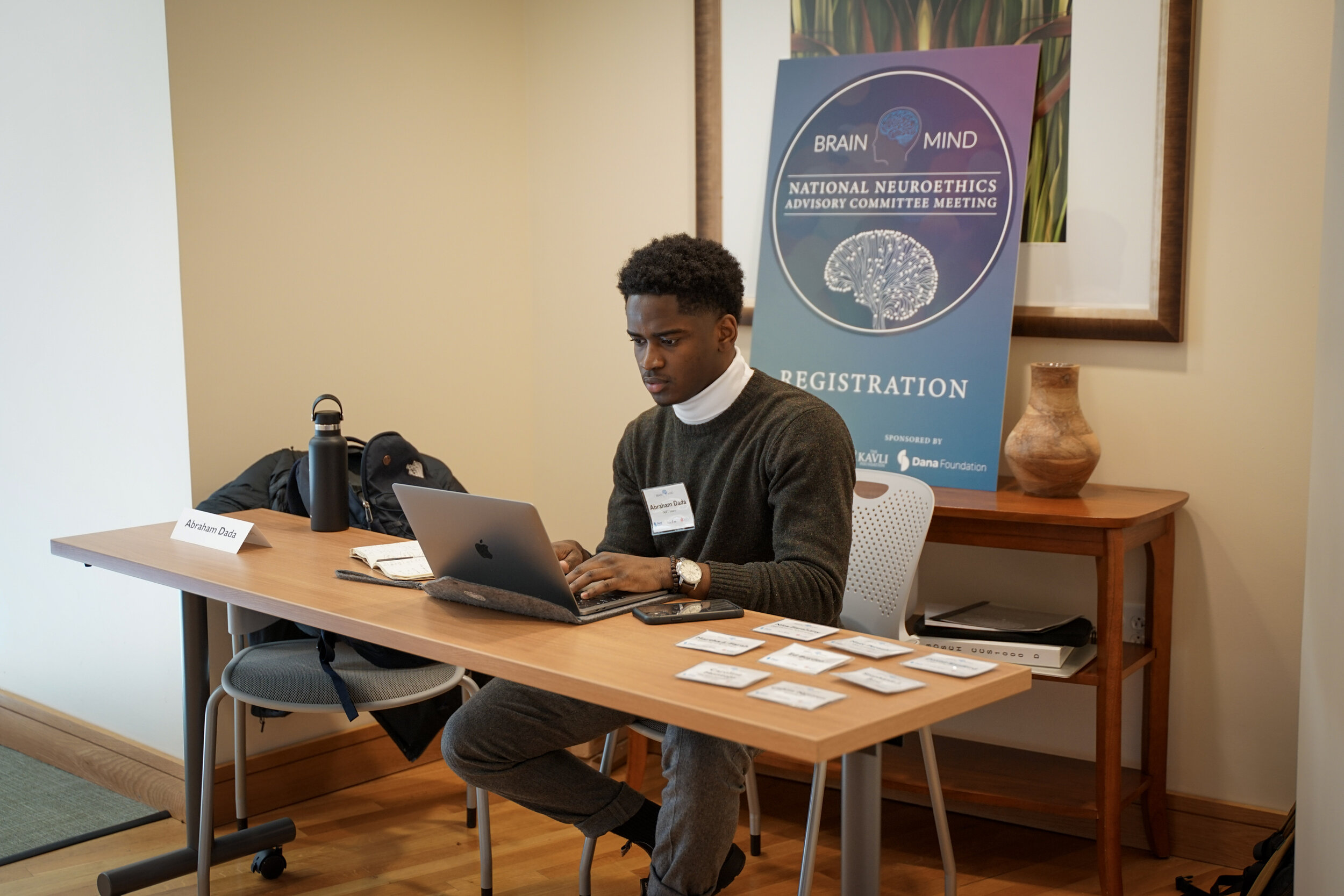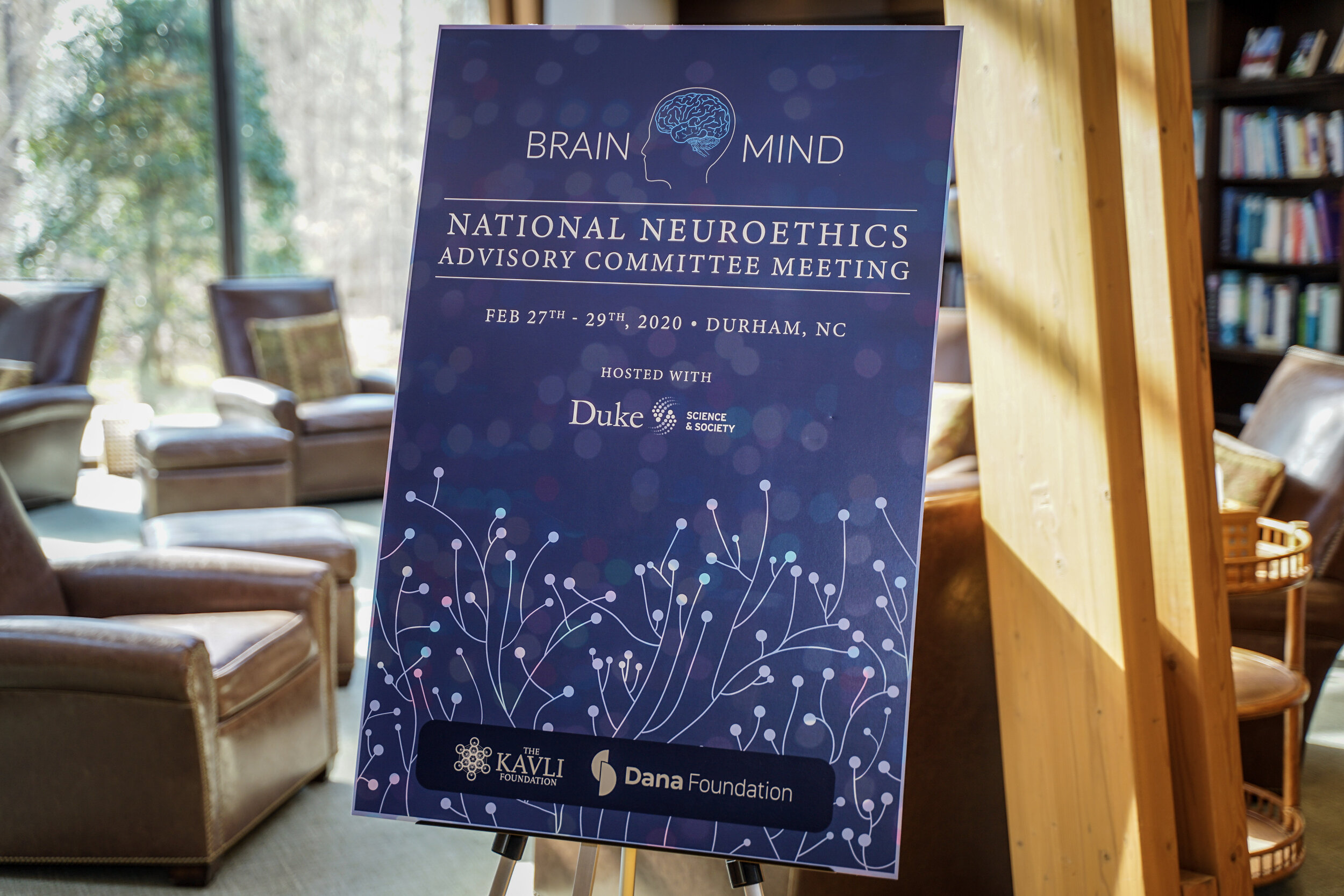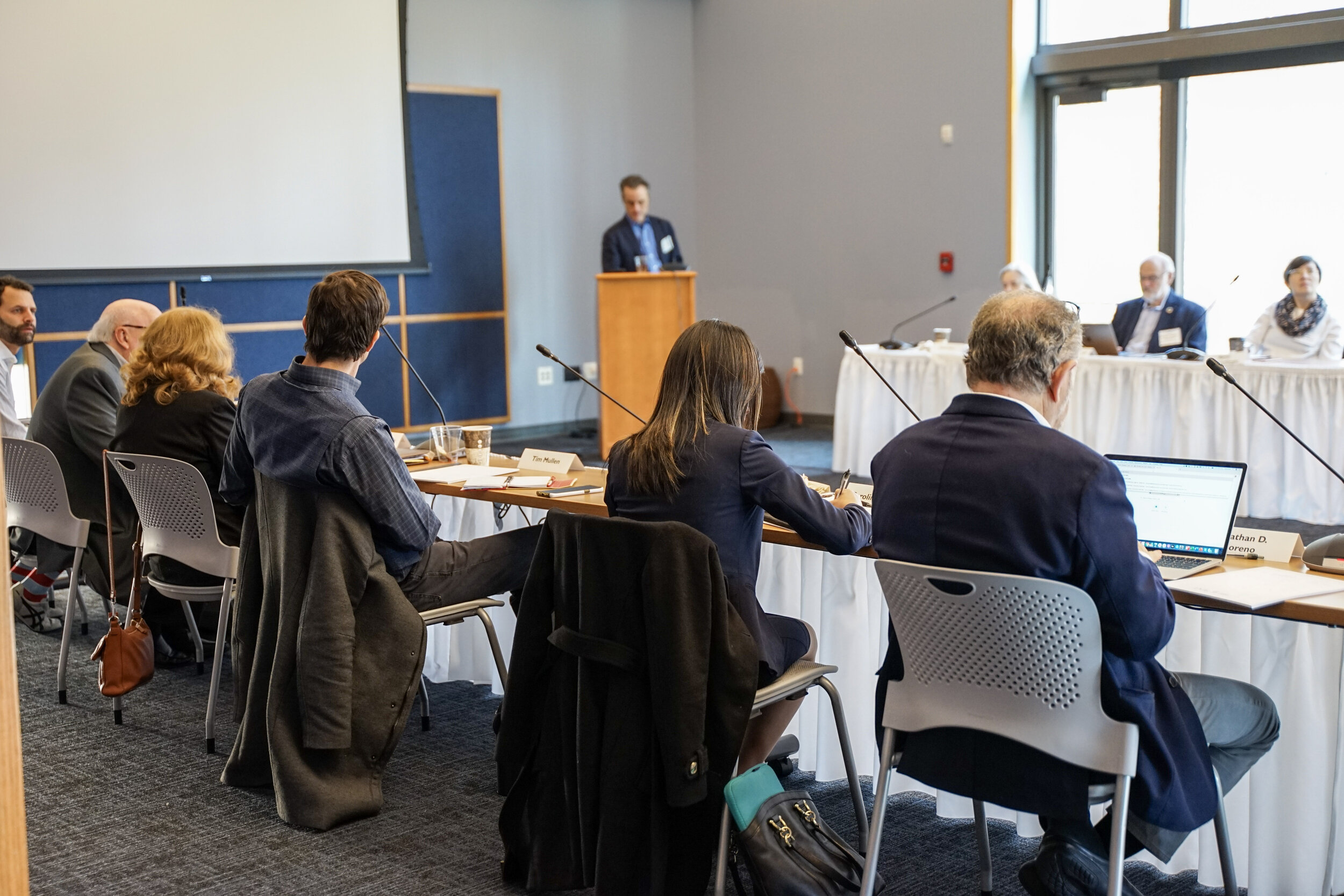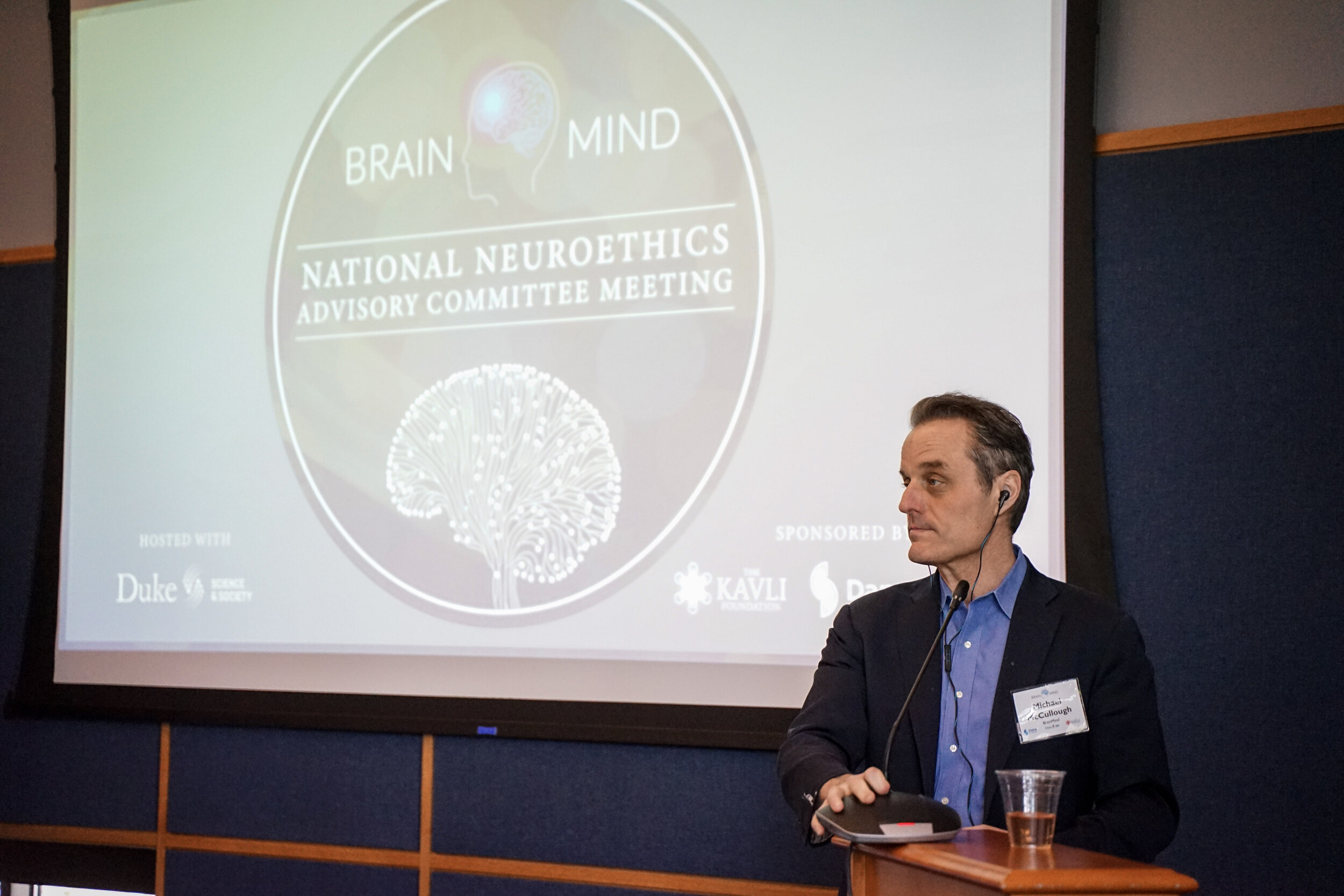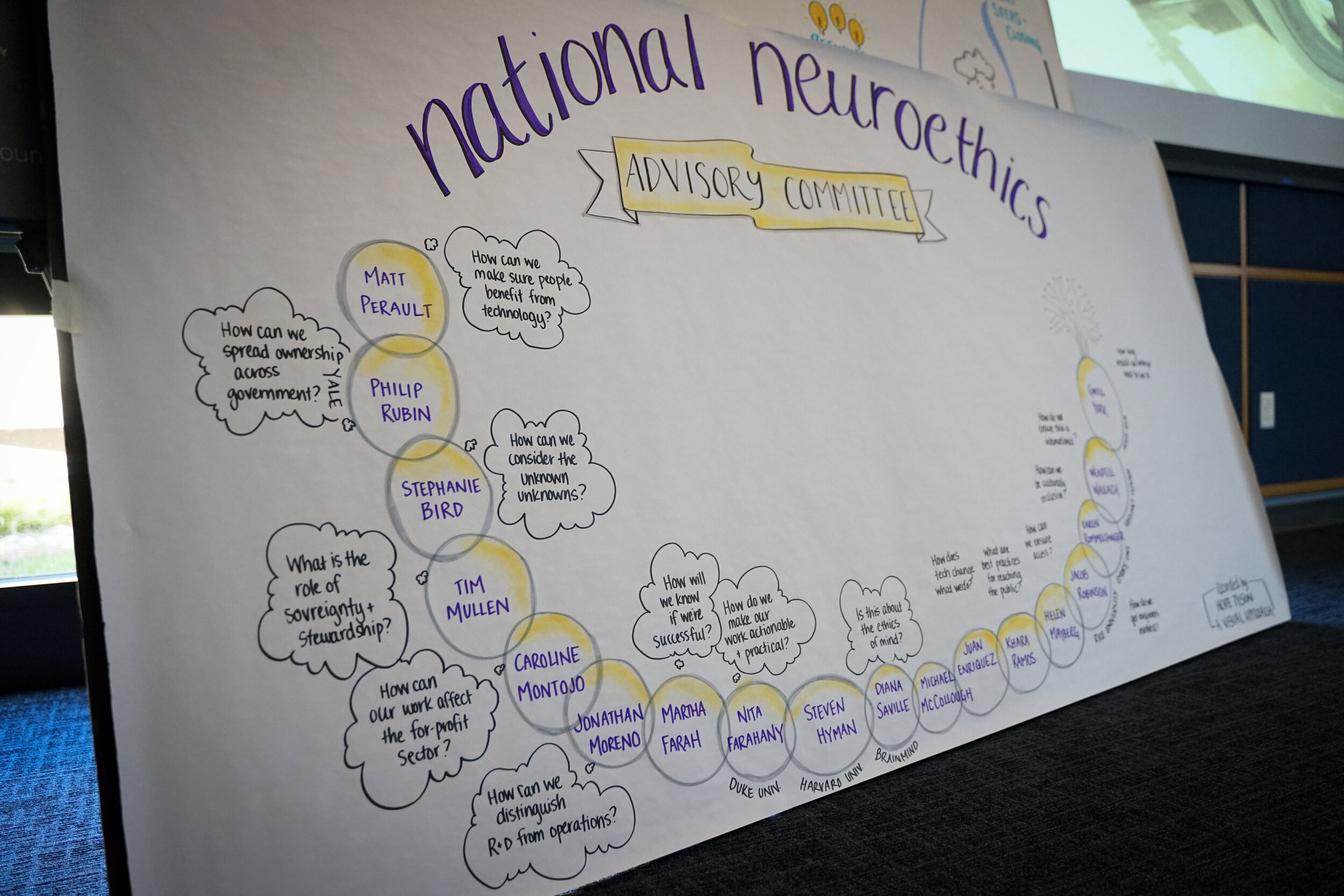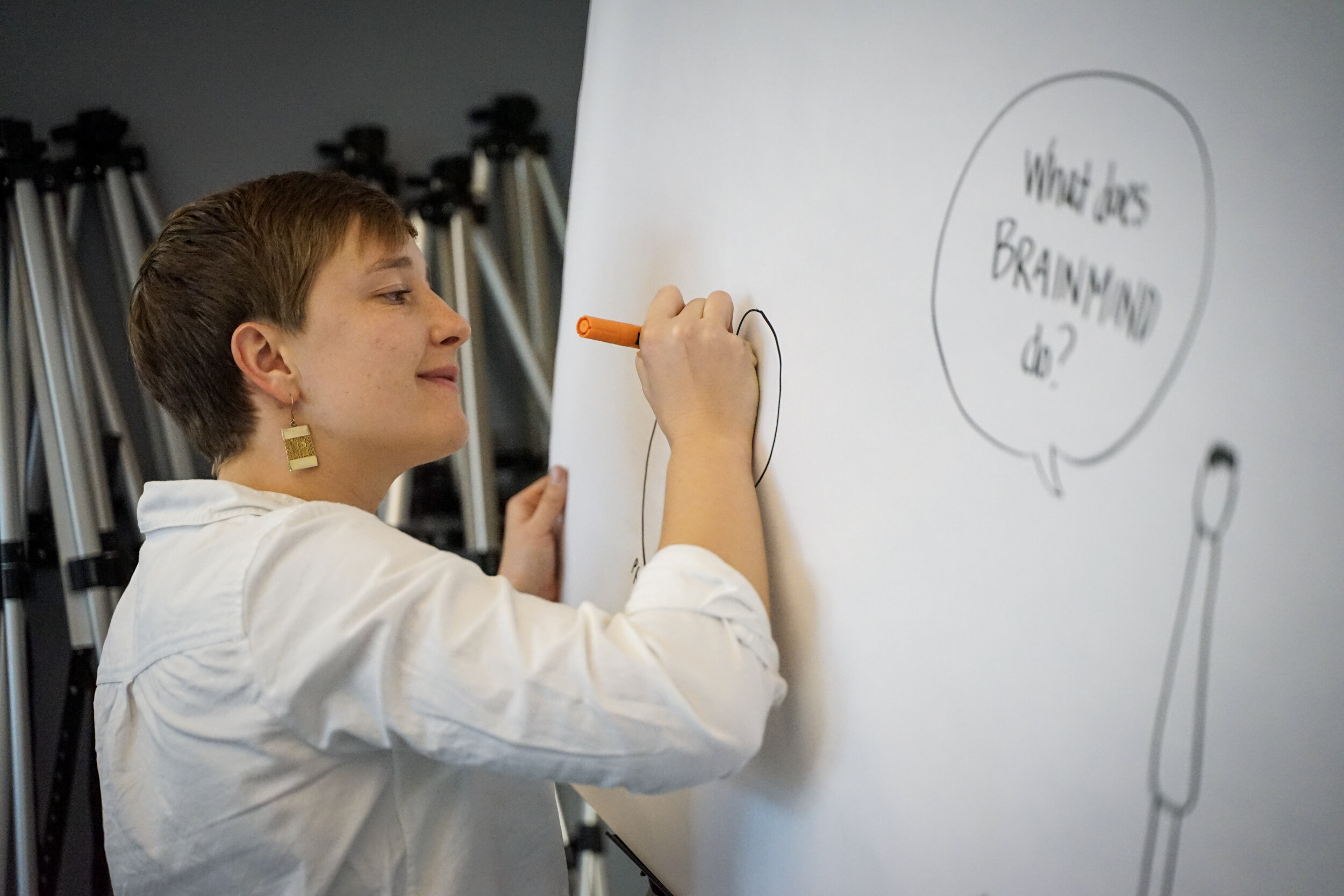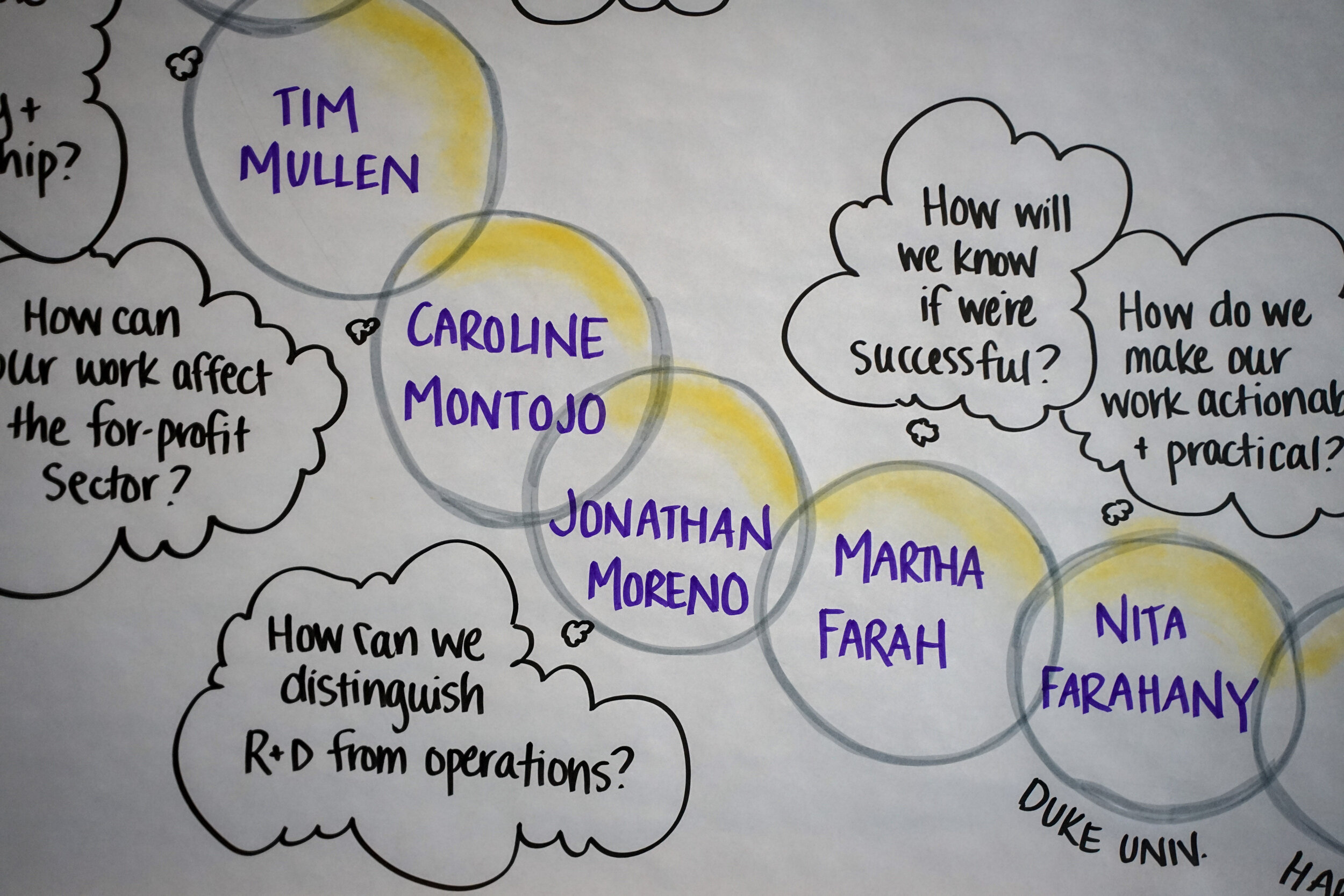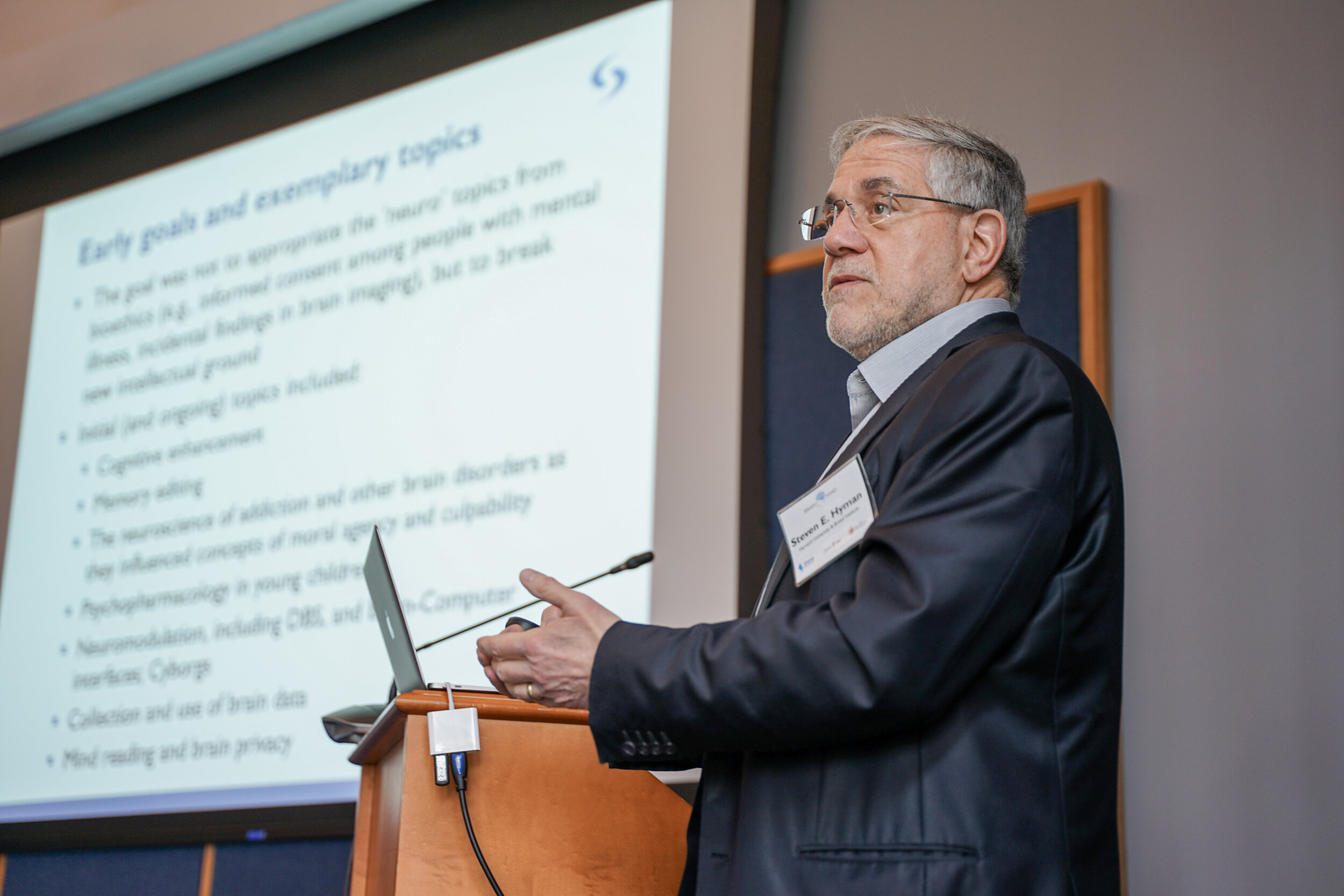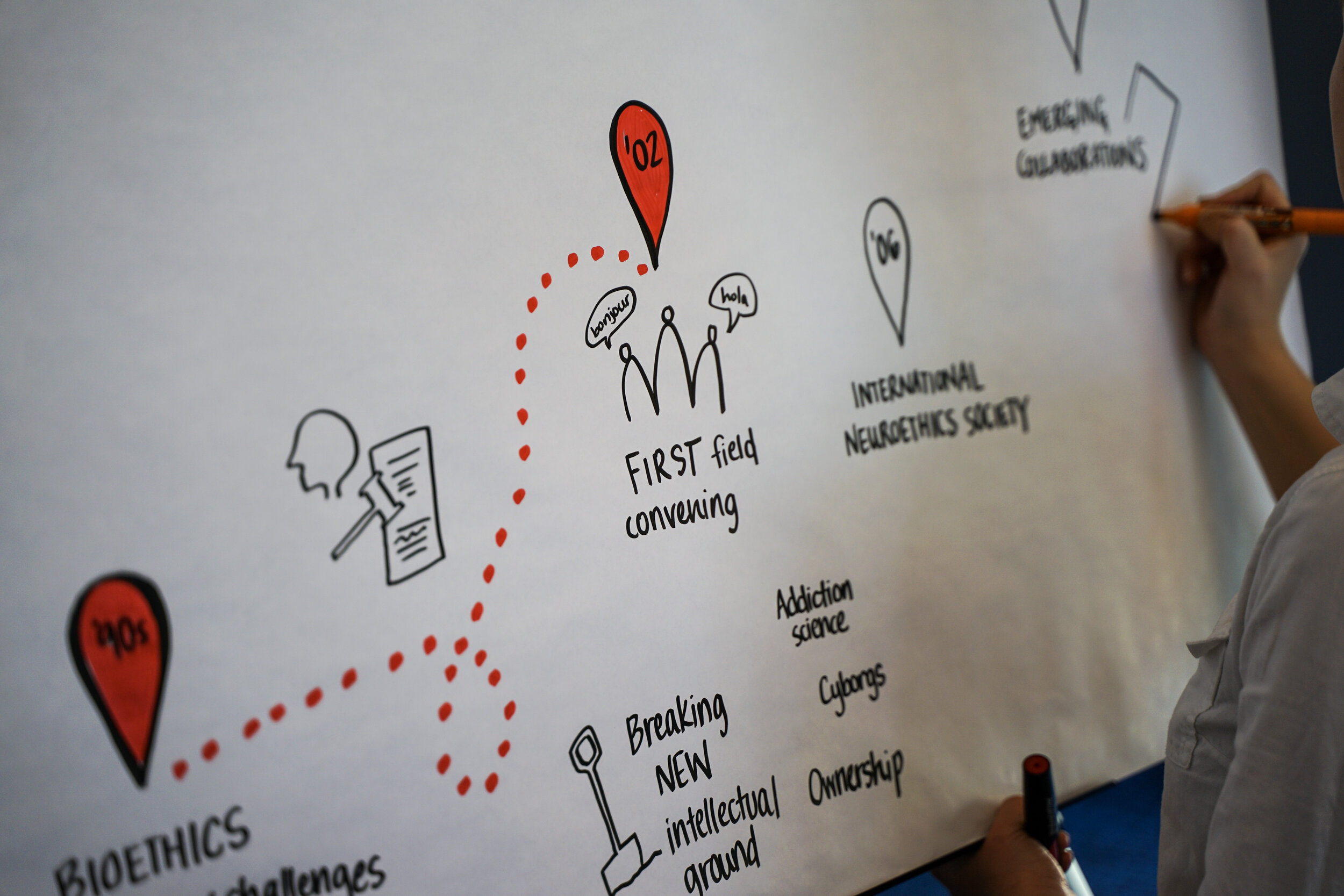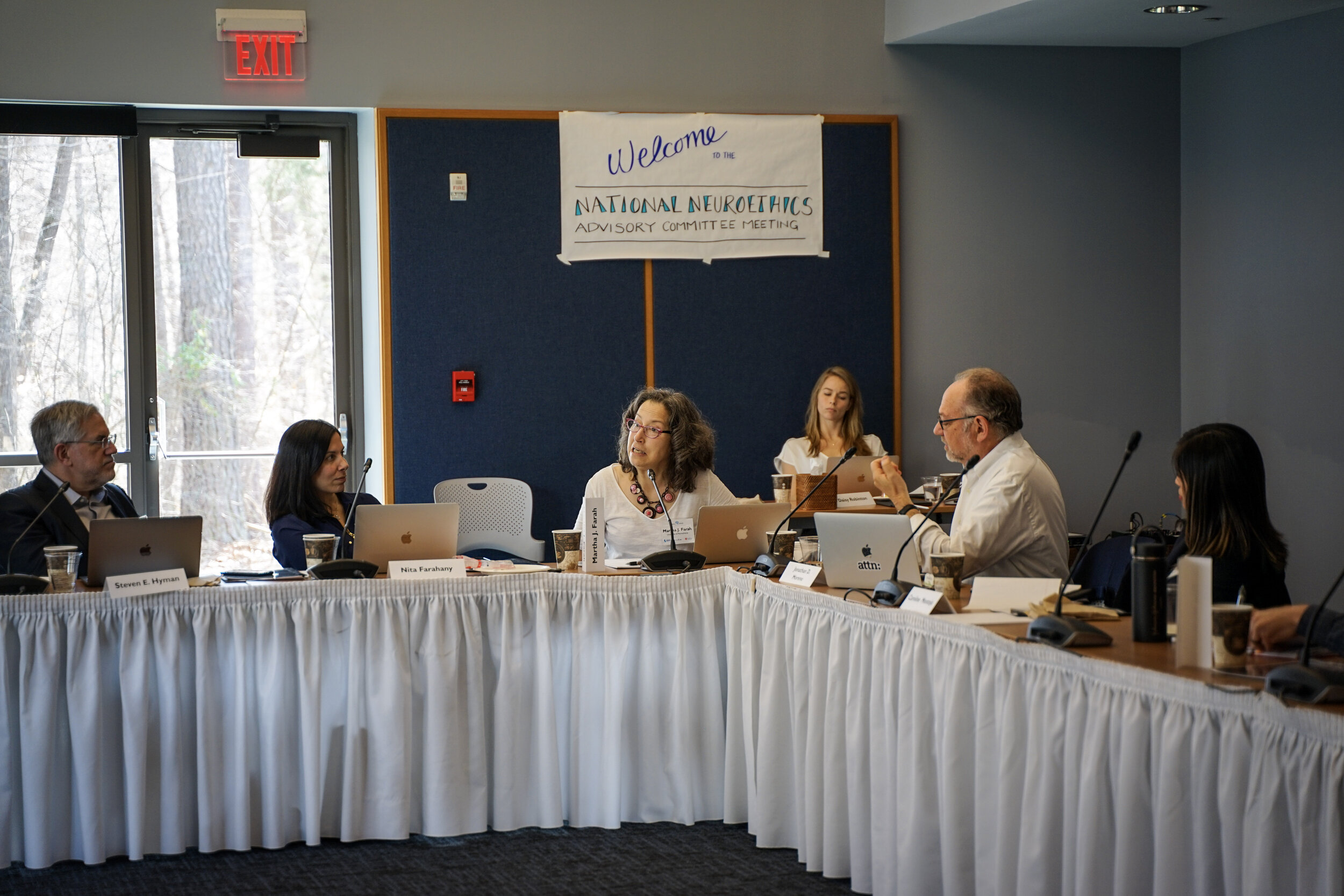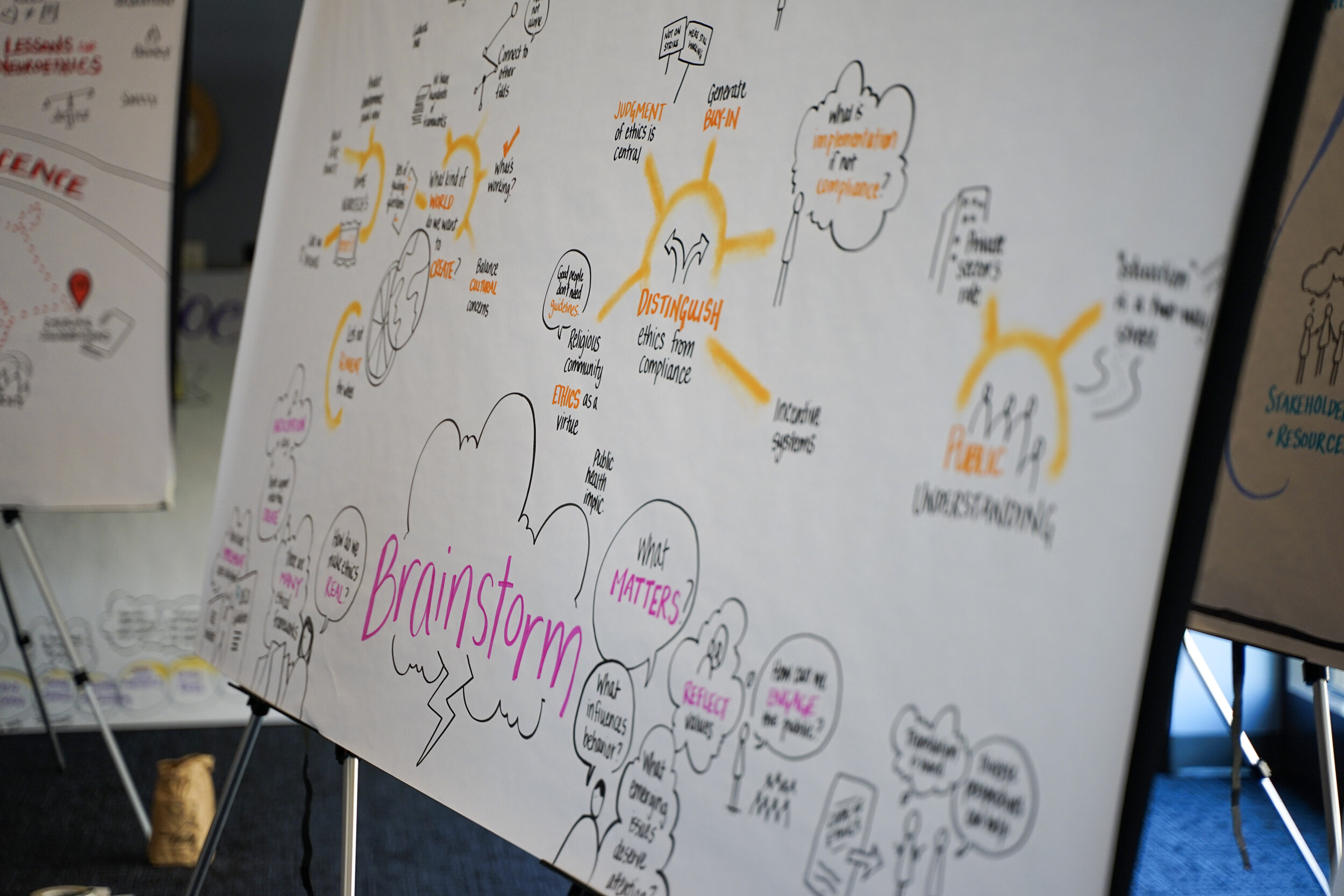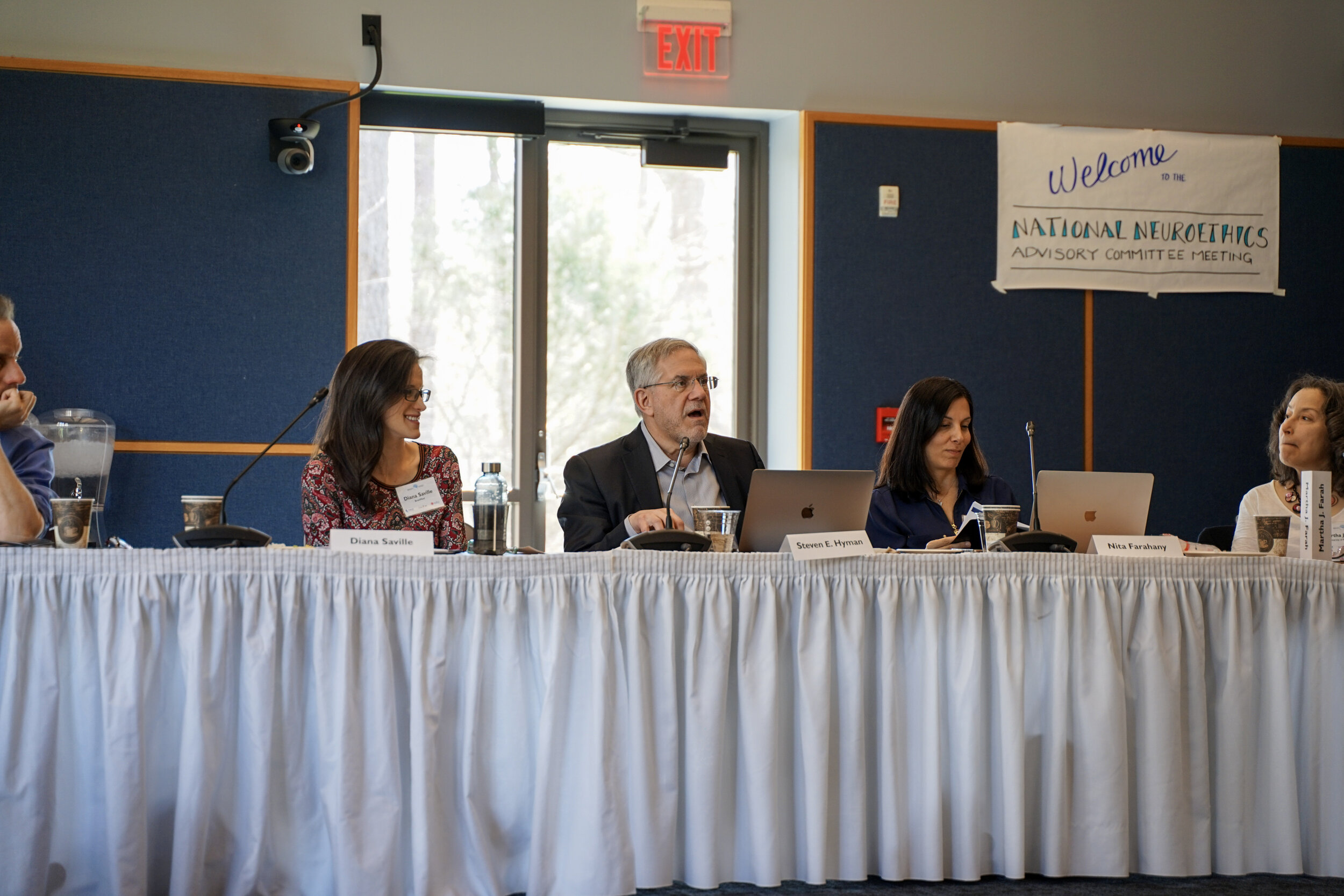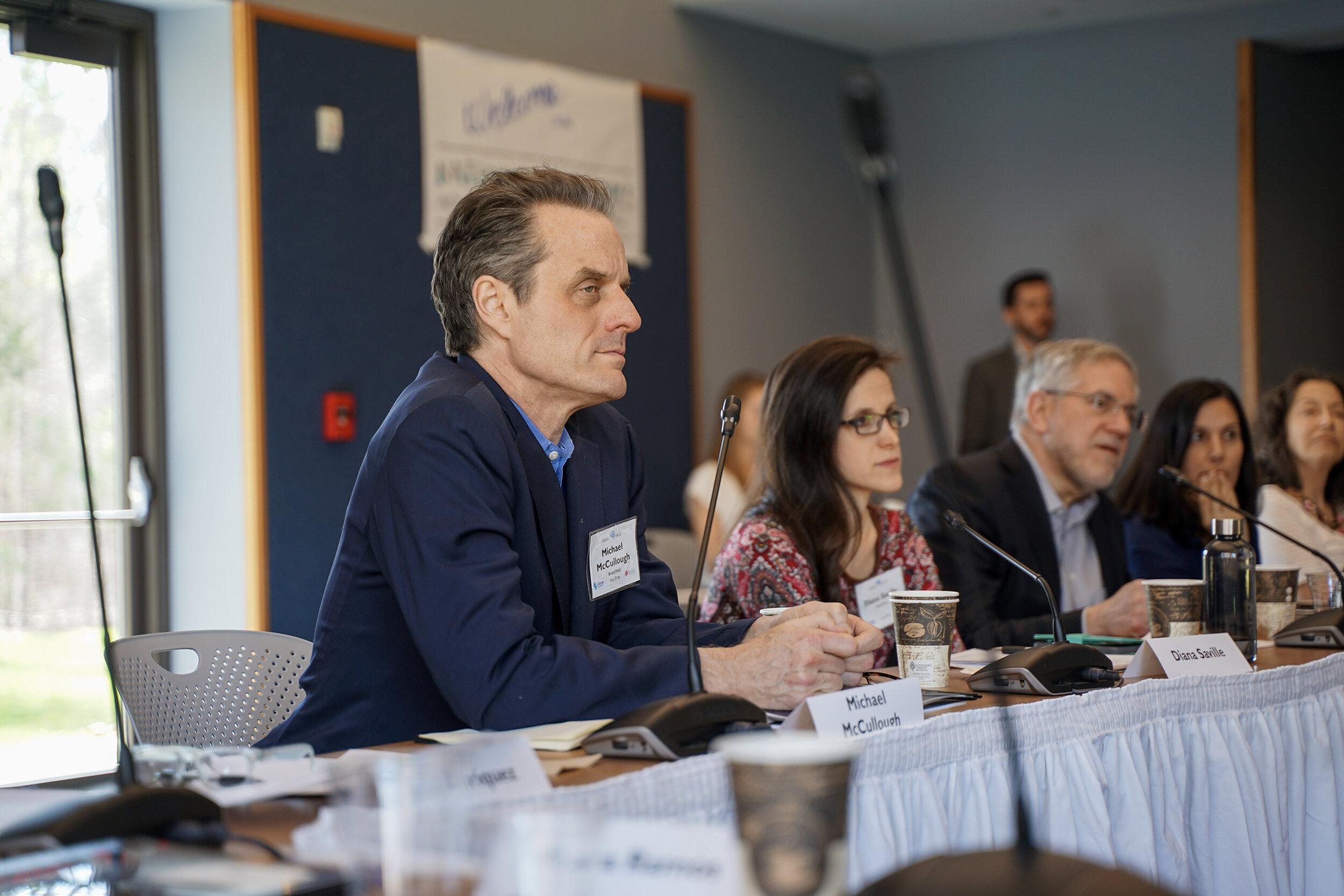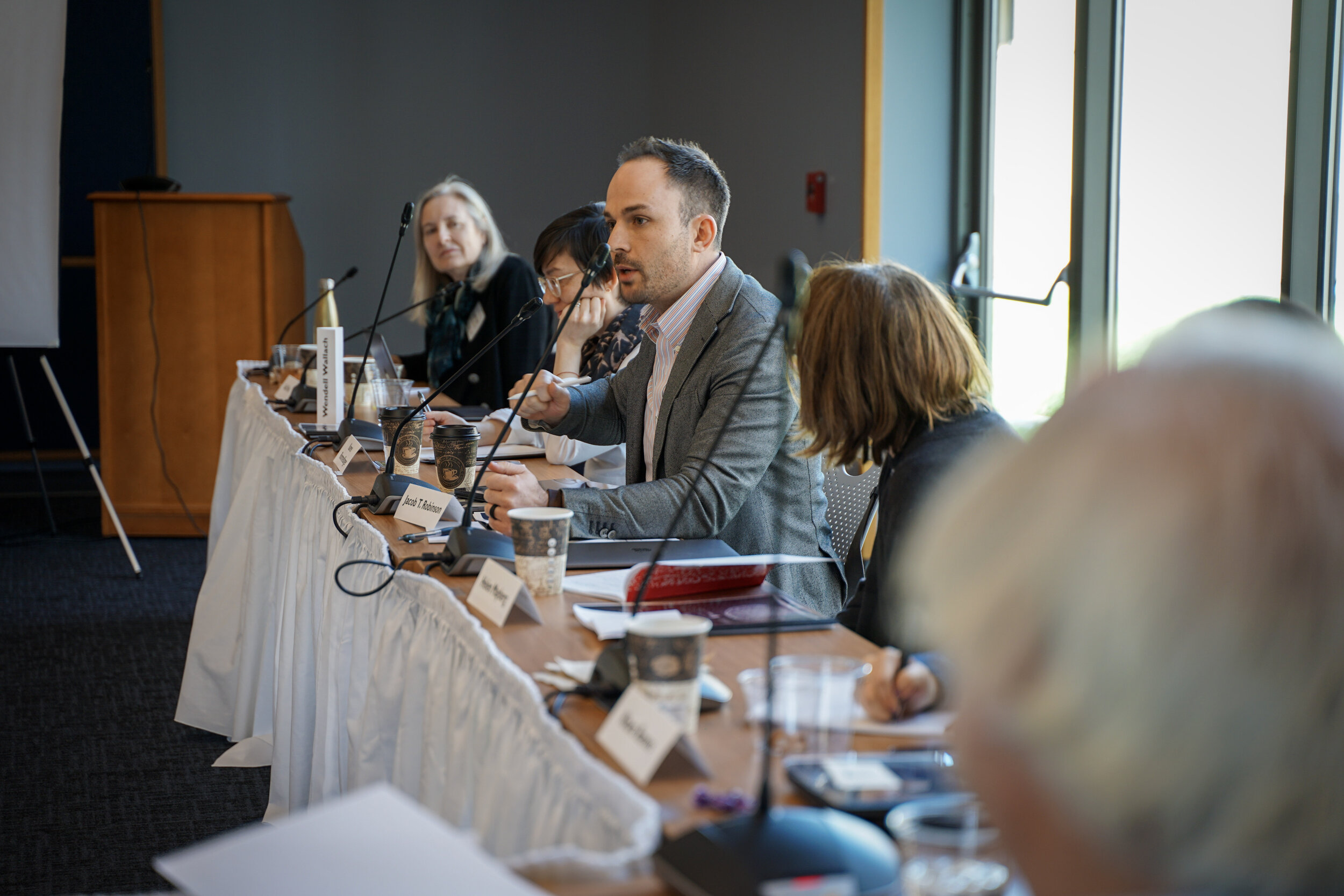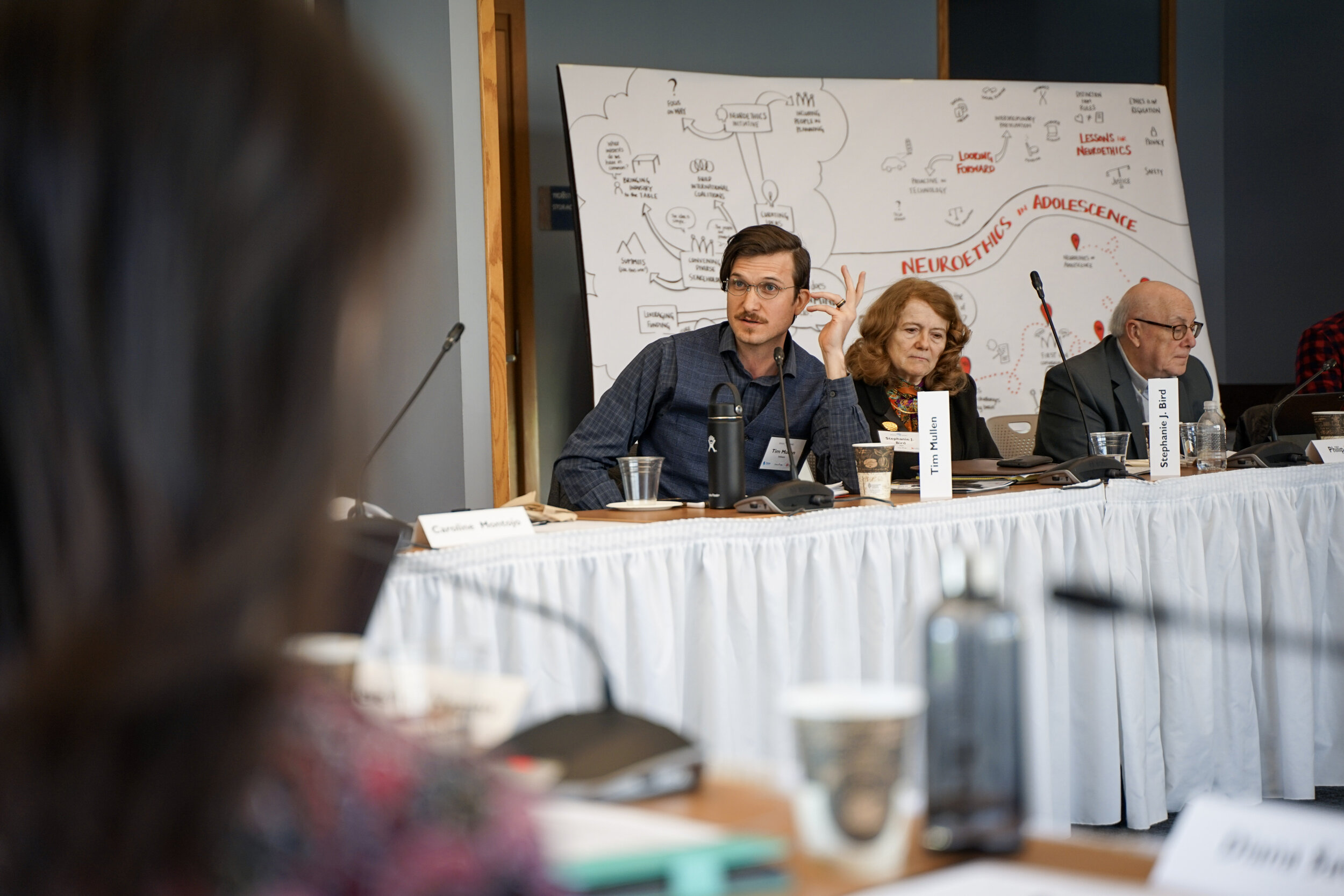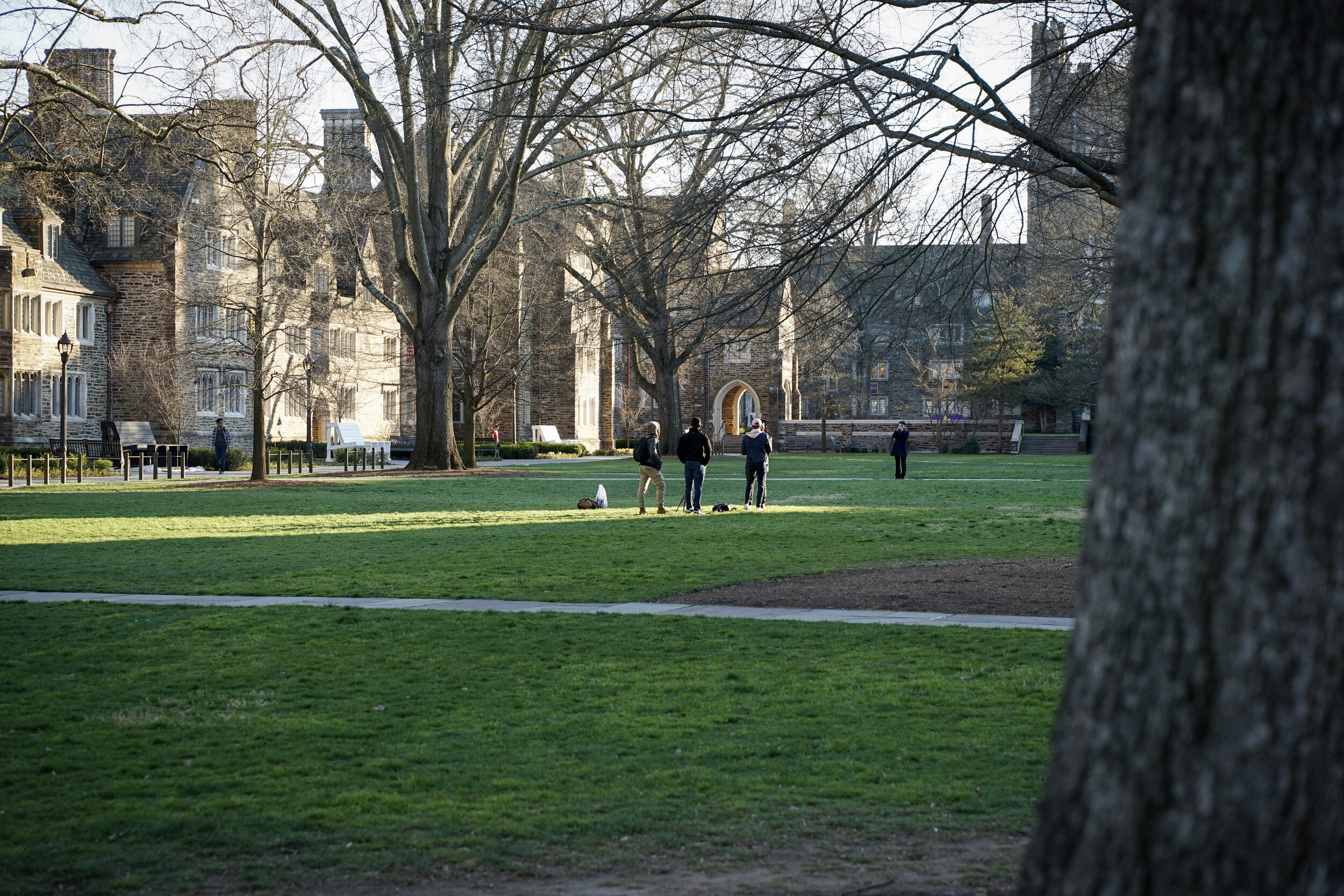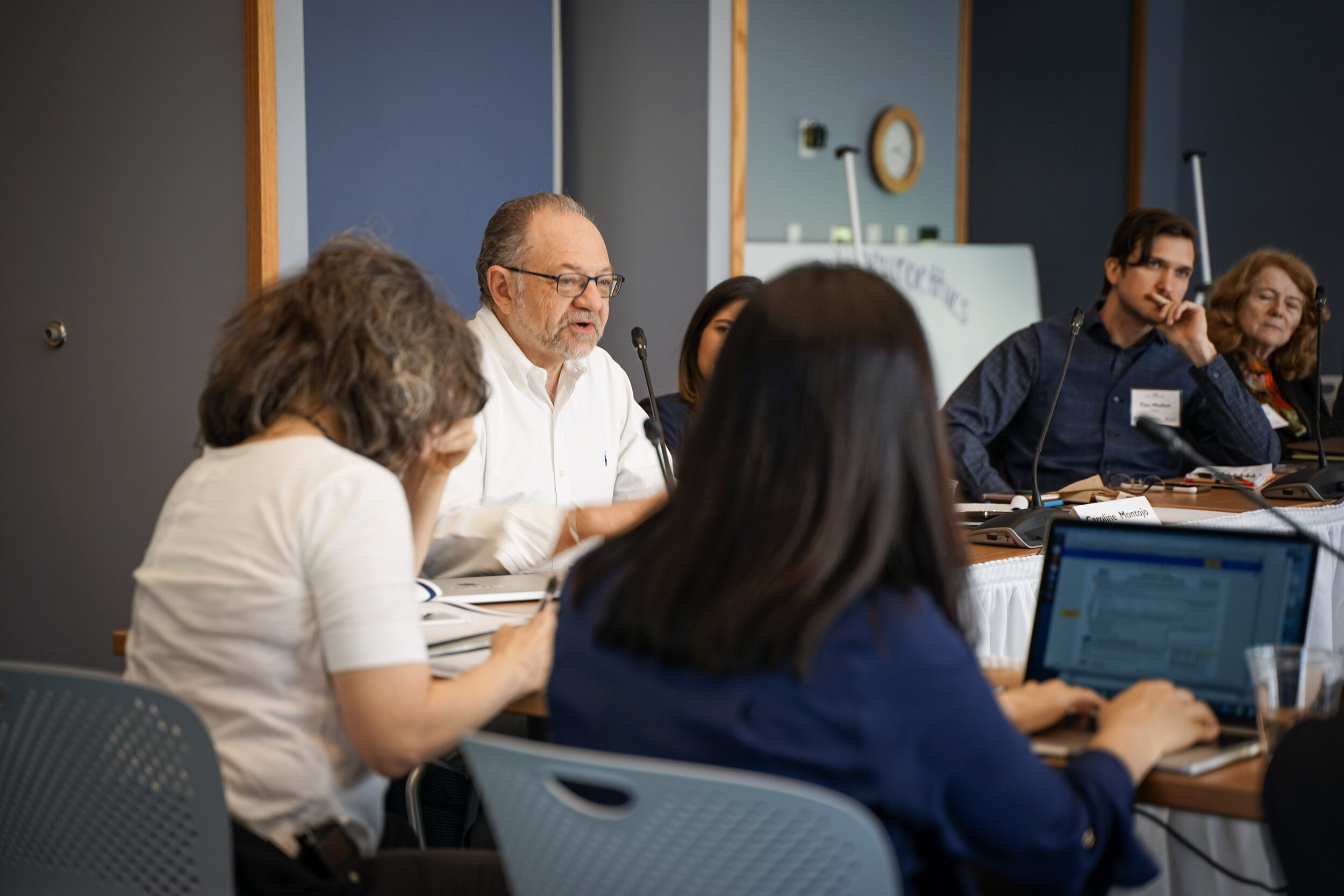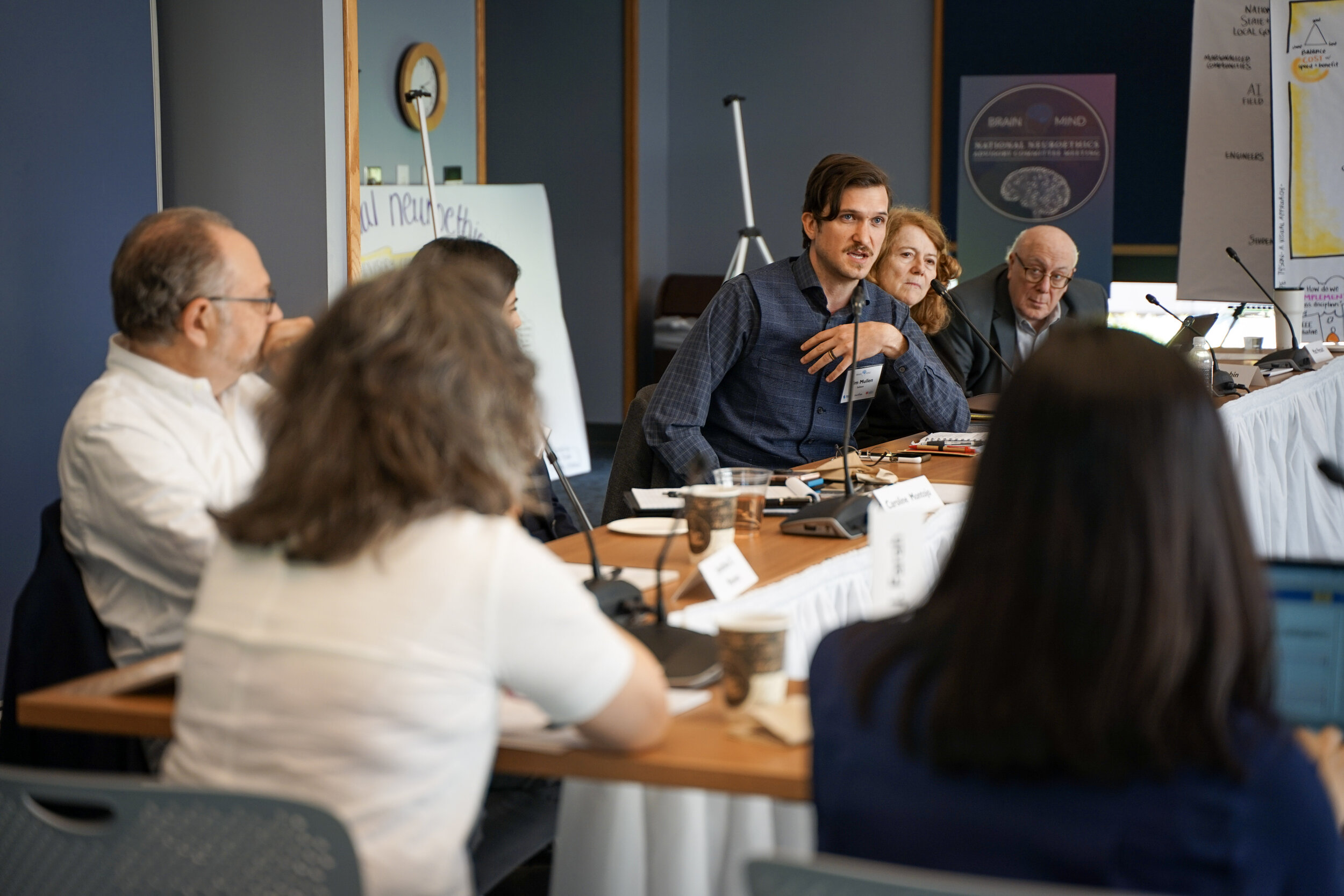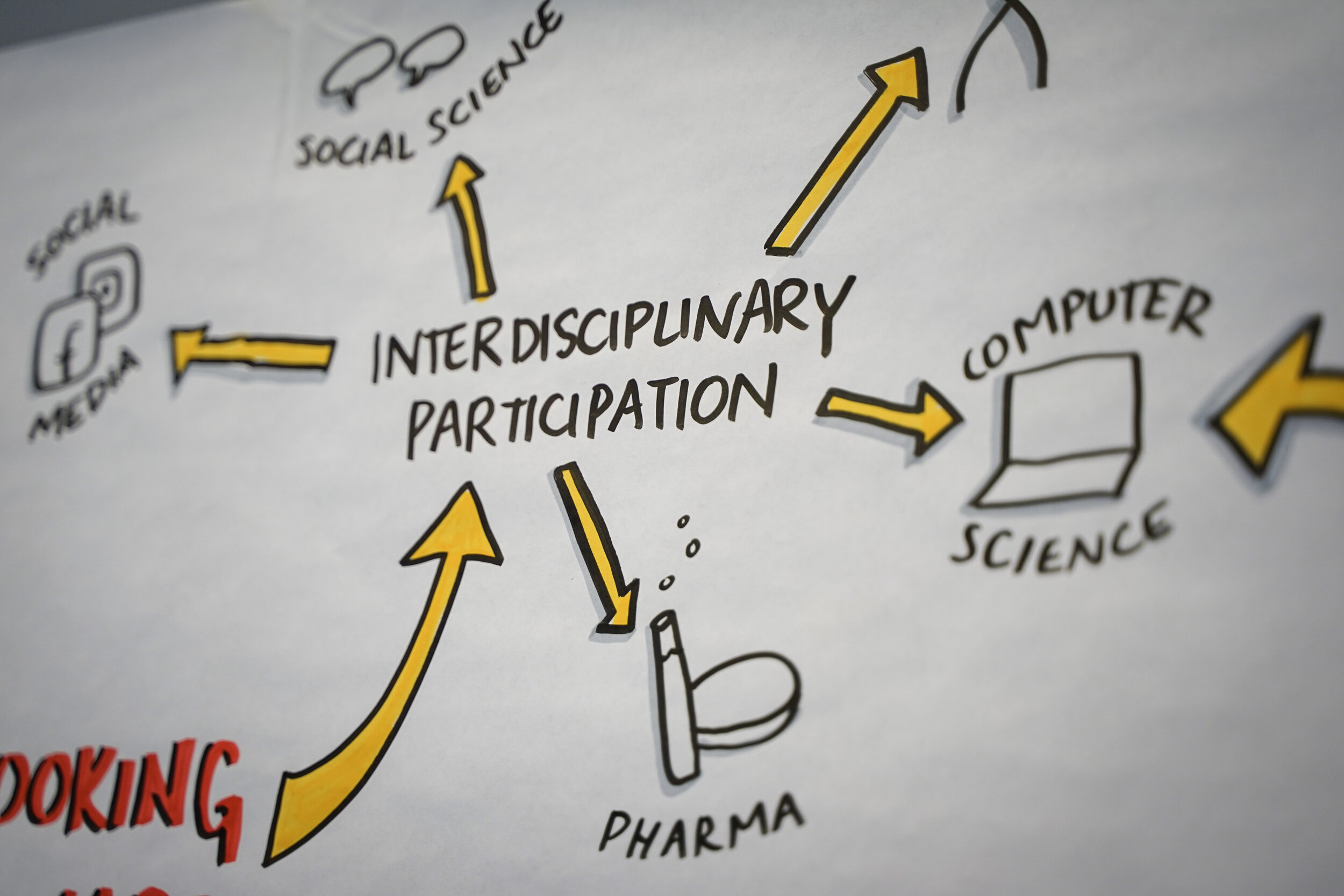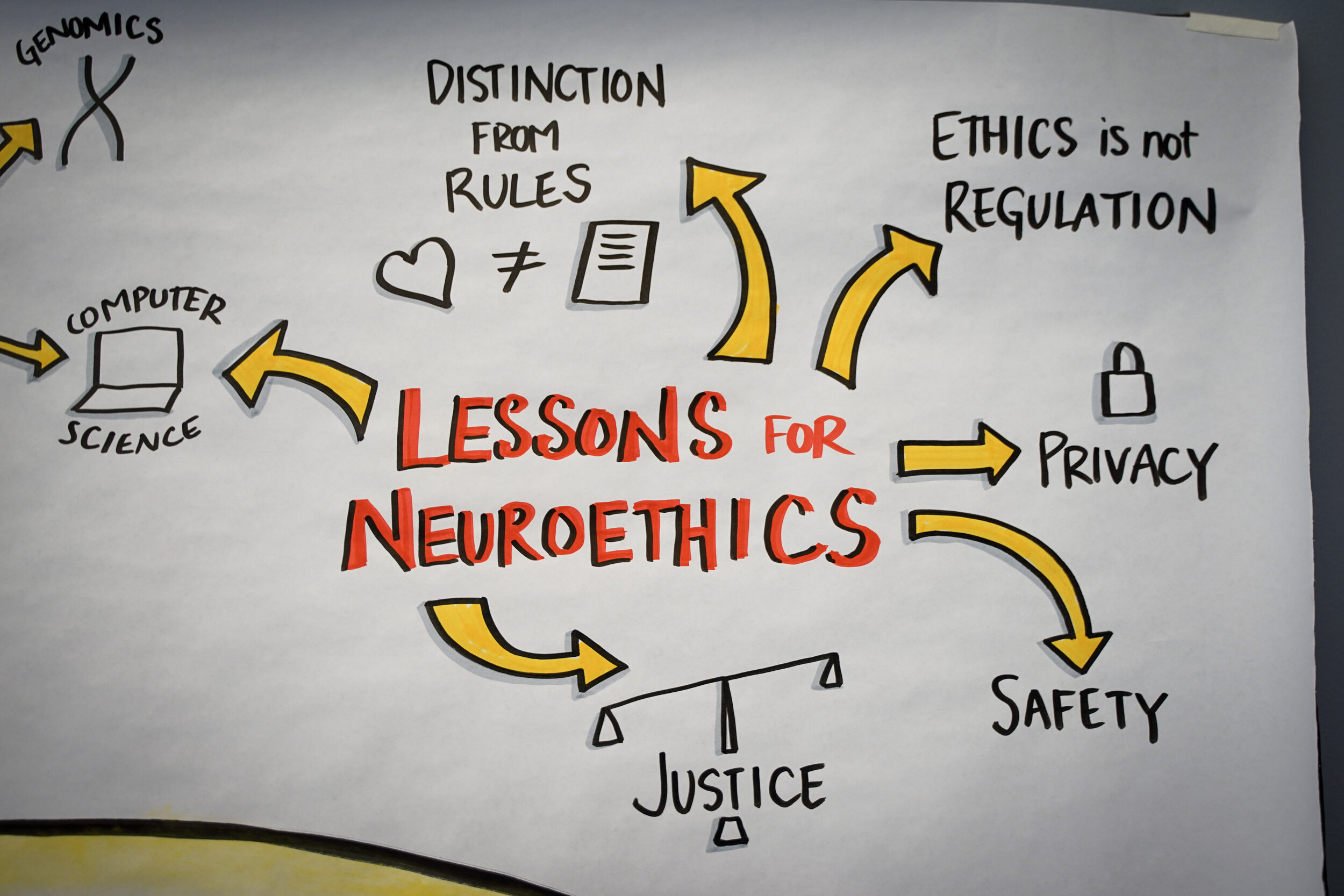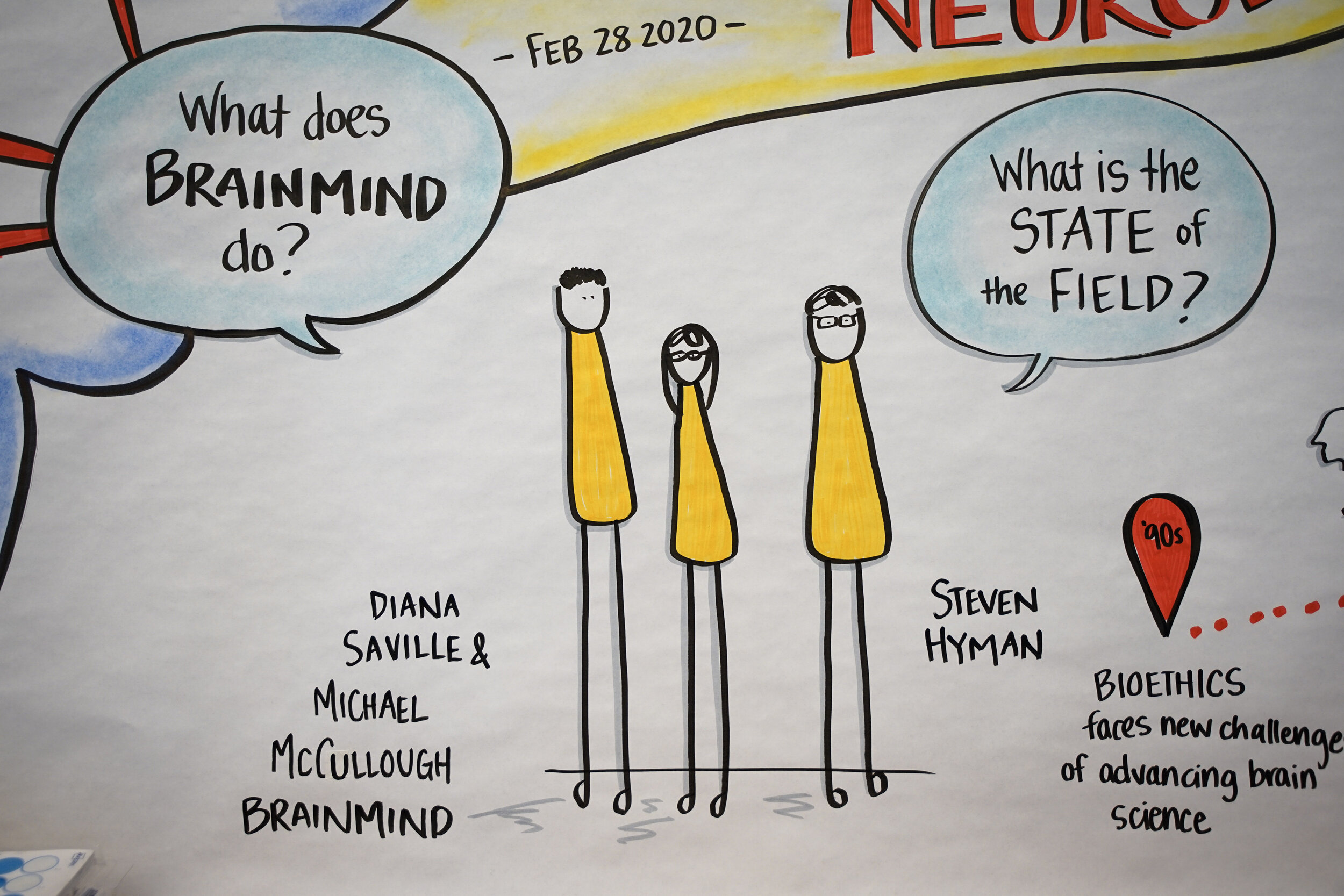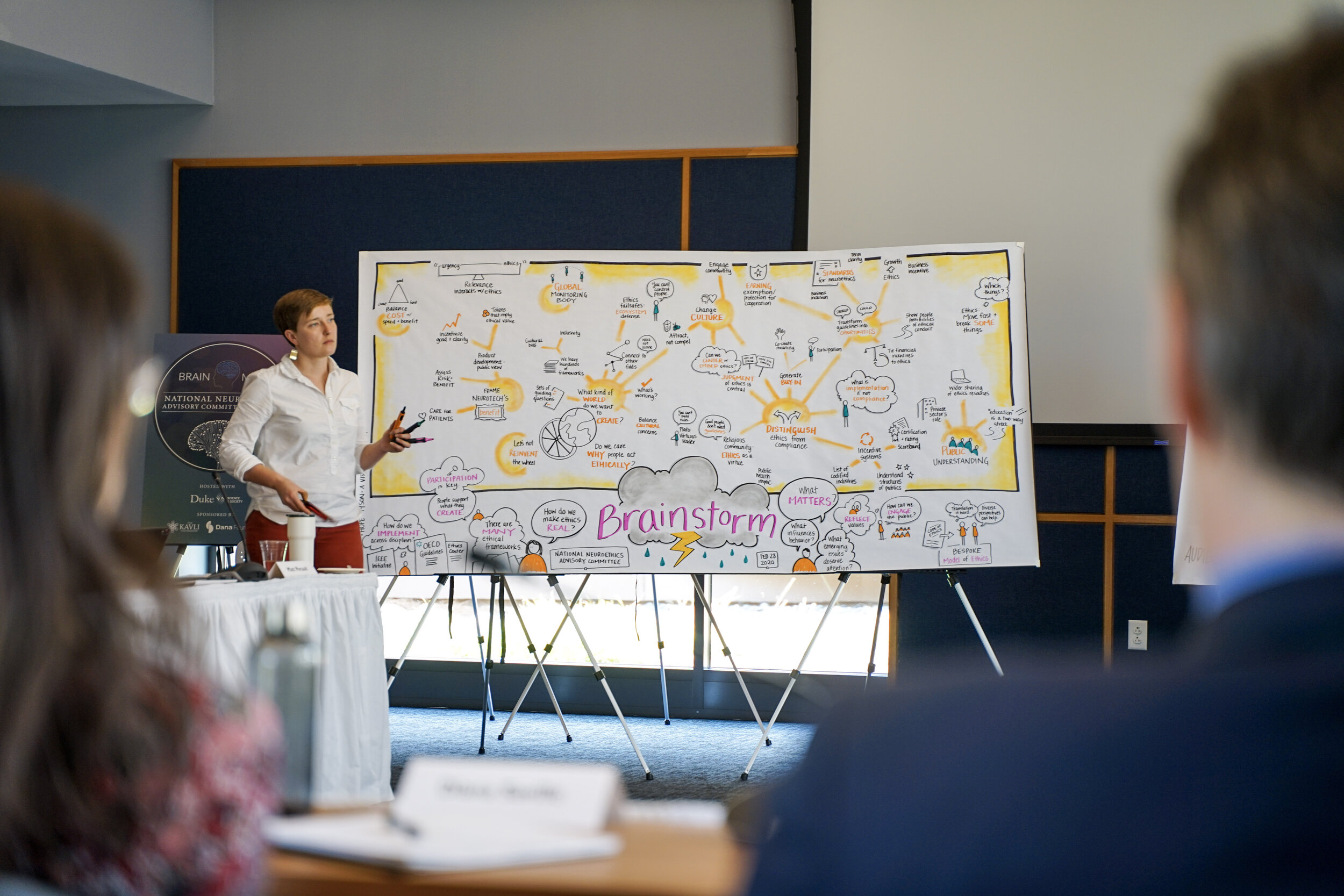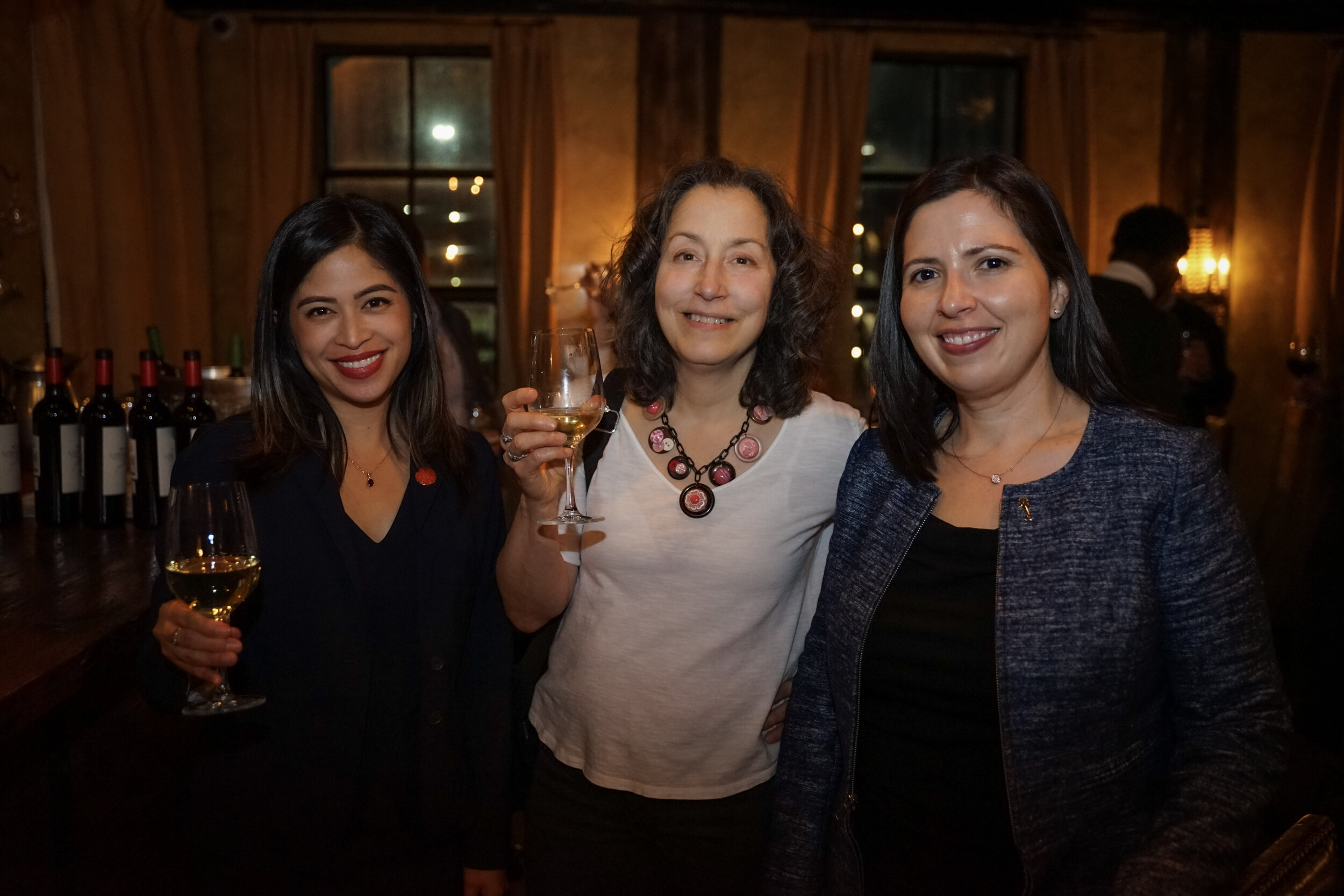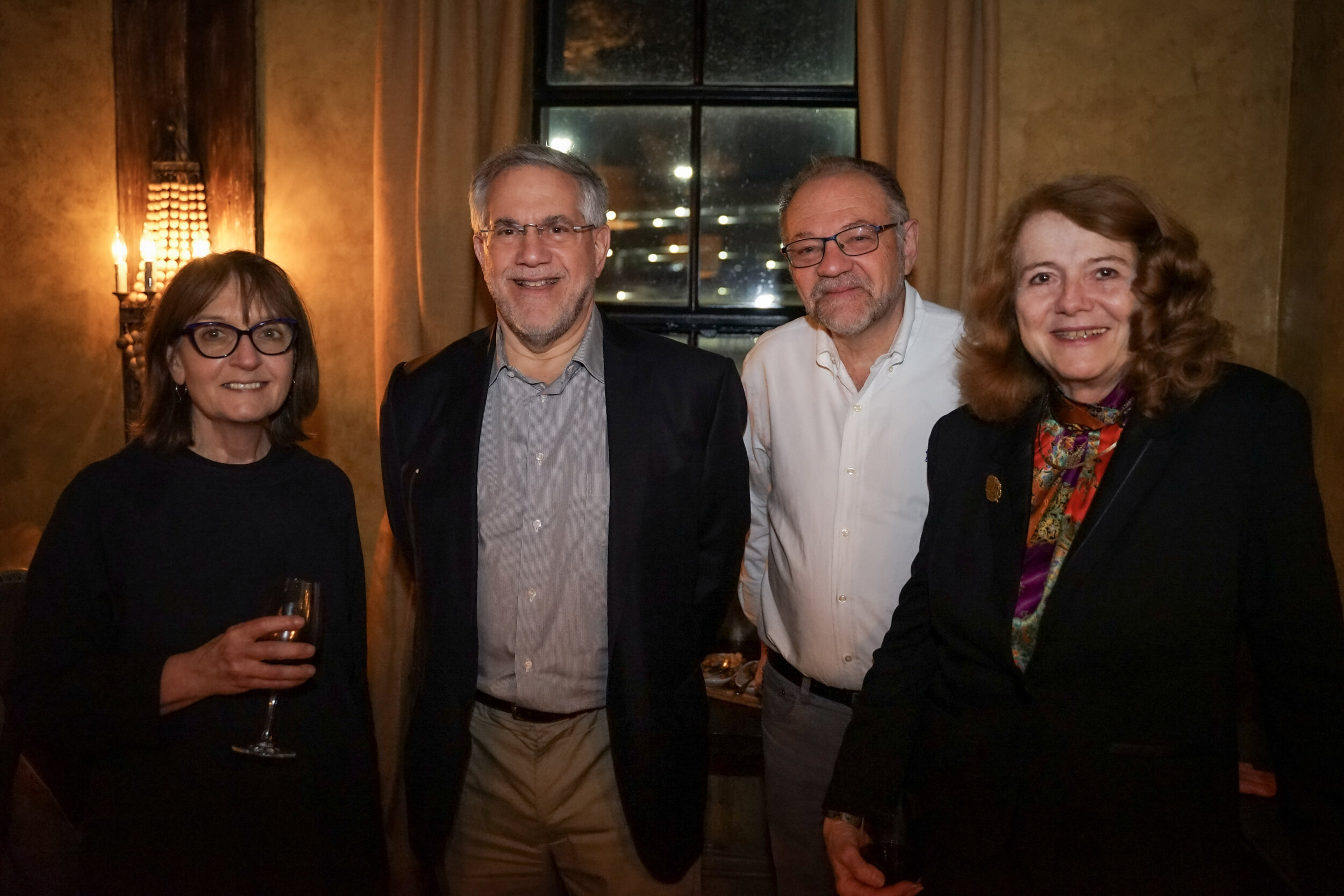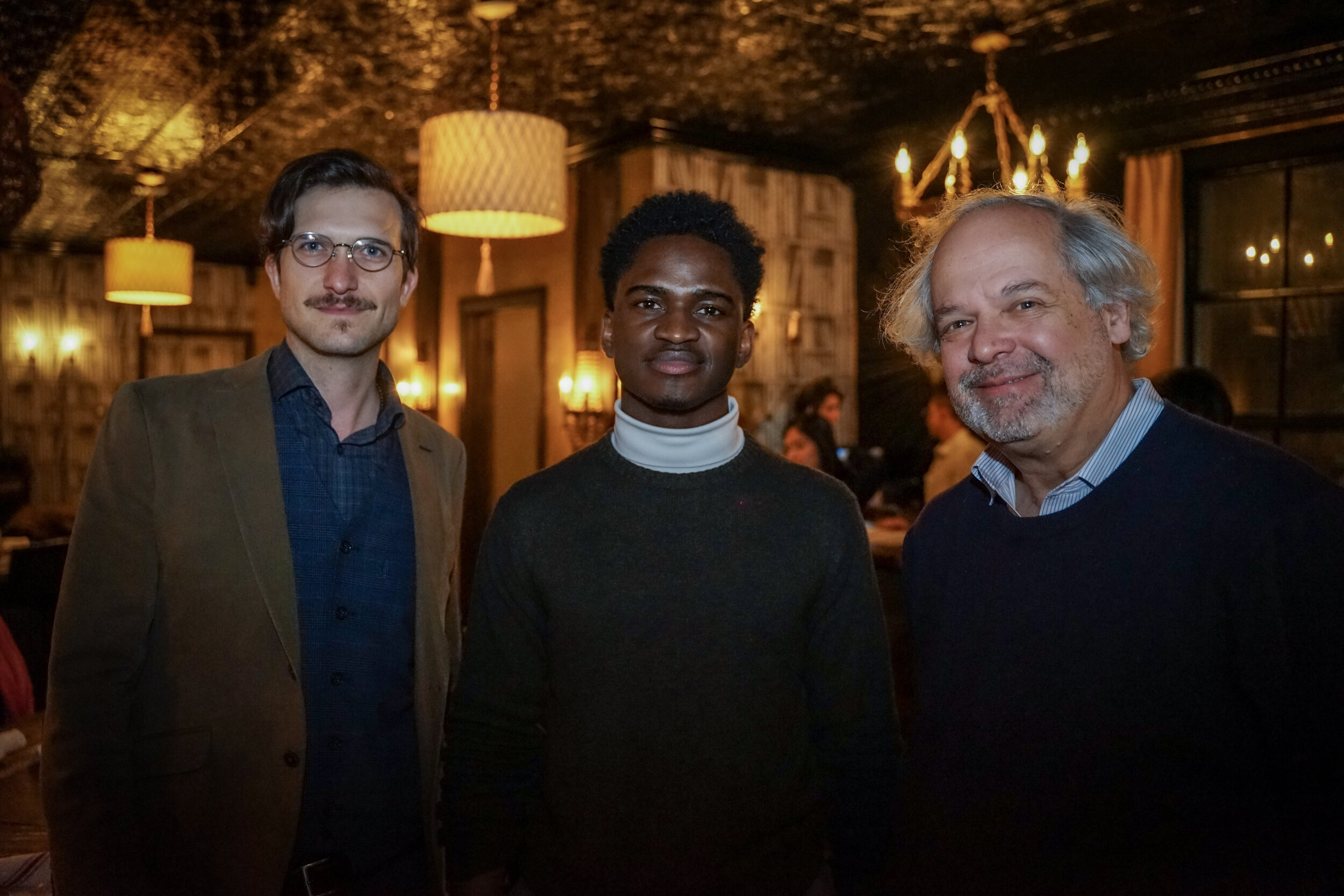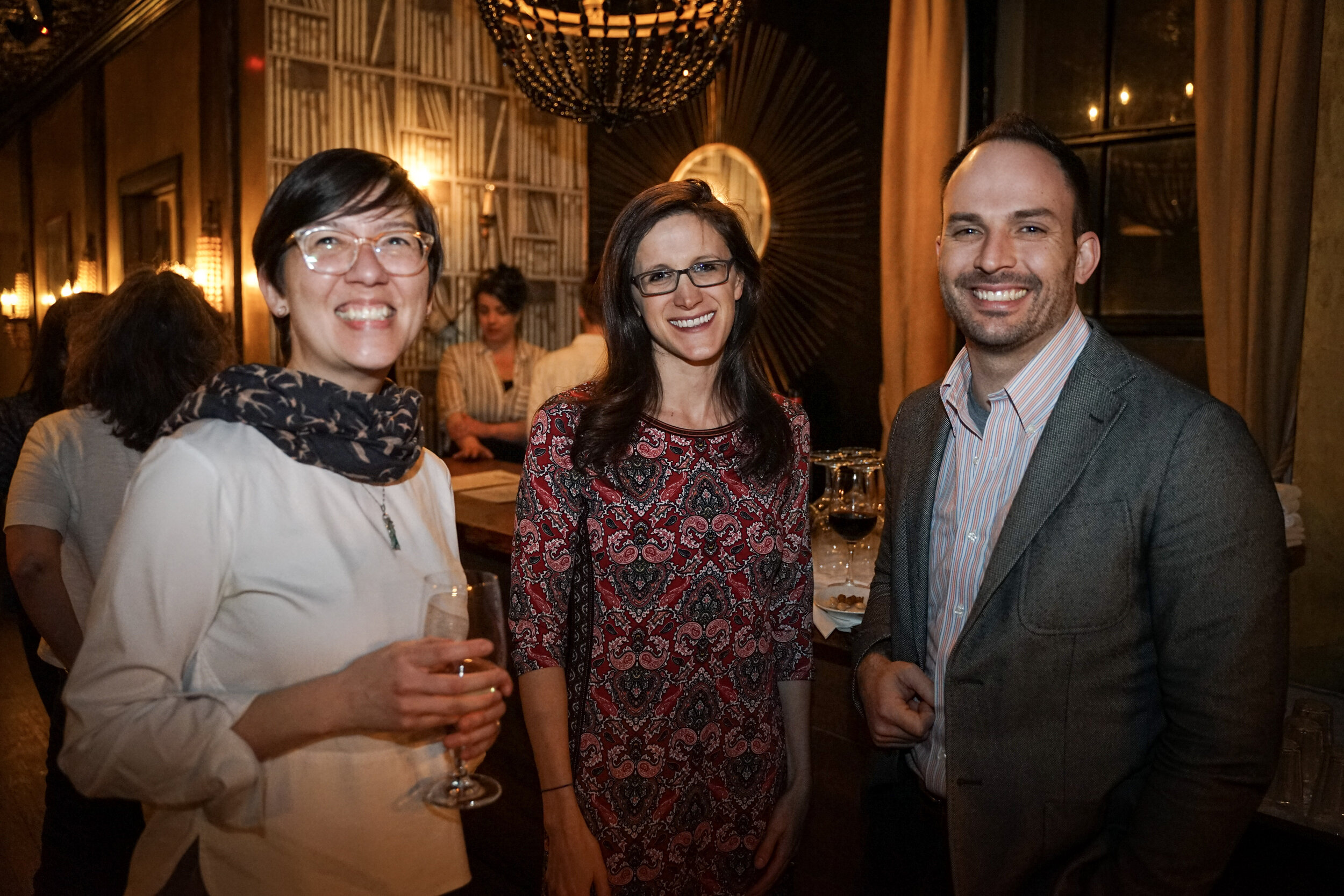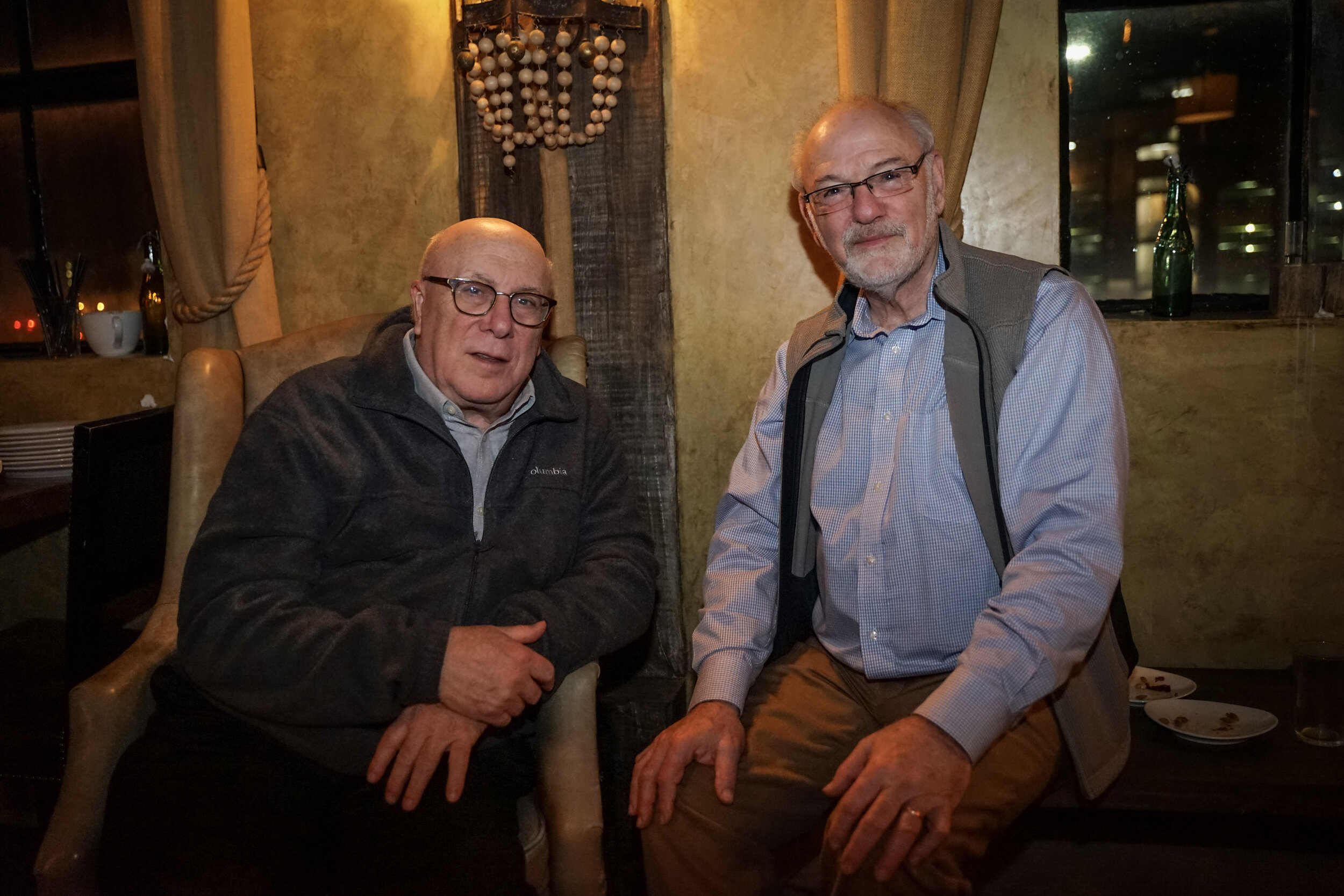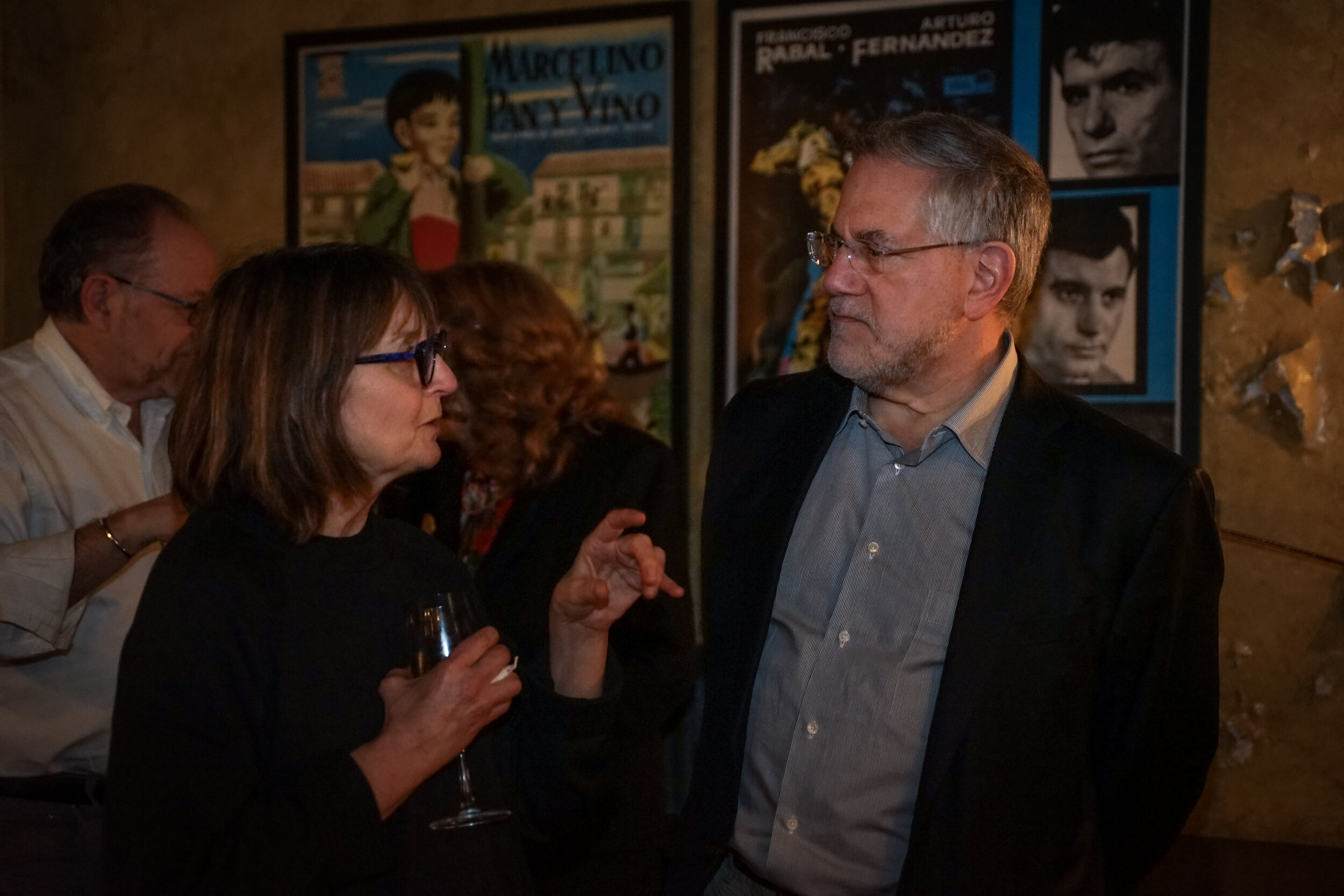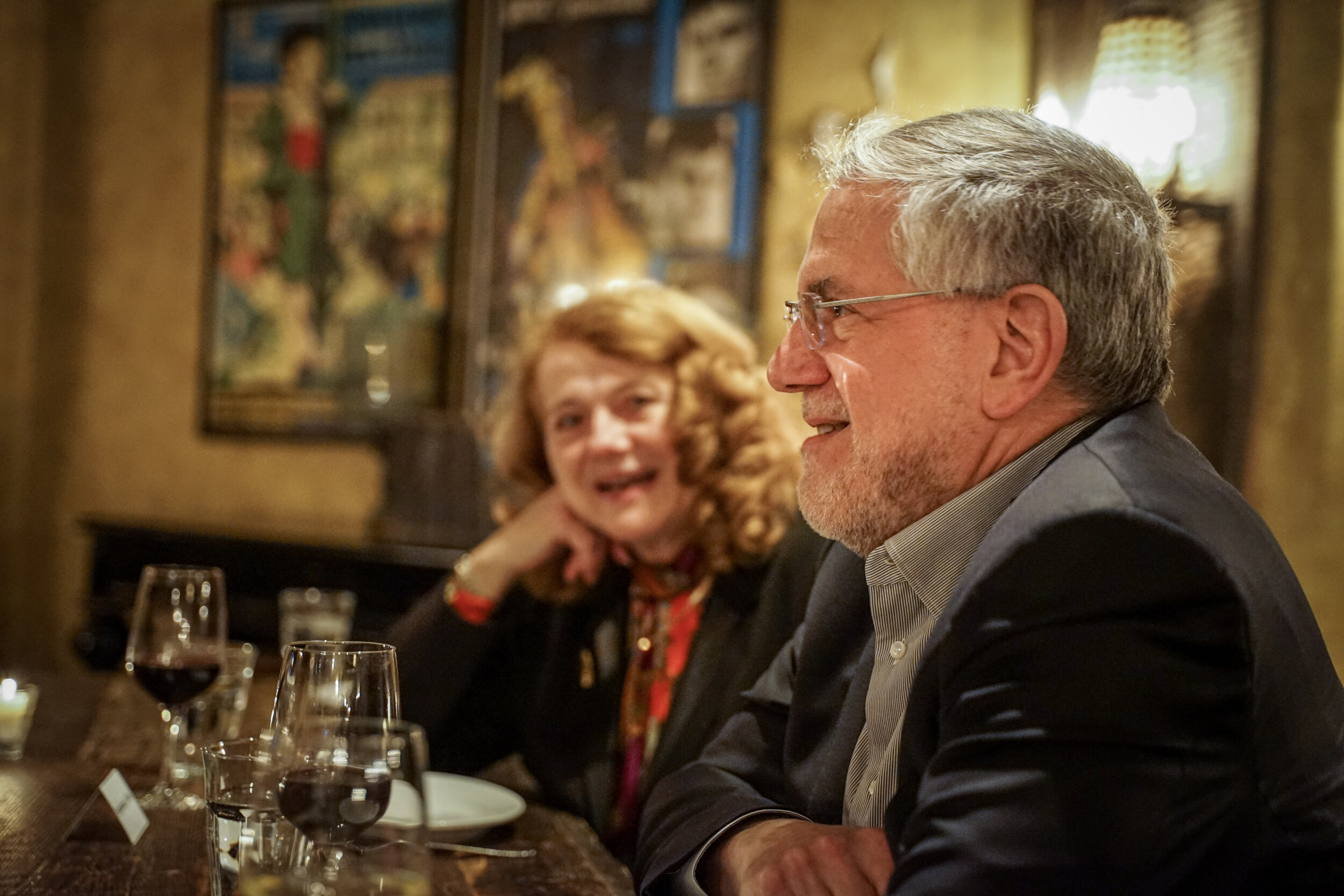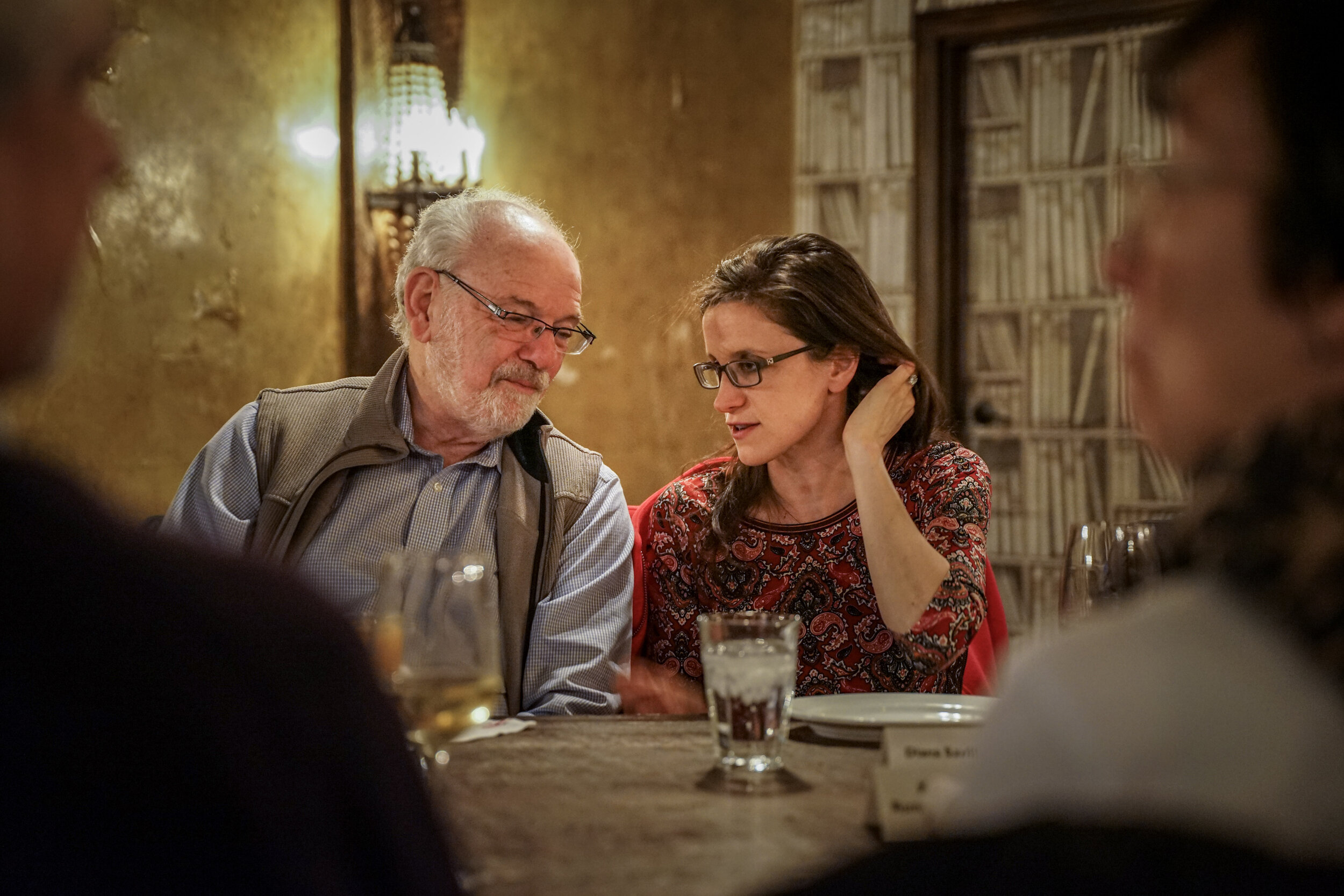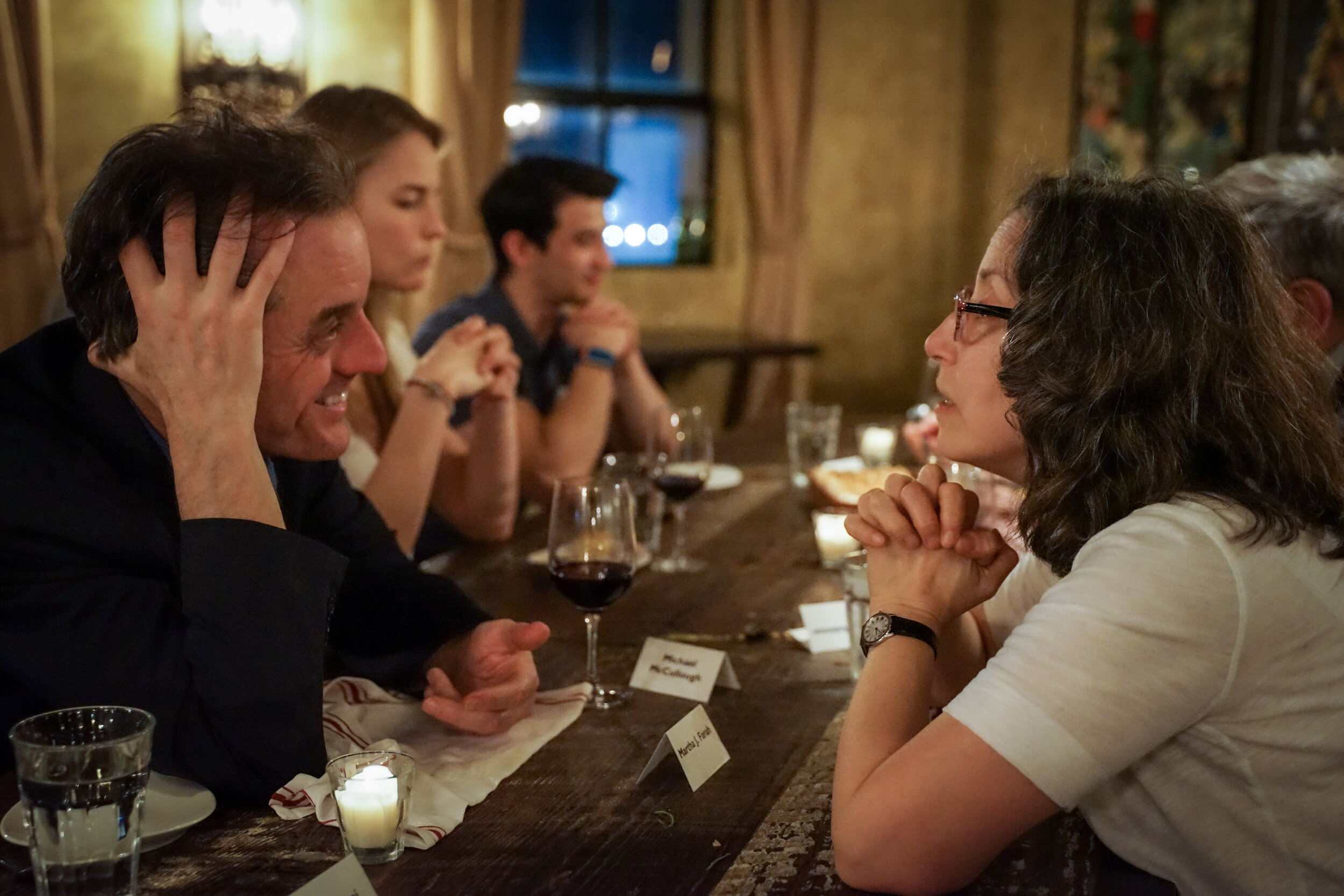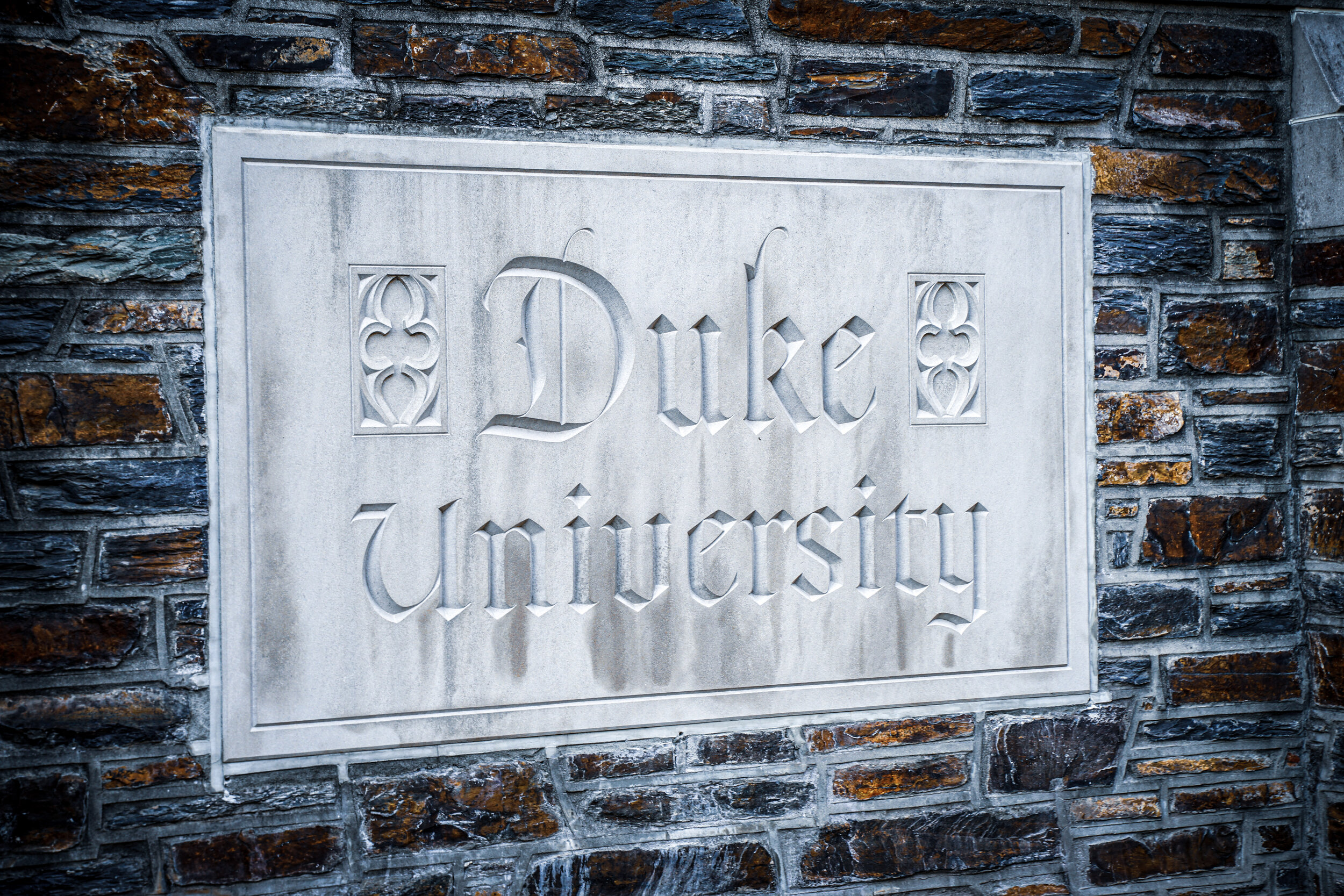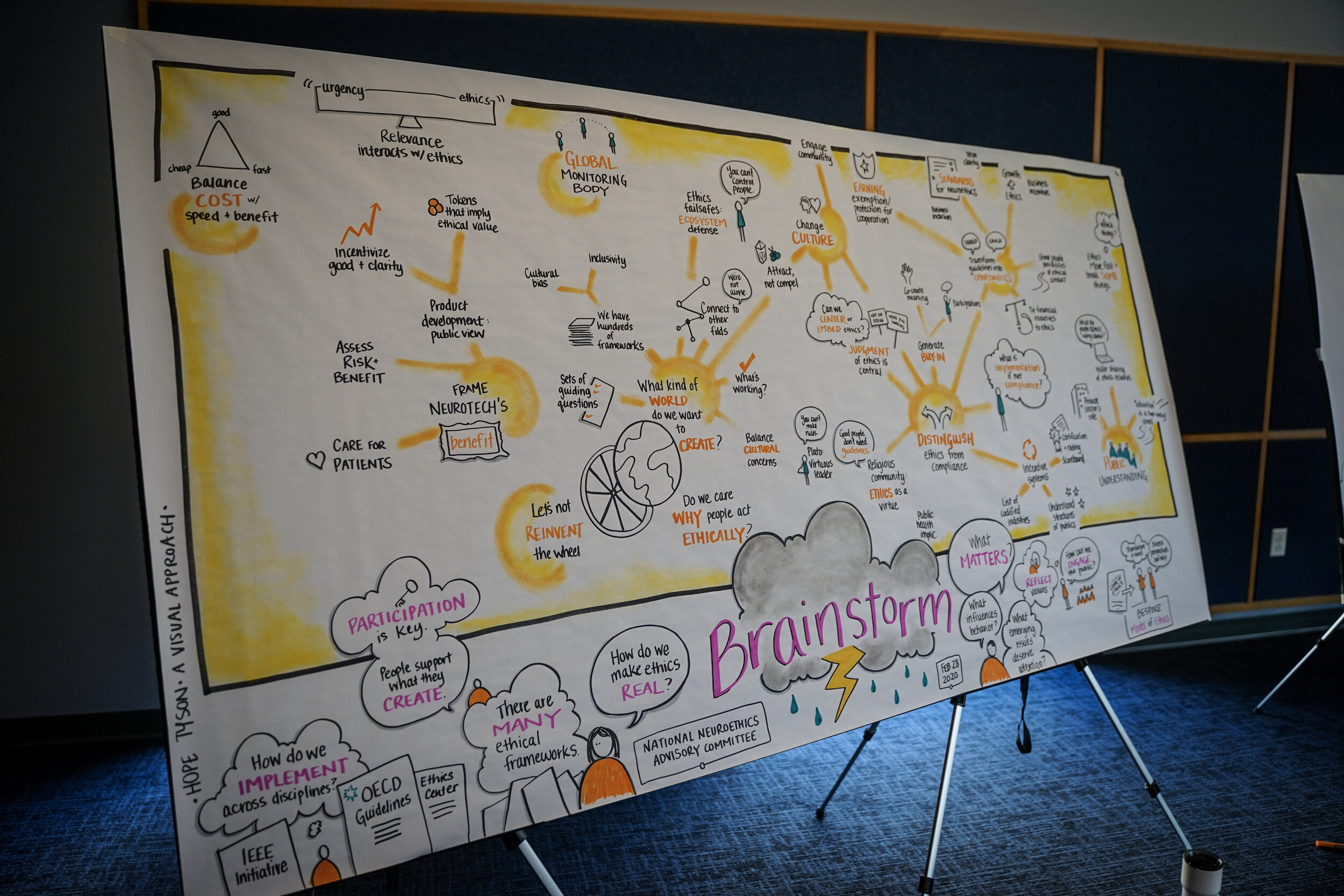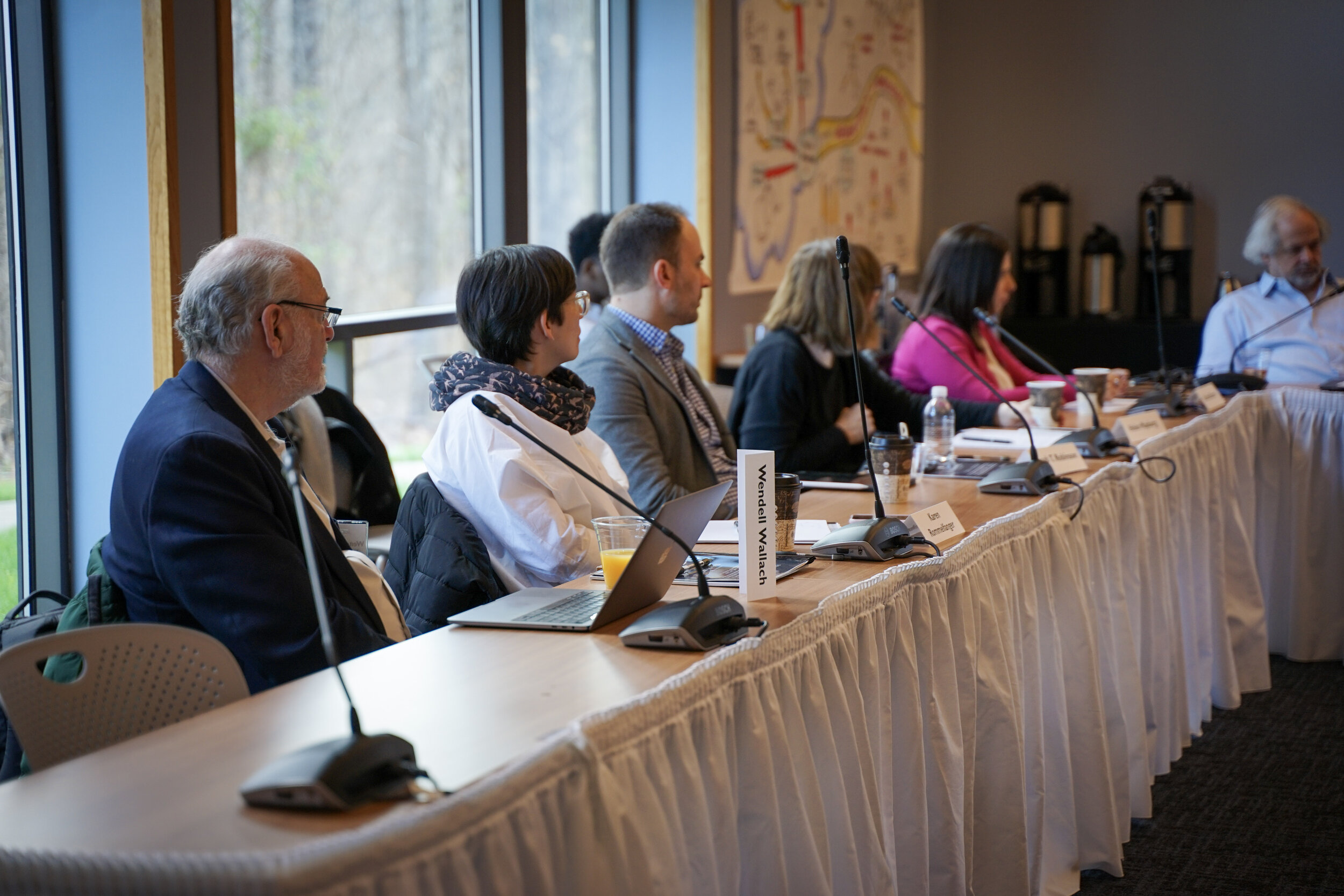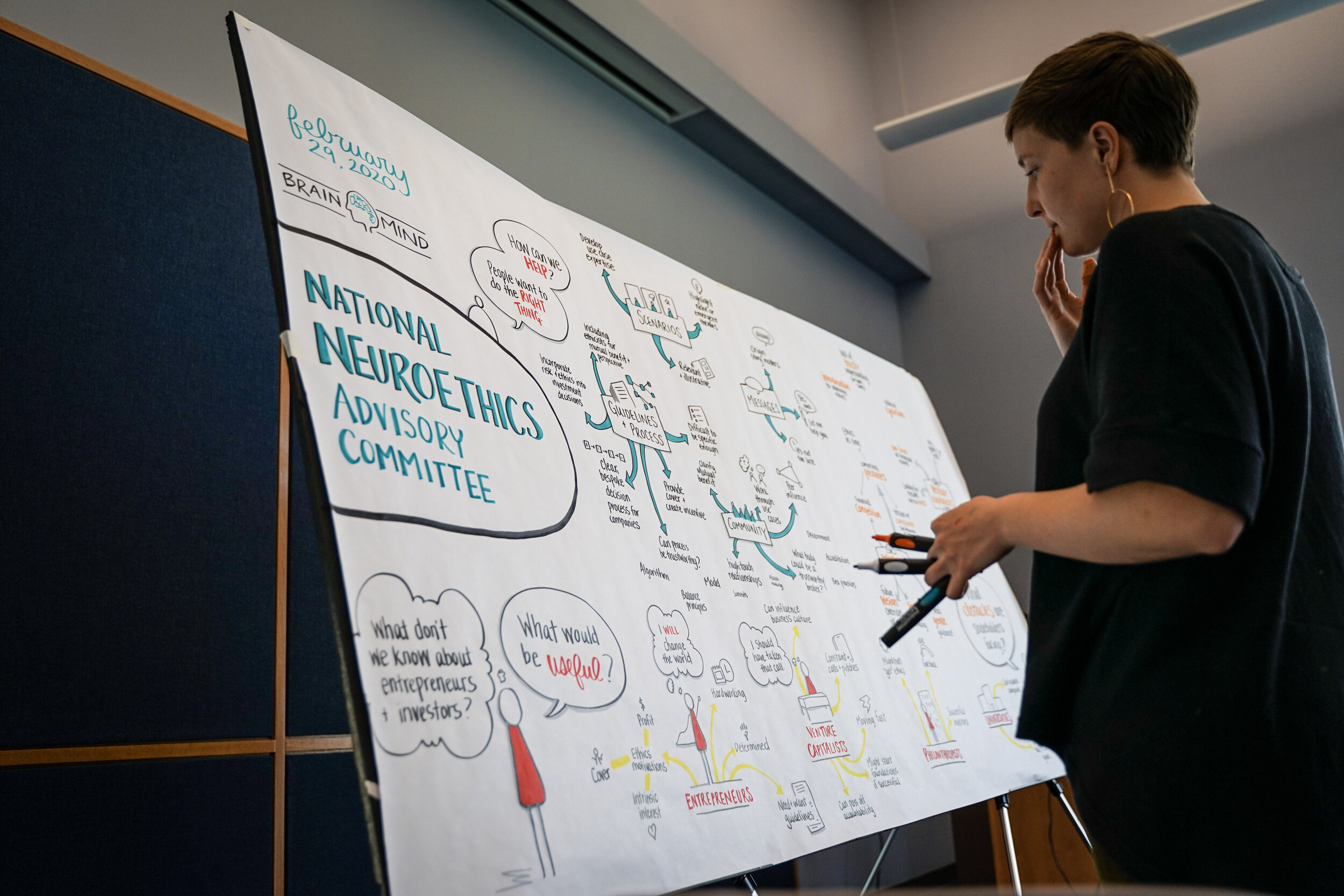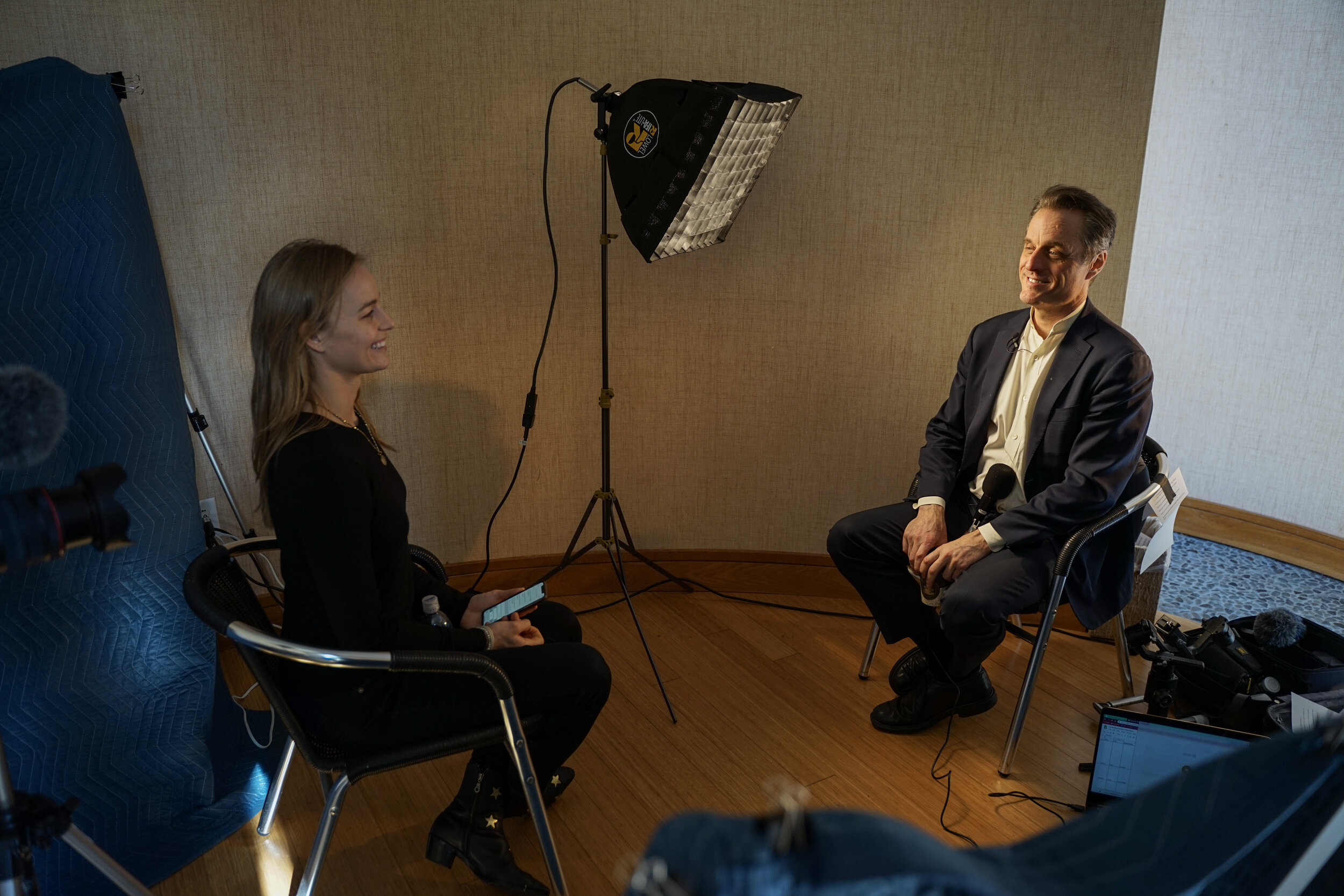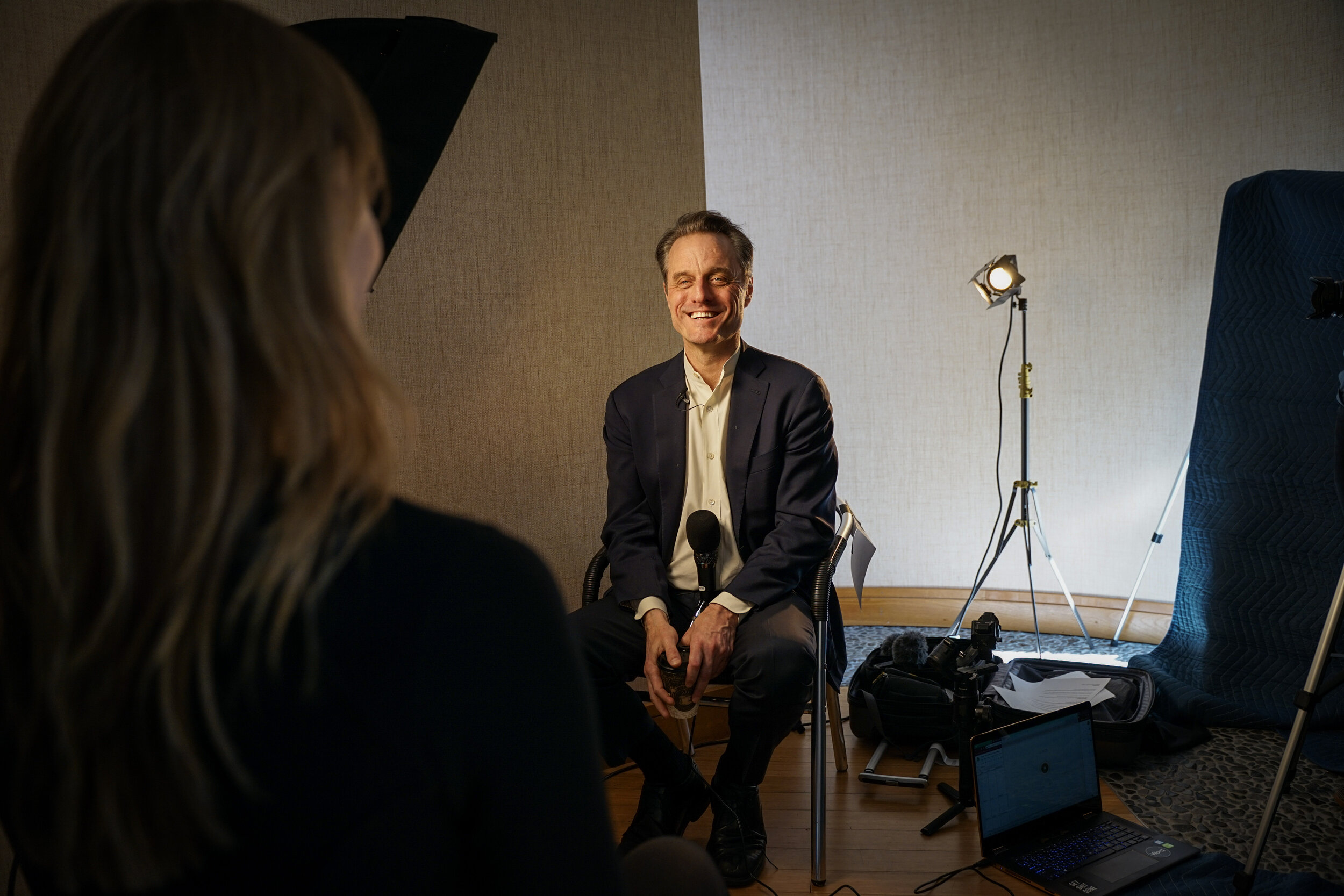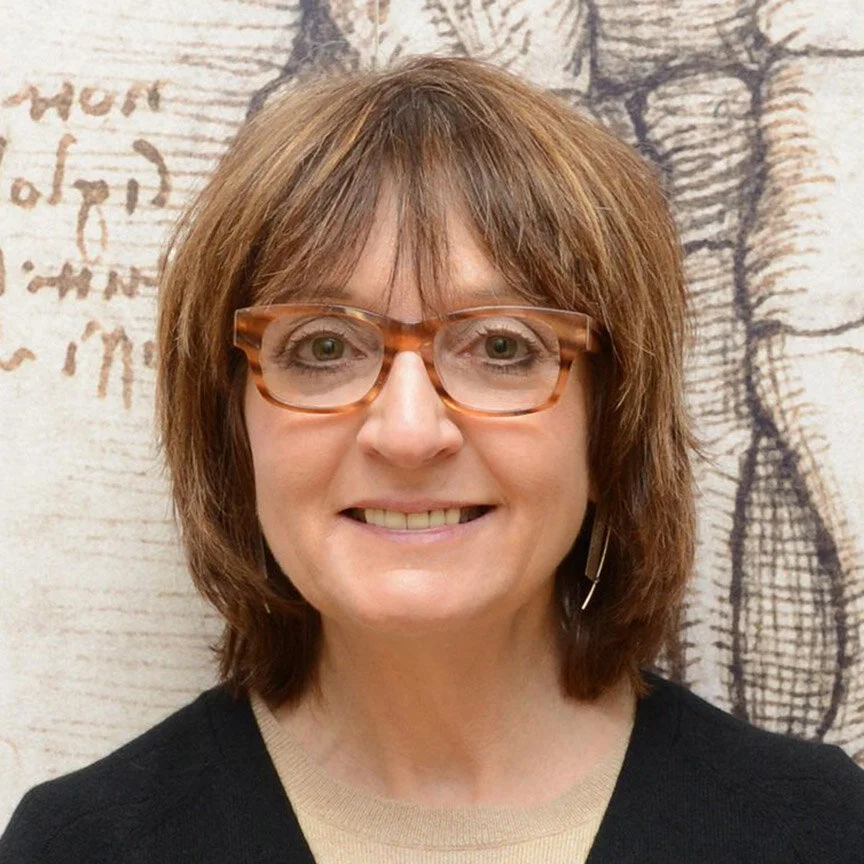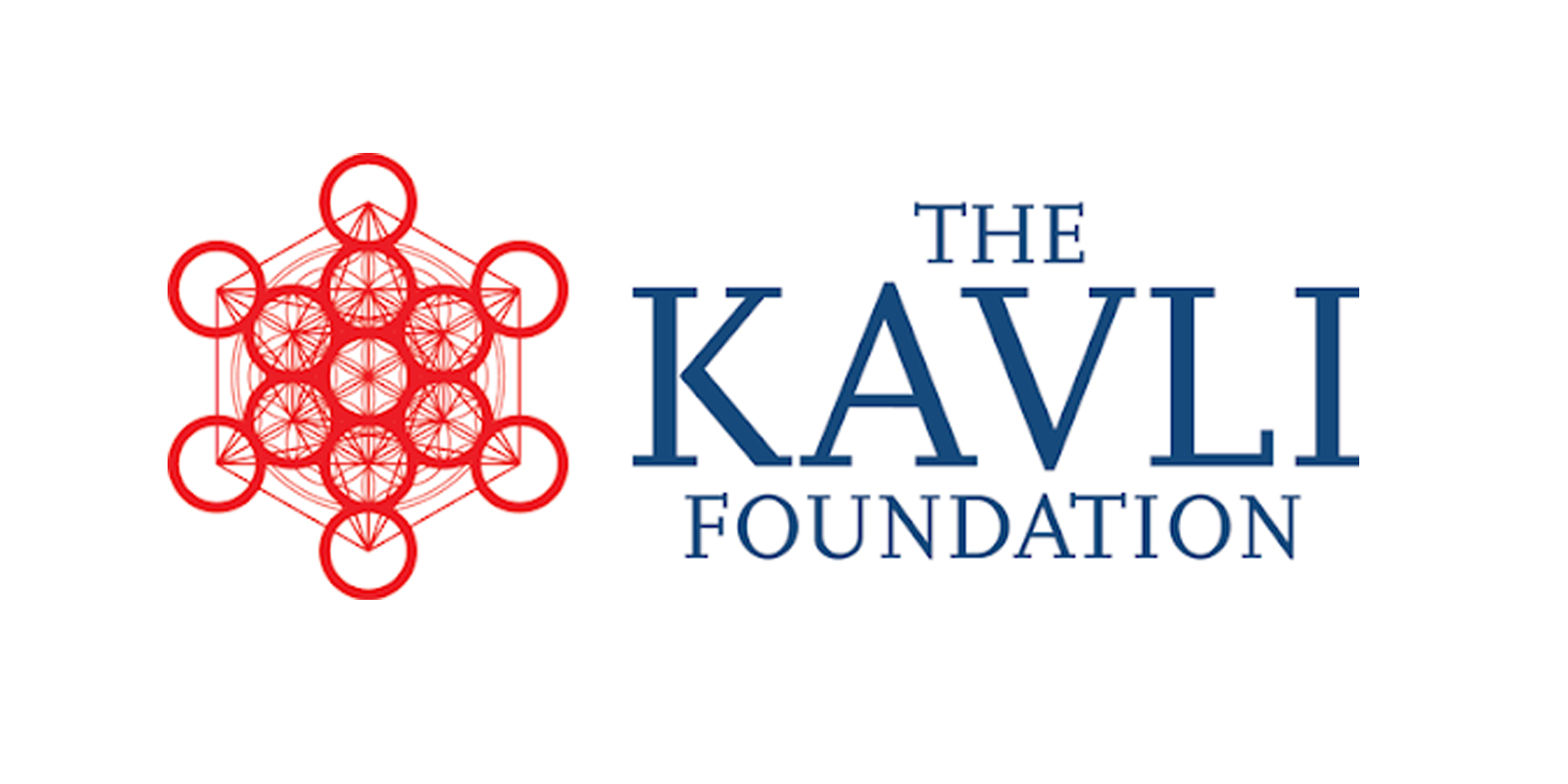The workshop will be hosted at the Château de la Muette, OECD Headquarters
On July 11-12, 2022, BrainMind and the OECD Working Party on Bio-, Nano-, and Converging Technologies (BNCT) will convene a group of interdisciplinary leaders to advise on how to secure the role of neuroethics in the future of neuroscience research and in its applications to human brain health and functioning. With the fast growth in private and public investments in neurotechnology around the globe, it is a critical time for a diverse community to discuss principles for interactions with industry, policymakers, and new trainees, and other issues that will guide the development of a vibrant and influential field poised to transform our lives.
The meeting will focus on the implementation of neuroethics frameworks across academia, entrepreneurship, public policy, and investing, including the OECD Recommendation. Participants will include 25 leaders from major neuroscience academic institutions, funding organizations, policymakers, and prominent private sector stakeholders committed to neuroscience innovation. On Monday, July 11th, activities will commence with a moderated panel discussion at the FENS forum. The advisory group will then kick off with a private dinner that evening. The advisory session will convene for a full day at the OECD Headquarters on Tuesday, July 12th, followed by a private reception. Sessions will be moderated by Dr. Karen Rommelfanger, founder of the Institute for Neuroethics, with support from the Charles A. Dana Foundation.
AGENDA
Monday, 11 July 2022 (half day)
2:00pm – 3:30pm
FENS Forum Session “The future of neuroethics in brain research and development”
Location: Paris Expo Porte de Versailles, Pavilion 7, Hall I (1 Pl. de la Porte de Versailles, 75015 Paris)
(Note: Arrive early! You’ll need to pick up your Day Pass at registration and it’s a large space to navigate.)
7:00pm – 10:00pm
Group Dinner **It’s on a yacht. Surprise!**
Location: Yacht Josephine (3 Port Debilly, 75016 Paris, France)
(Note: The yacht leaves the dock at exactly 7:30pm- plan accordingly!)
Tuesday, 12 July 2022 (full day)
BrainMind-OECD Workshop “Neuroethics Implementation in the Private Sector”
Location: OECD, La Muette headquarters in Paris, Salle Ockrent (2 Rue André Pascal, 75016 Paris, France)
8:15am – 9:00am
Registration, Breakfast
9:00am – 1:00pm
Introductions, Tour de Table
Session 1. Emerging challenges for ethical neurotechnology innovation
Session 2. Putting ethical principles into practice – existing tools and mechanisms
1:00pm – 2:30pm
Lunch
2:30pm – 5:30pm
Session 3. Playing a role in the responsible development of neurotechnology
Session 4. Moving forward - next steps and key activities
5:30pm – 6:00pm
Gallery Walk, Close
6:00pm – 8:00pm
Cocktail reception
8:30pm – 9:30pm
Group Social Activity **No surprises, just excellent company**
BrainMind-OECD Neuroethics Advisory Committee
Team
BrainMind’s commitment to neuroethics is central to its mission to advance neuroscience research and entrepreneurship that will most benefit humanity. Creating a new vital connective tissue between the lab and society, BrainMind’s neuroethics initiative considers how to maximize the potential benefits and minimize the hazards that accompany rapid innovations in brain science.
The OECD is a transnational intergovernmental policy organization with 38 member countries. In December 2019, OECD member countries adopted the Recommendation on Responsible Innovation in Neurotechnology, the first international neuroethics soft law guidance. The OECD is currently working to engage a multi-stakeholder group to assess best practices for implementation of the recommendation and recognizes the importance of cross-sectoral collaboration.
This advisory meeting will inform the implementation efforts of neuroethics softlaw guidance instruments and discuss the concrete roles and activities of different actors. Its outcomes will also inspire the agenda for a larger (tentatively 250 person) interdisciplinary summit to be convened by BrainMind and a number of international collaborators at the Asilomar California Conference Grounds in 2023. Convening key actors from the private sector, this effort aims to demonstrate best practices for implementing neuroethical inquiry toward advancing the most powerful neuroscience and neurotechnology outcomes for society
PREVIOUS MEETINGS
BRAINMIND NEUROETHICS ADVISORY COMMITTEE MEETING
This meeting took place on Feb 27-29, 2020 in Durham, NC. The summit was chaired by Dr. Steven Hyman, co-hosted with Dr. Nita Farahany at the Duke Initiative for Science & Society, and was made possible by sponsorship from The Kavli Foundation and the Charles A. Dana Foundation.
A small group of interdisciplinary leaders anchored this important national advisory committee, which will help to set the agenda for the larger (tentatively 250 person) international, interdisciplinary summit to be convened at the Asilomar Conference Grounds in 2021. This effort differs from other neuroethics summits by engaging more deeply with representatives from the private sector, including entrepreneurs, investors, and executives from the technology and life science industries.
Participants in the first advisory committee meeting included leaders from the NIH/NINDS, the US BRAIN Initiative, the International Neuroethics Society, the International Brain Initiative, and the Institute of Electrical and Electronics Engineers (IEEE). It is particularly timely to formulate the role of neuroethics in the future of neurotechnology. The importance of such deliberations and the are highlighted by new investments in brain projects across the world, a burgeoning neurotechnology industry, and other fast-moving sources of innovation. It is a critical time for a diverse community to discuss areas in neuroscience in most in need of new intellectual energy and financial support, principles for interactions with industry, and other issues that will guide the development of this vibrant and influential field.
First Neuroethics Advisory Committee
Steven E. Hyman, MD Committee Chair
Nita Farahany, PhD, JD Committee Co-host
PURPOSE
The goal of this advisory committee meeting was to begin designing the agenda for BrainMind’s global neuroethics summit focused on the research, development, distribution, and use of existing and near-term innovations in brain science, to be convened at the Asilomar Conference Grounds in California. With this summit, we envision the collaborative creation of ethics guidance for members of the BrainMind ecosystem and its partners, including neuroscientists (basic to clinical), entrepreneurs, investors, philanthropists, major industry stakeholders, and policymakers. Over the 1.5-day meeting, we asked this group to help identify the most important and practically relevant topics for discussion within neuroethics, to suggest individuals and organizations to be included in the summit and further planning efforts, and to help think through how to implement the resulting output in the real world. The findings from this meeting has been collated into a report that will guide future advisory sessions with key international and business stakeholders.
TOPICS
Topics of discussion for the BrainMind Neuroethics Summit will be focused on practical guidelines around neurotechnology and science likely to significantly impact human beings in the next ten years. In the effort to advance neuroscience for the benefit of humanity, we will look closely at the intersections among neuroscience, technology, brains, and minds with respect to such areas as memory and memory editing, narrative identity, psychological continuity, agency, moral responsibility and legal culpability, brain computer interfaces, mind-reading, embryo selection and genome editing for cognitive ability or other mental traits, boundaries between normal variation and mental illness, and ethical considerations for both philanthropic and commercial investment in research that touches these neuroethical issues.
OUR APPROACH
Experts have suggested that the neuroscience community (and scientists in general) tend to associate the term “ethics” with restrictive regulatory oversight, leading to avoidance of the subject. BrainMind’s neuroethics initiative will not focus on restricting innovation, nor will it revisit long-discussed bioethics issues concerning the brain, such as nonhuman primate research limitations and protections for human subjects. The health of the intellectual endeavor depends upon taking special care with terms like “governance” as this type of language tends to alienate the groups we hope to engage. Regulatory matters have been and continue to be ably handled by bioethicists and IRBs in consultation with experts such as those serving on our national advisory board.
OUTCOMES
The vision of the BrainMind neuroethics initiative is to create an active forum for deep discussion on neuroethics across traditionally siloed disciplines, connecting neuroethicists with neuroscientists, policymakers, and private sector stakeholders, as well as philanthropists and the broader community. Small multi-sectoral advisory meetings will build trust and a shared vocabulary across professional communities. This collaborative discourse will empower BrainMind ecosystem members who have little exposure to neuroethics to engage with their work with a healthy understanding of its potential impact on society.
A planned virtual roundtable series to follow the Advisory Committee meeting in 2020 will yield significant insights that will shape the agenda for the large Asilomar Summit.
SUPPORTERS
The BrainMind National Neuroethics Advisory Committee Meeting was made possible with sponsorship from The Kavli Foundation and the Charles A. Dana Foundation, with co-hosting support from the Duke Initiative for Science and Society.

